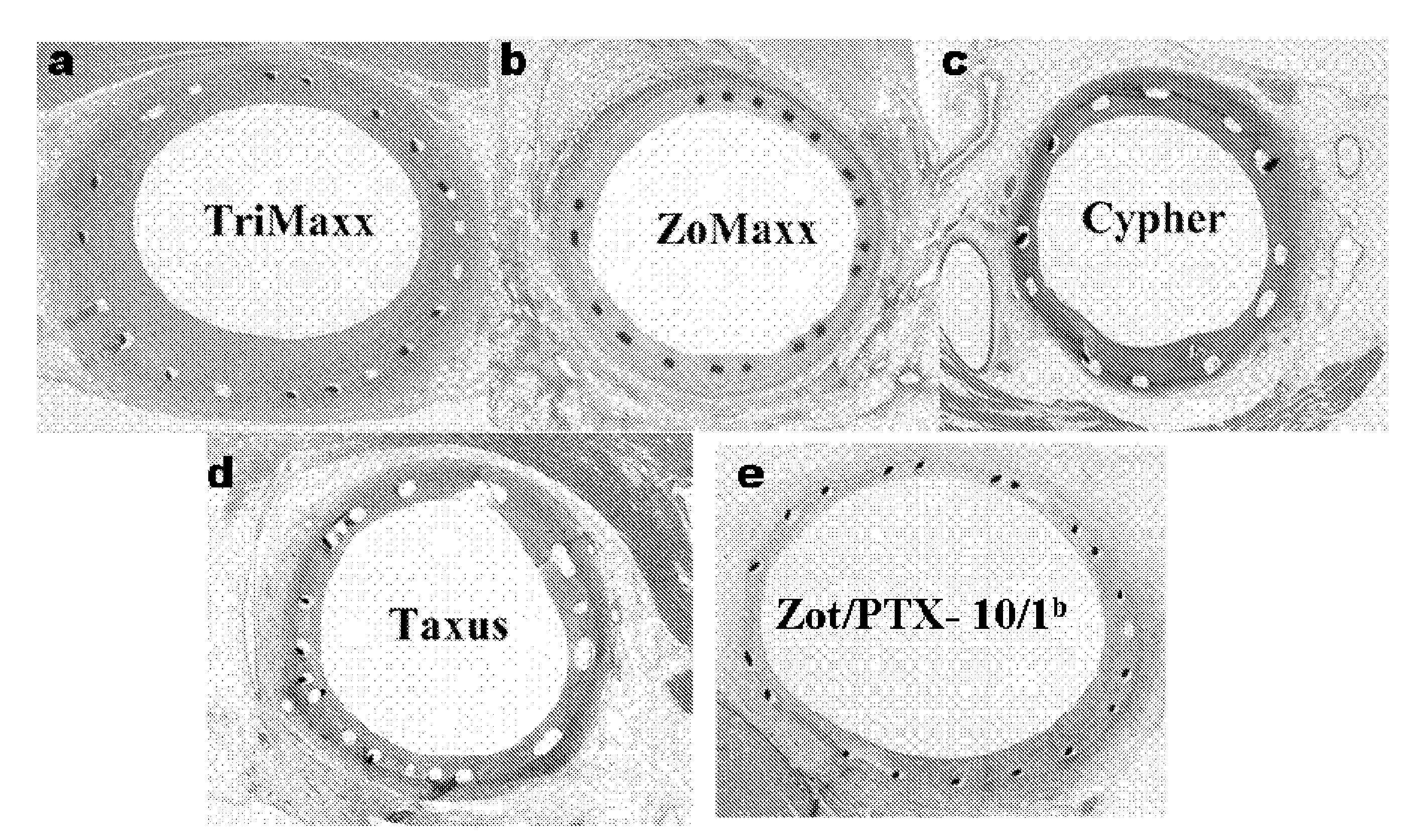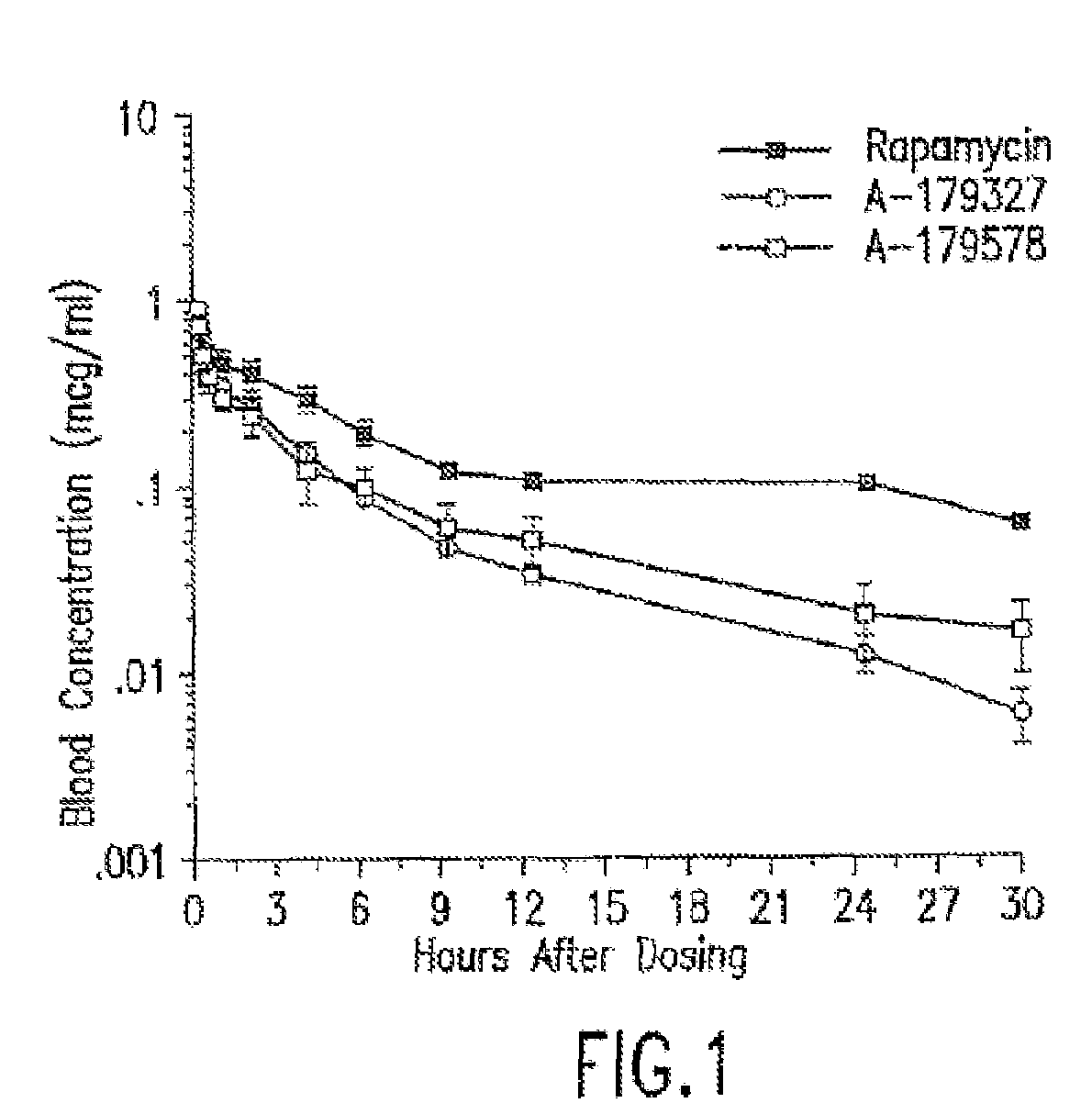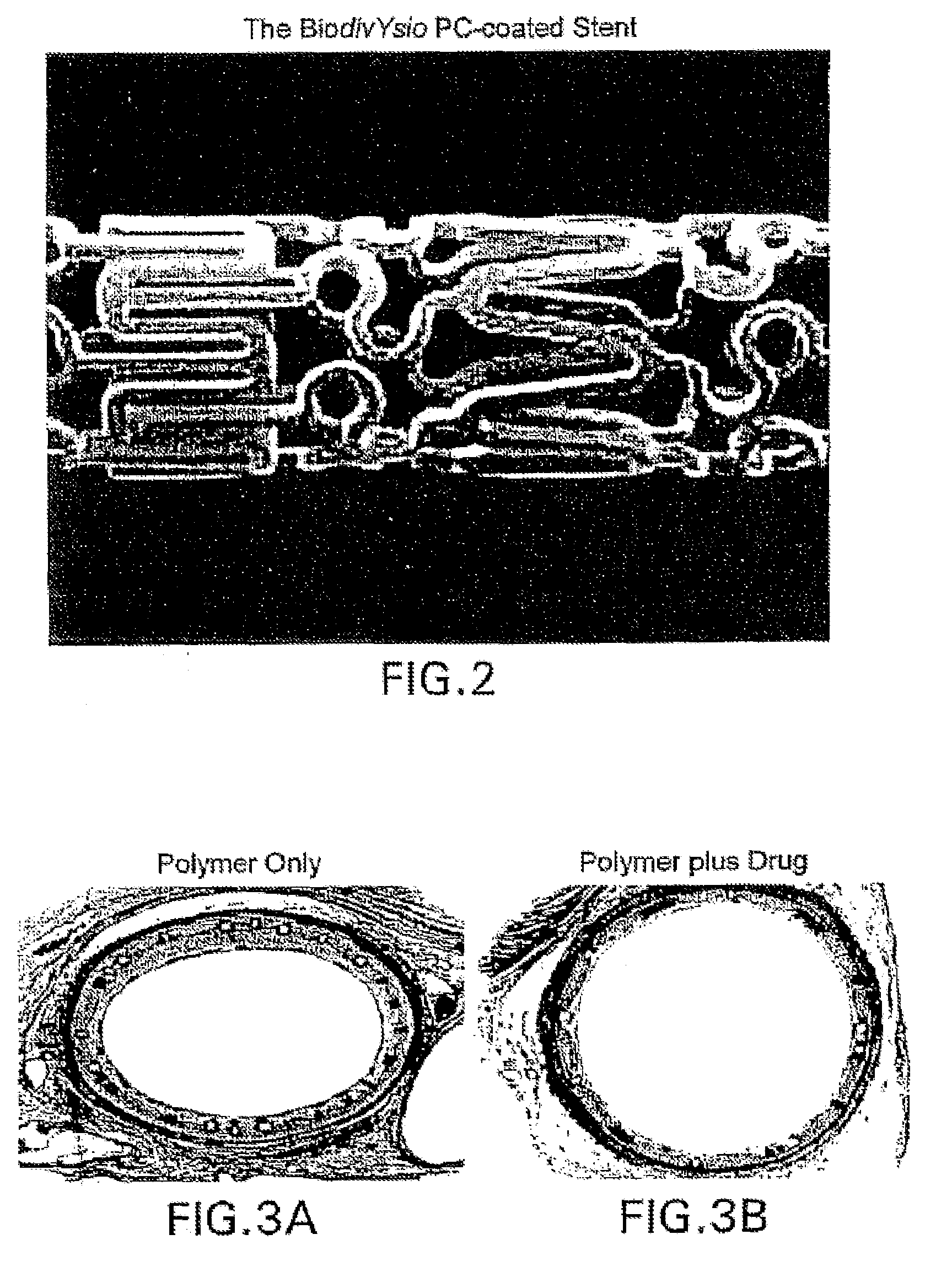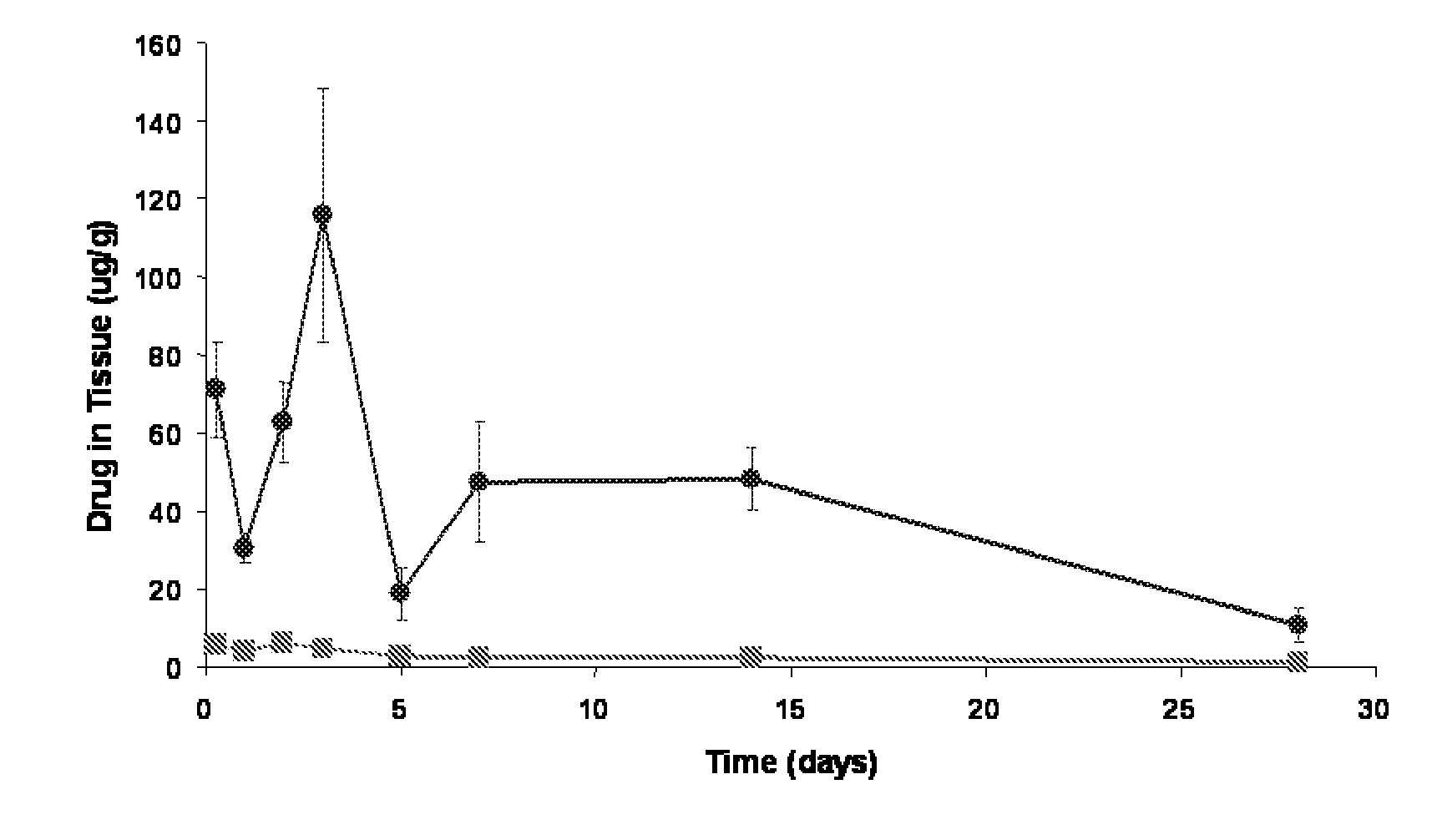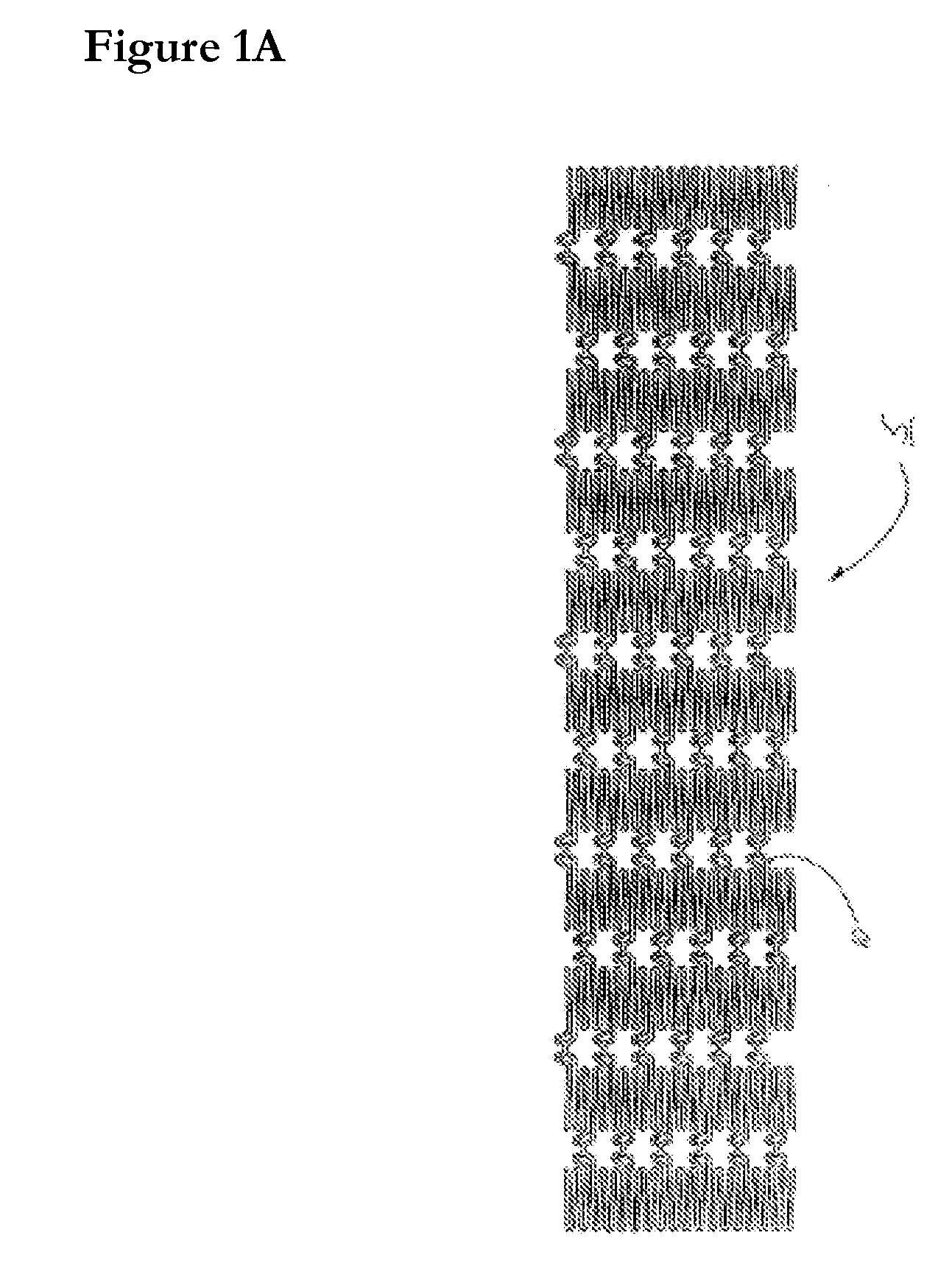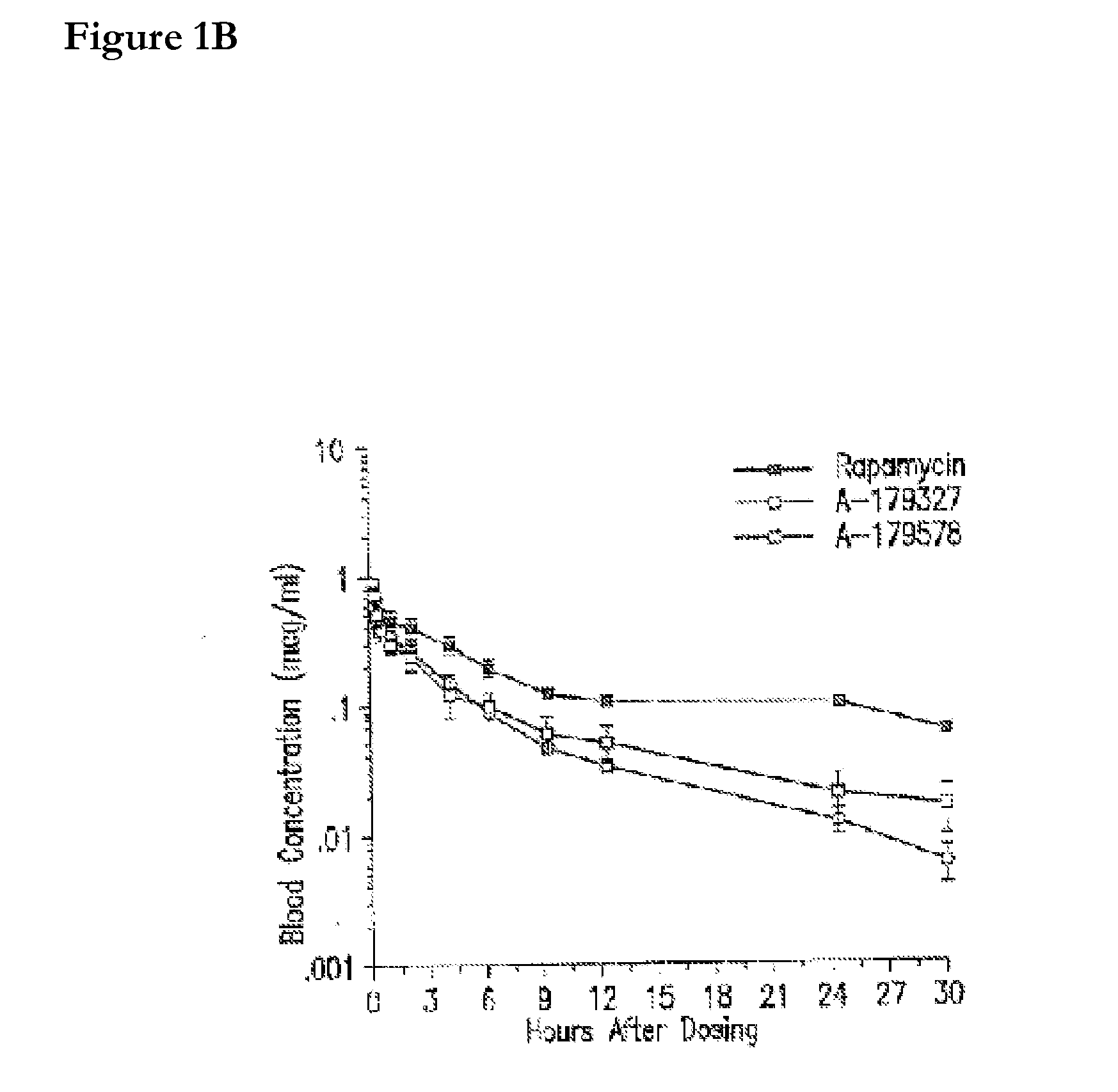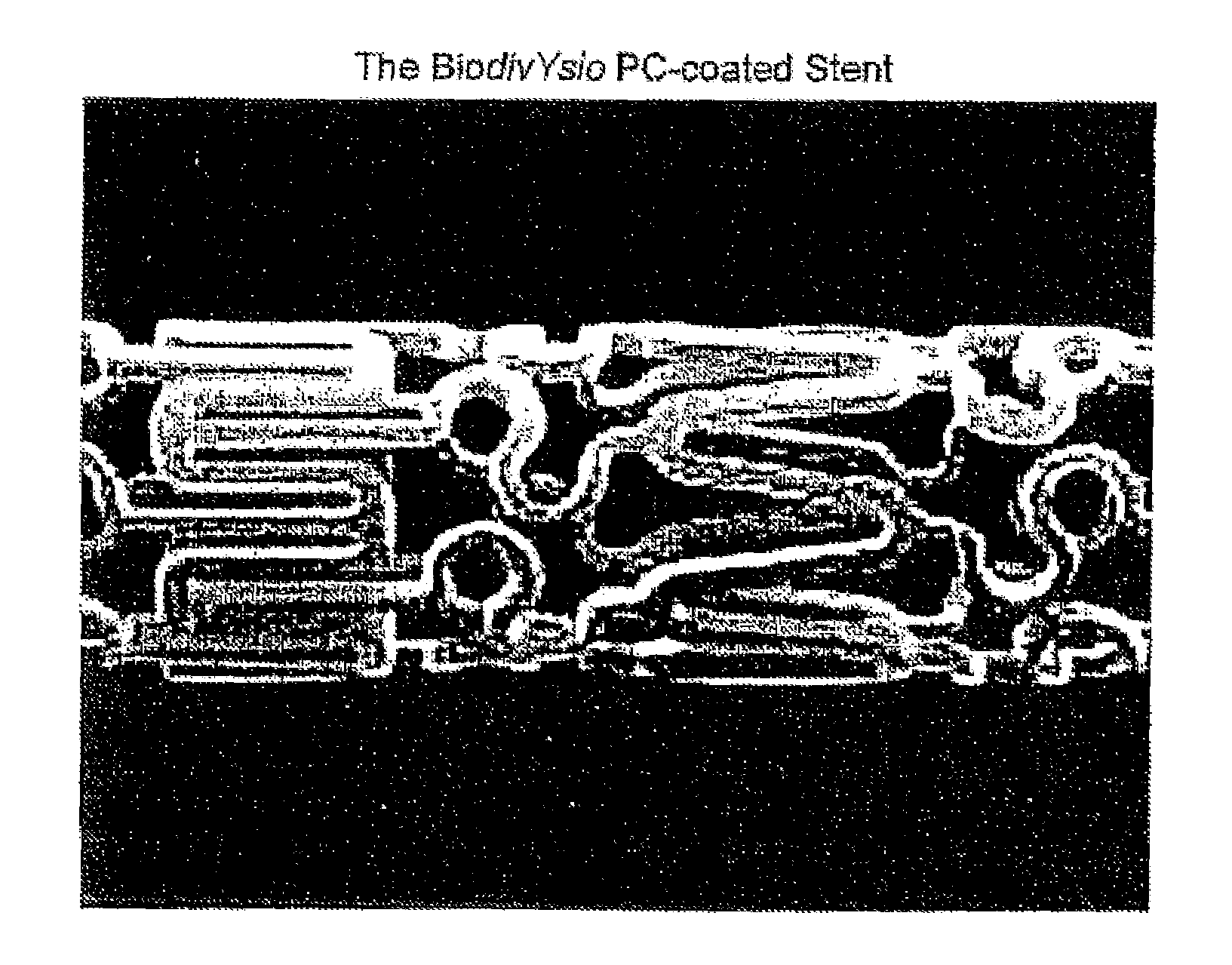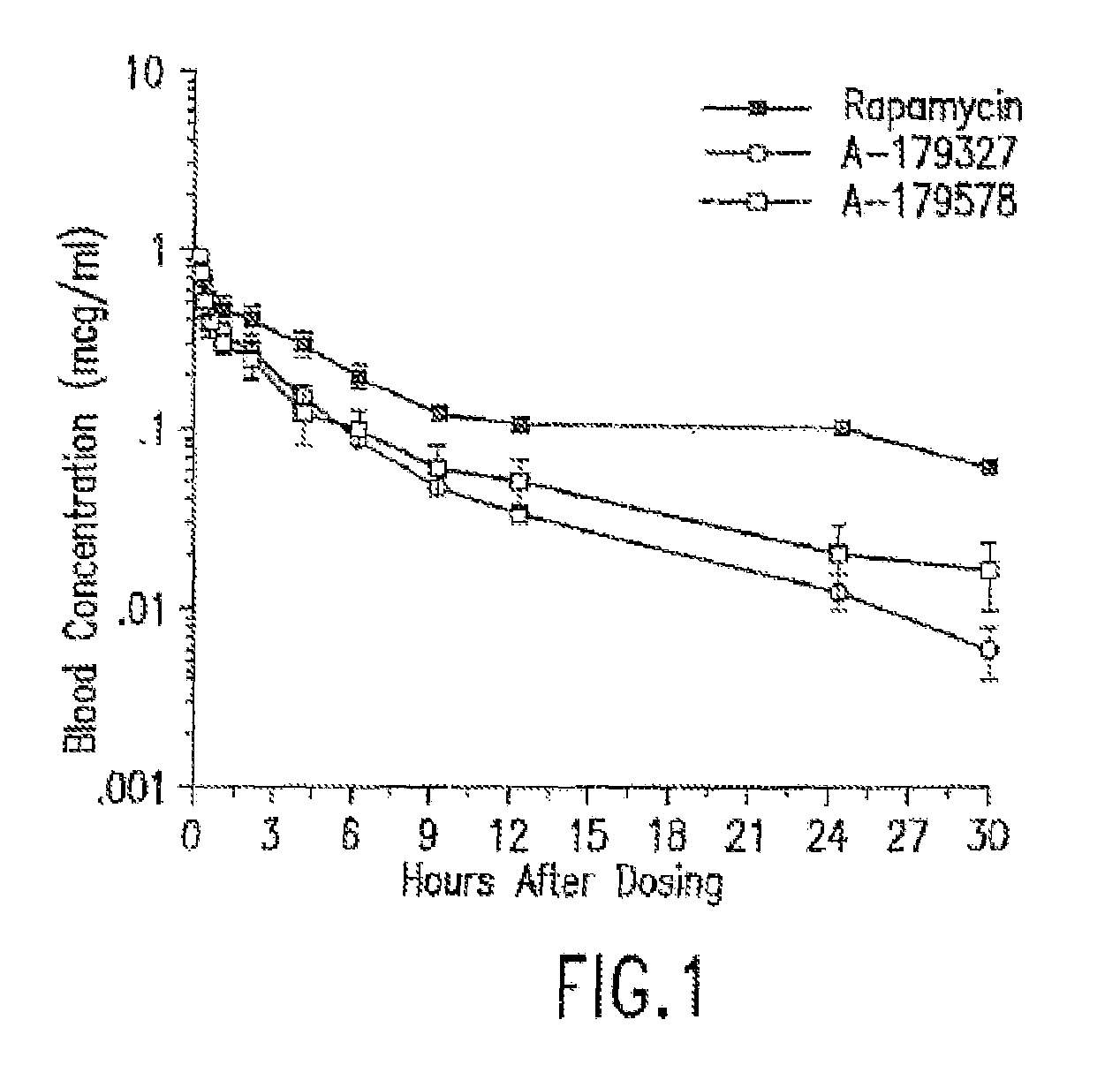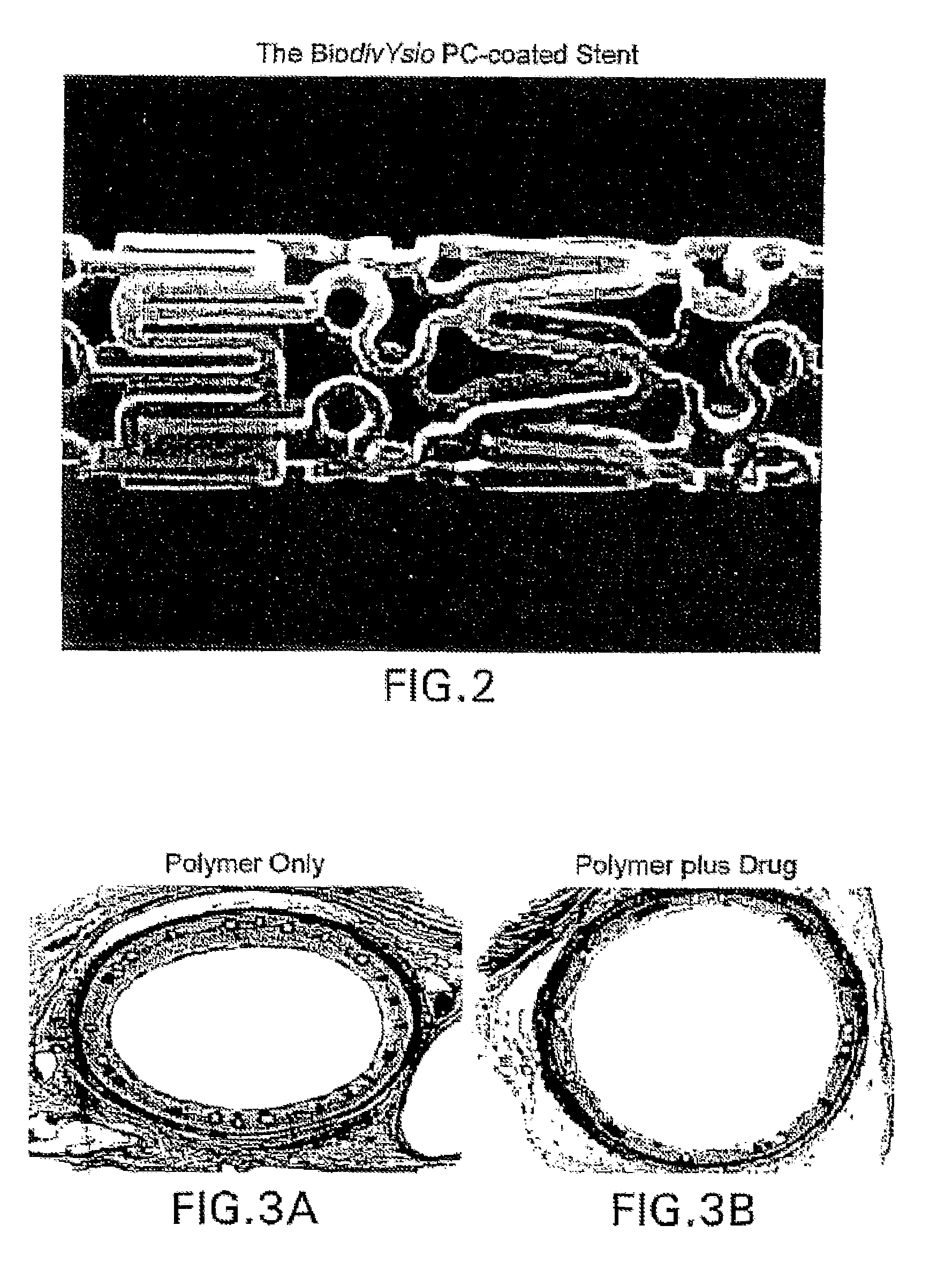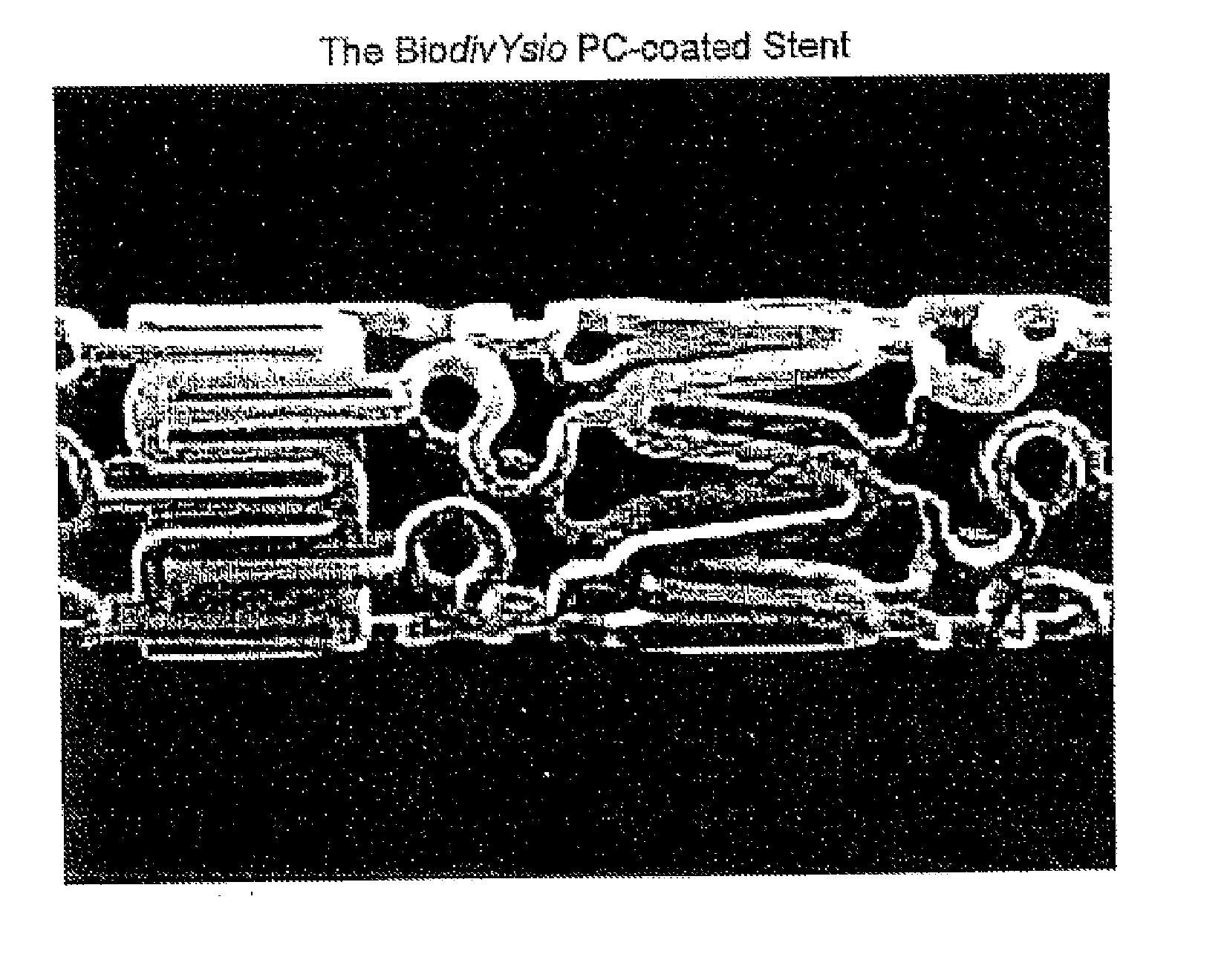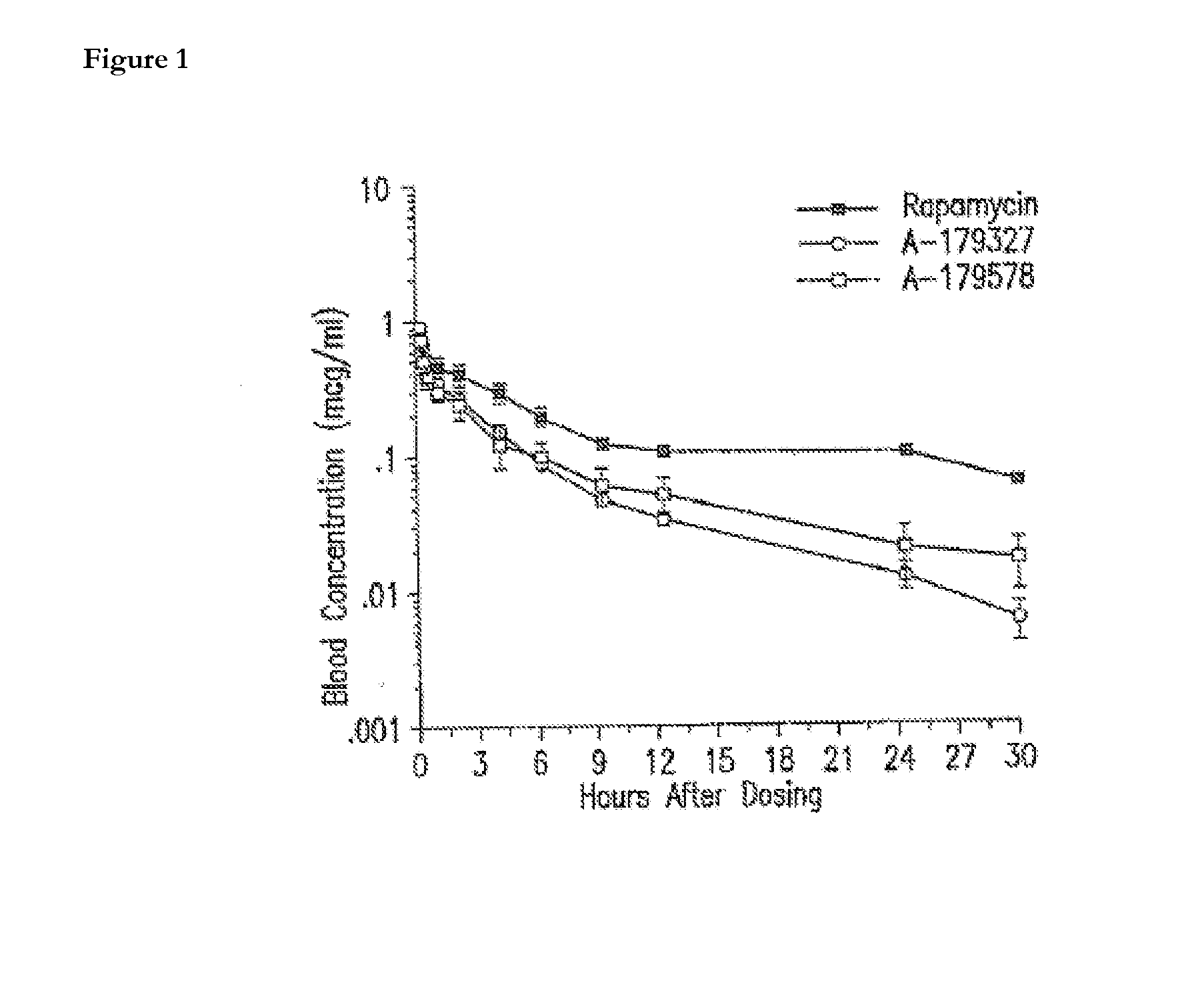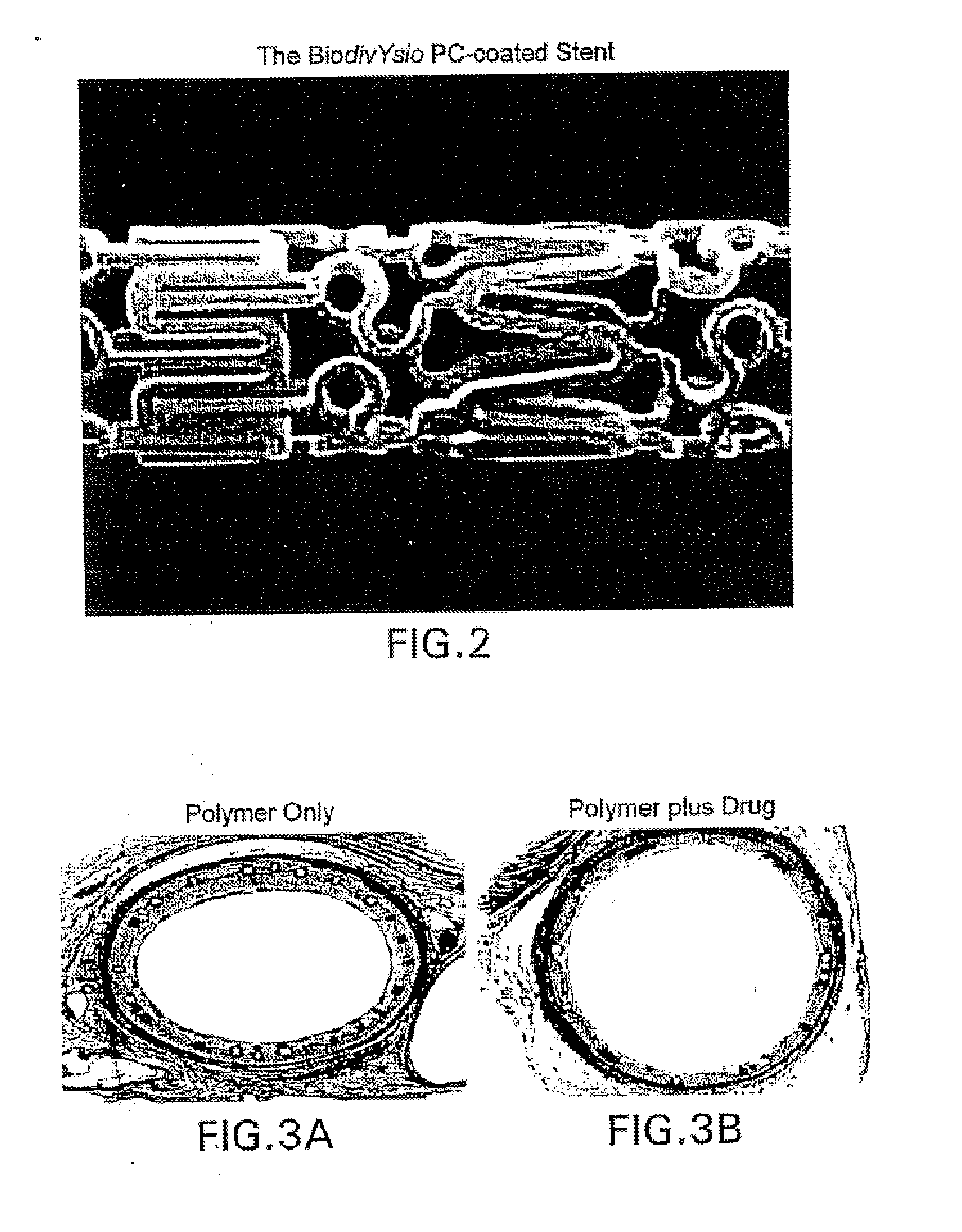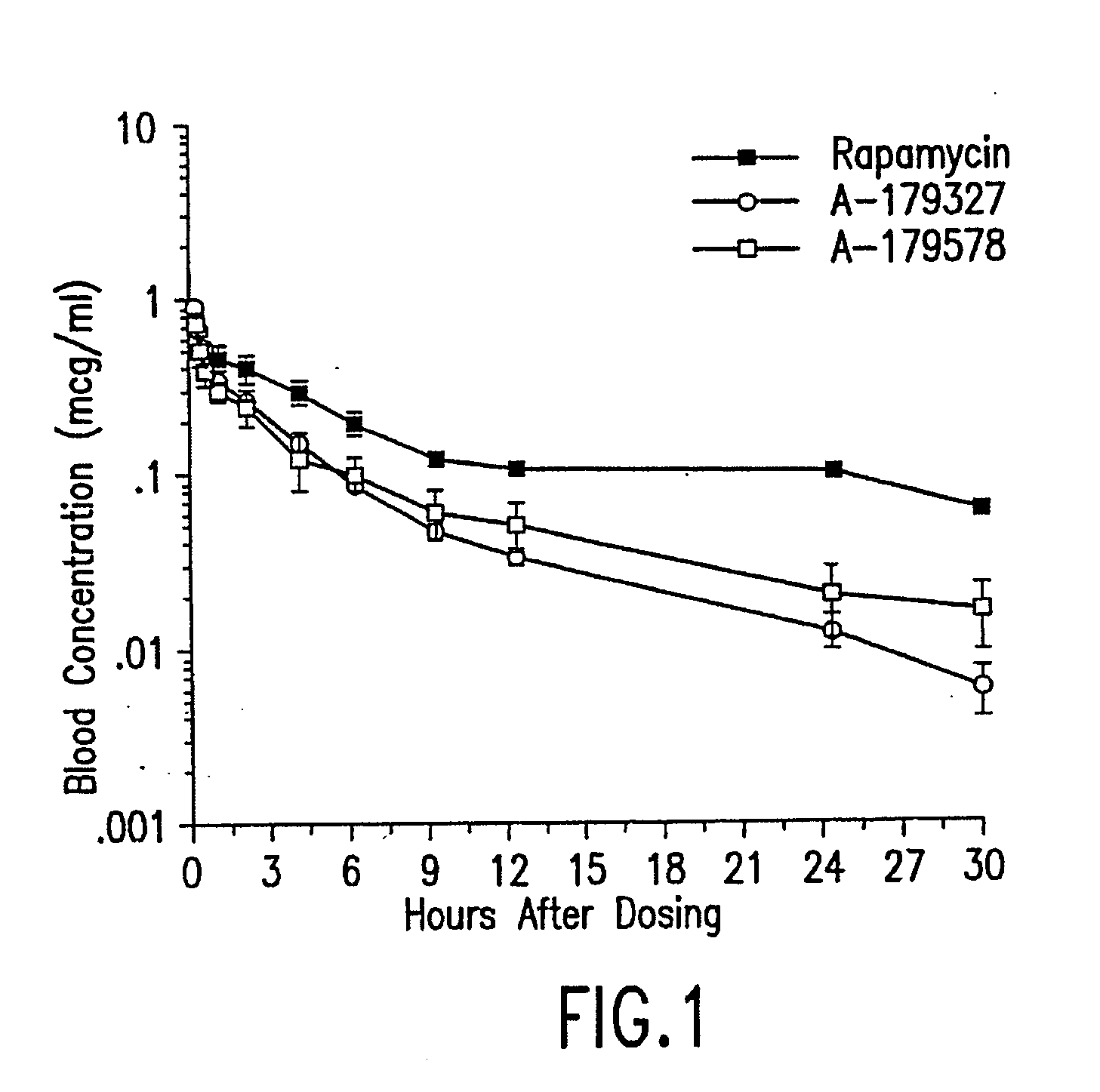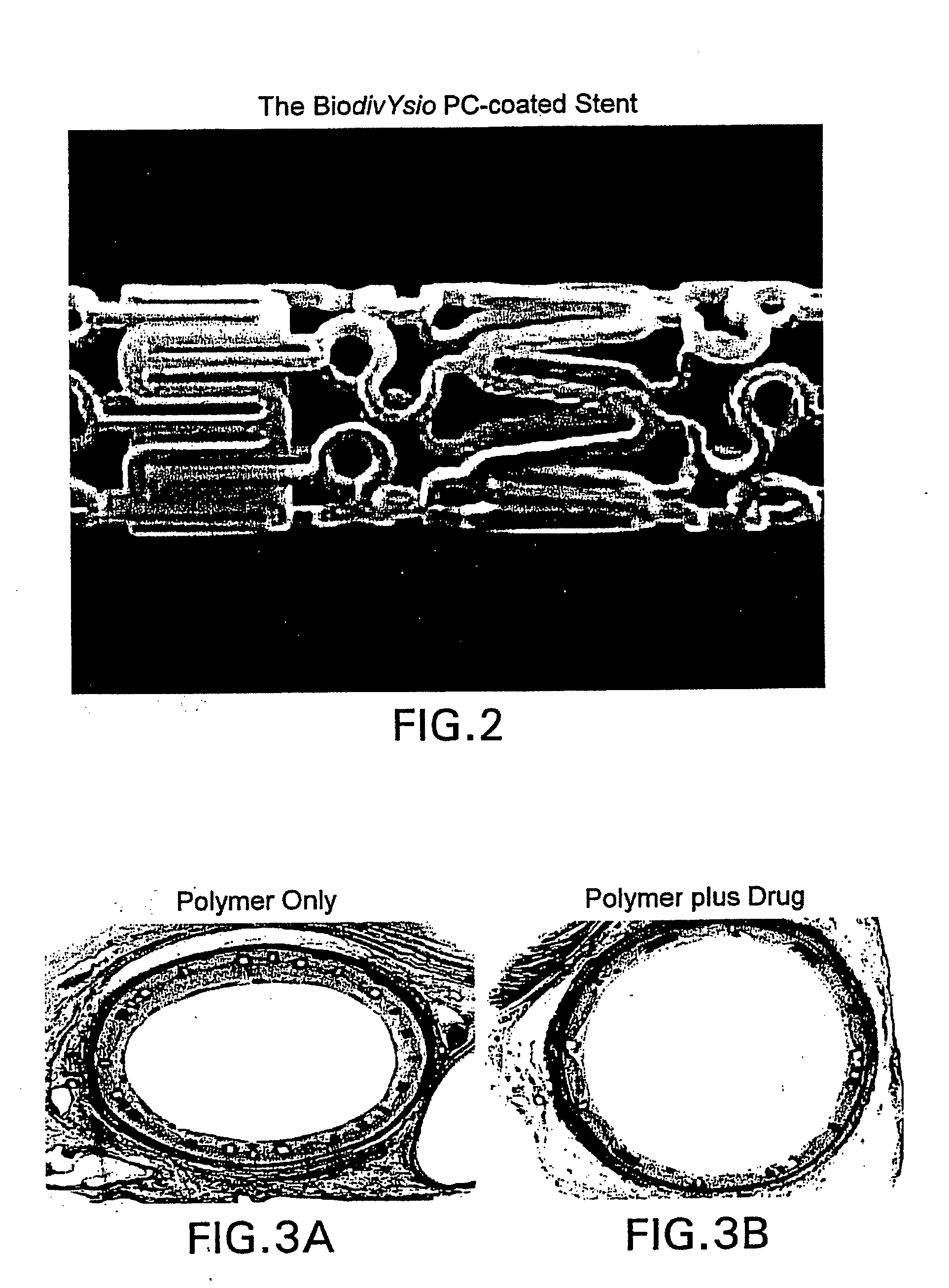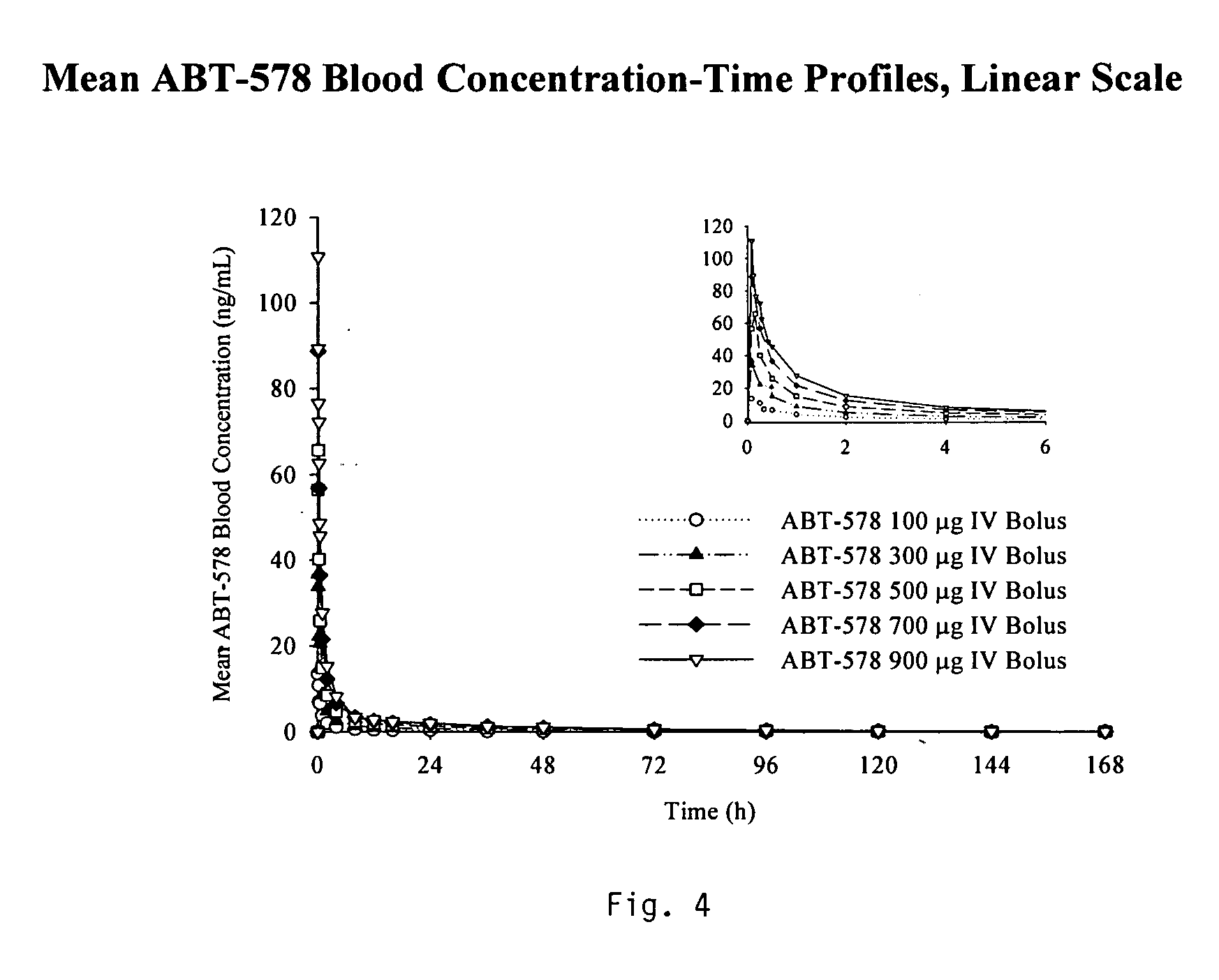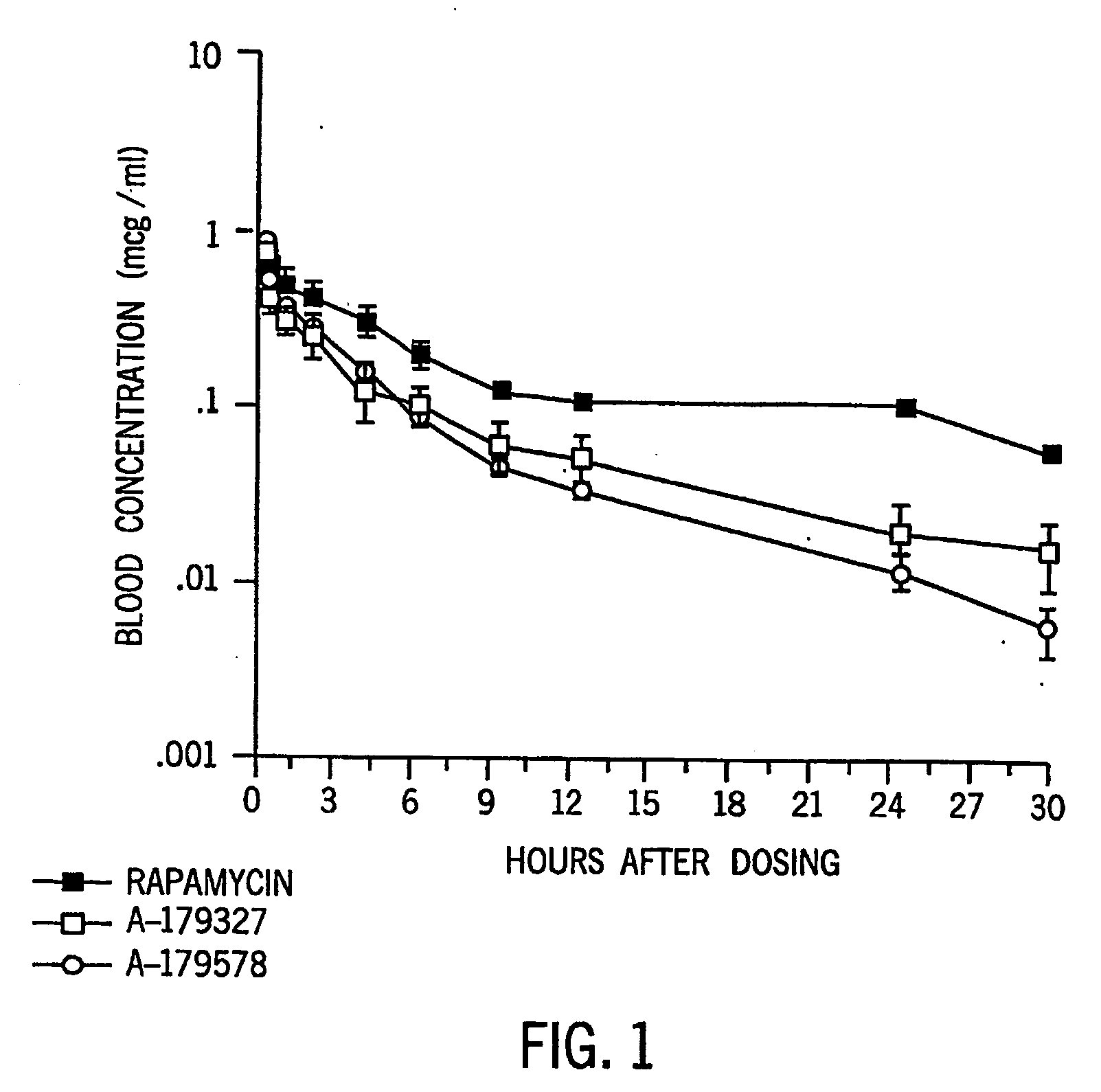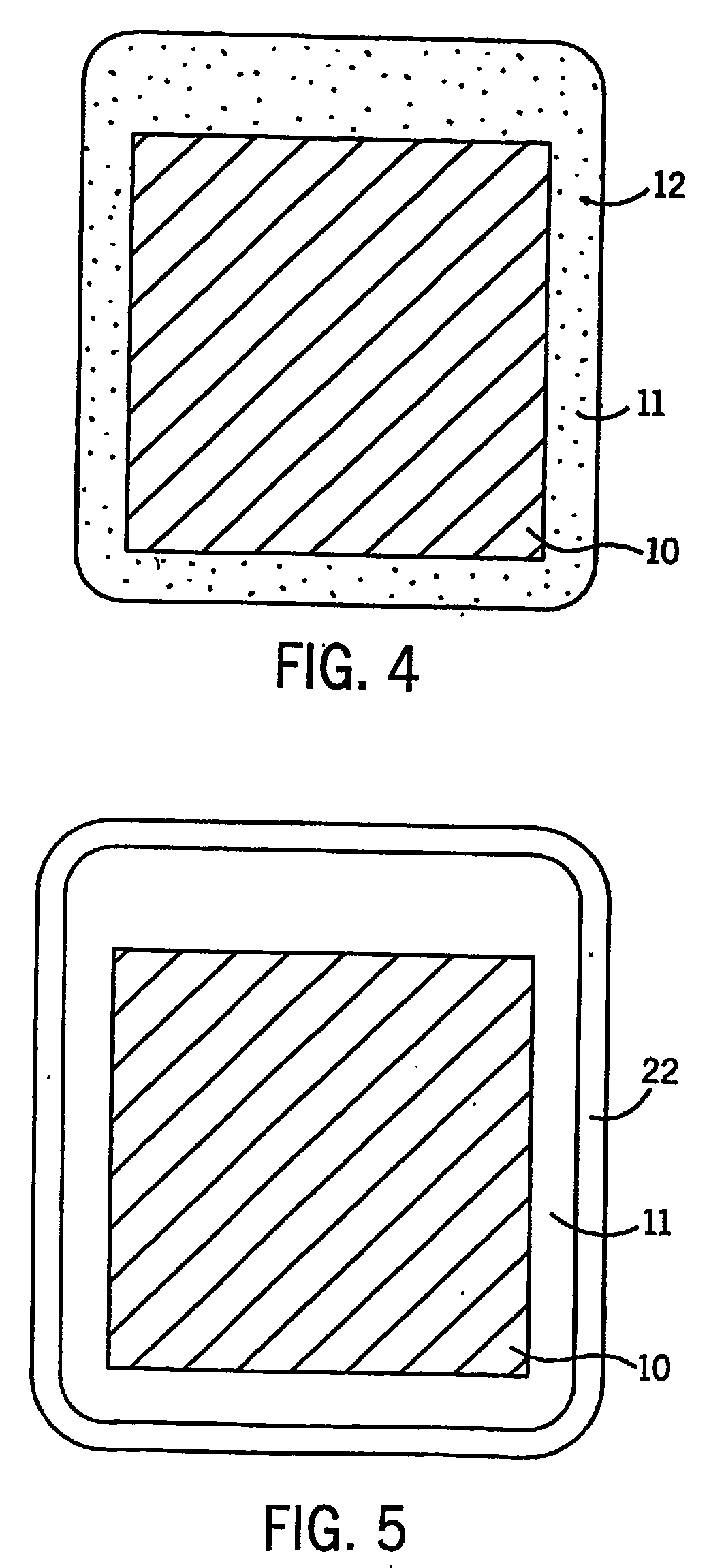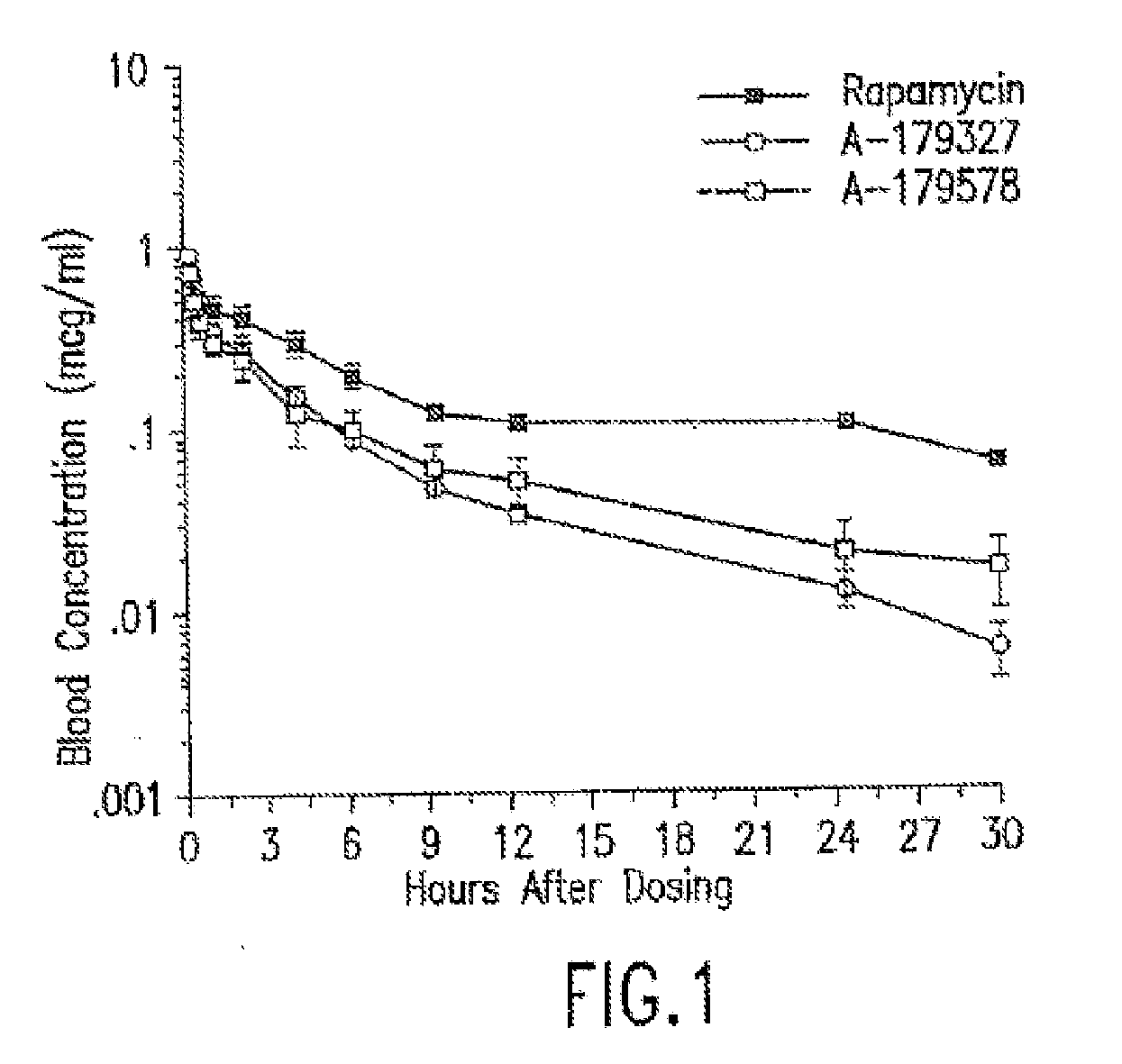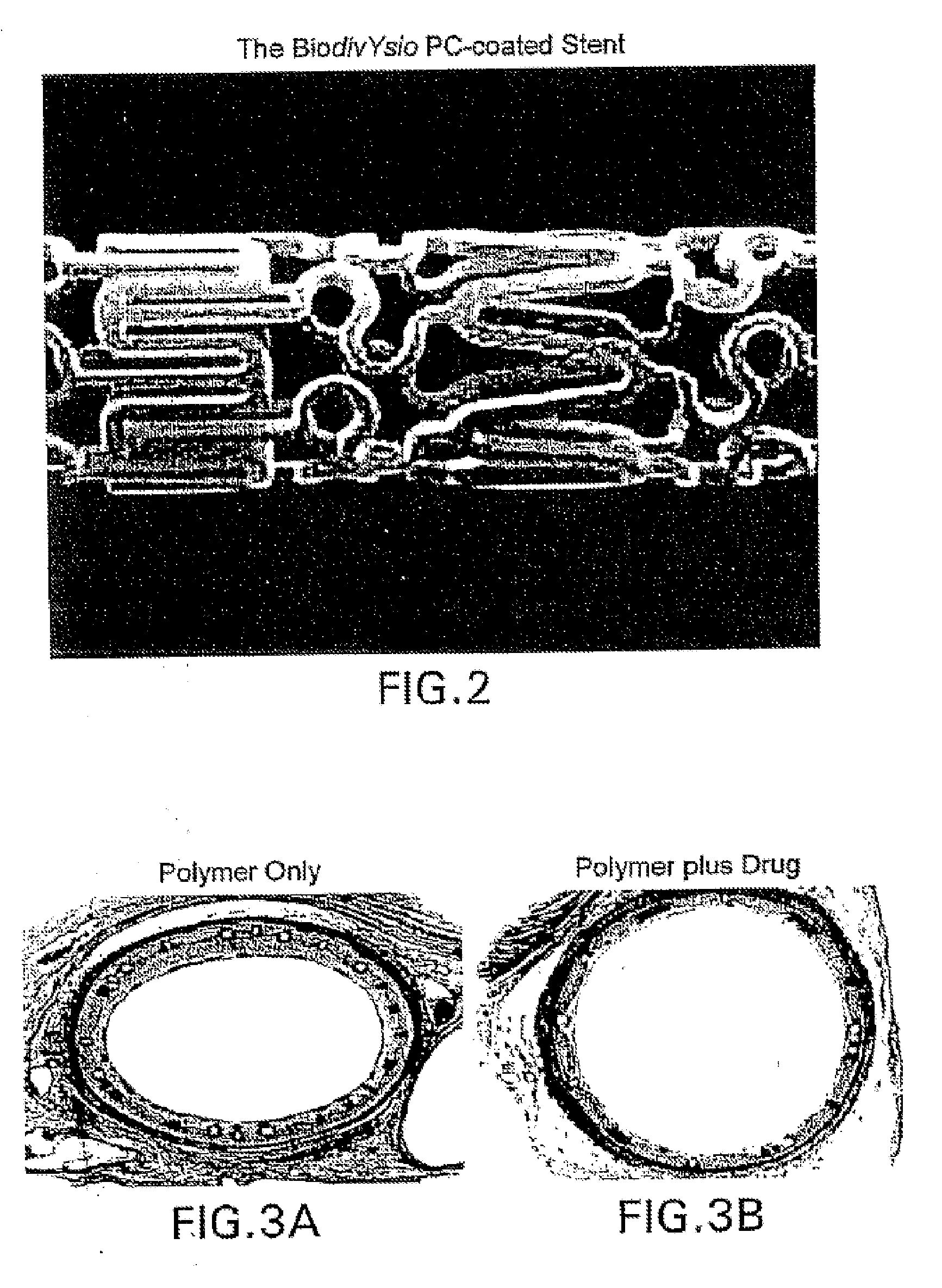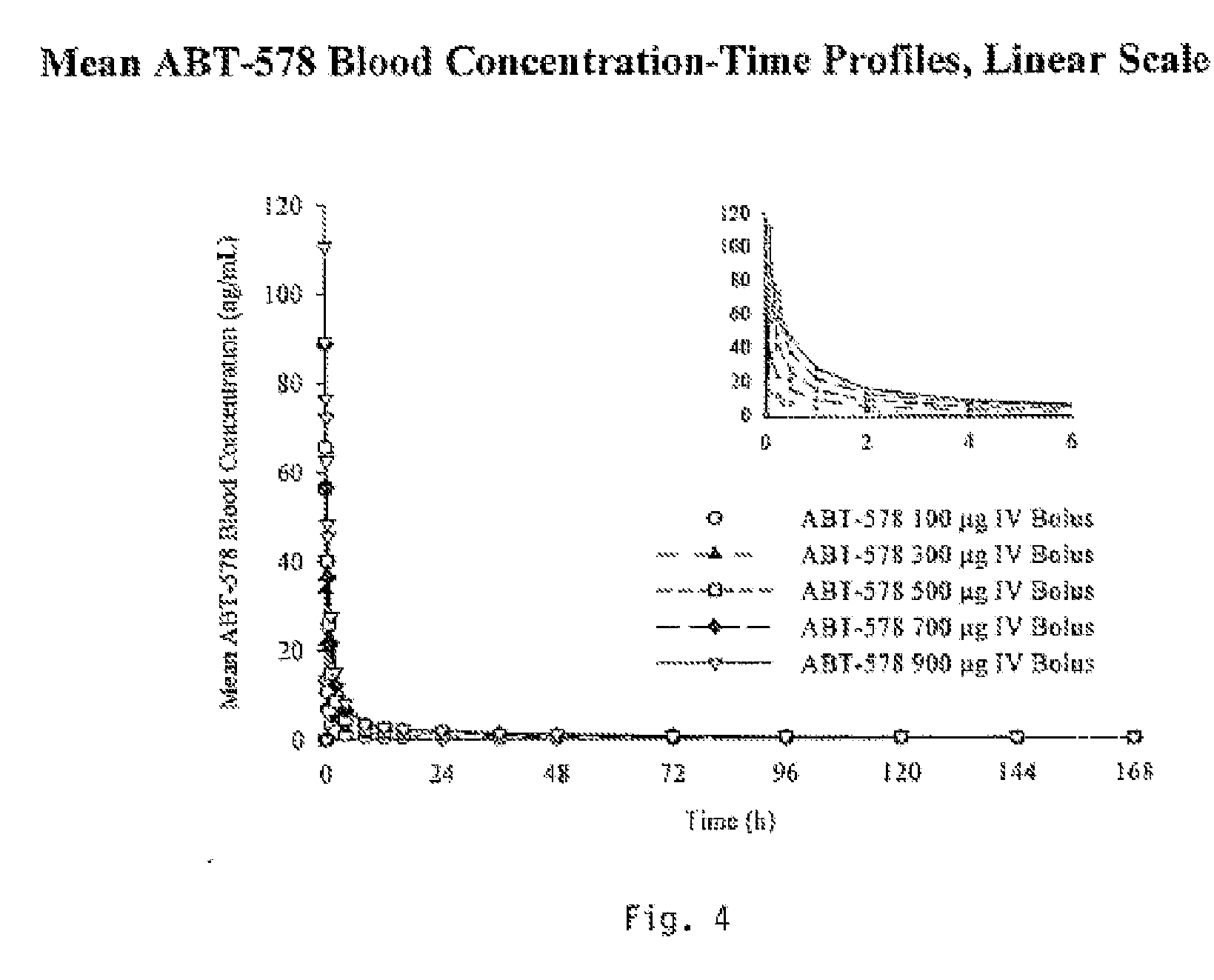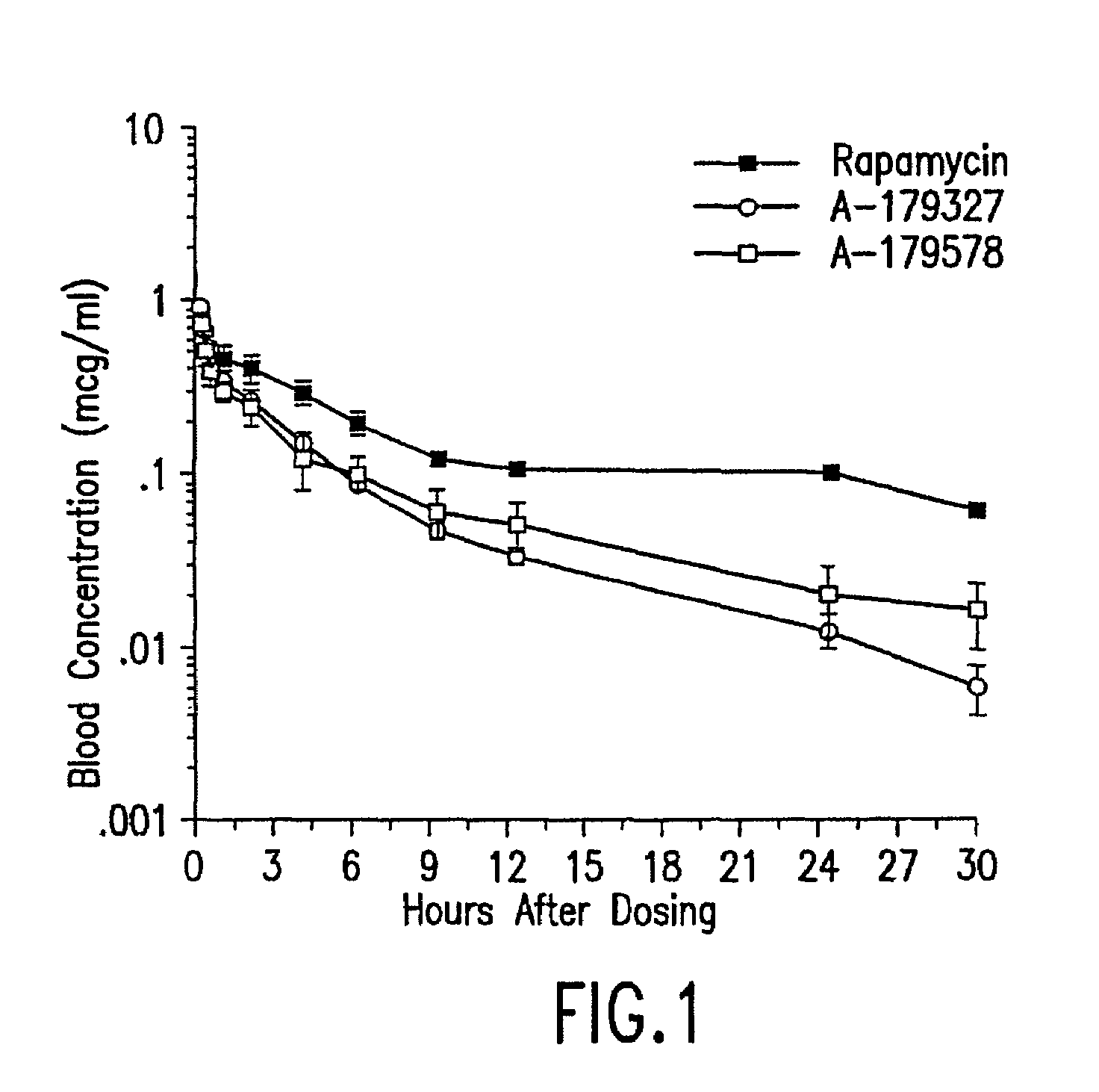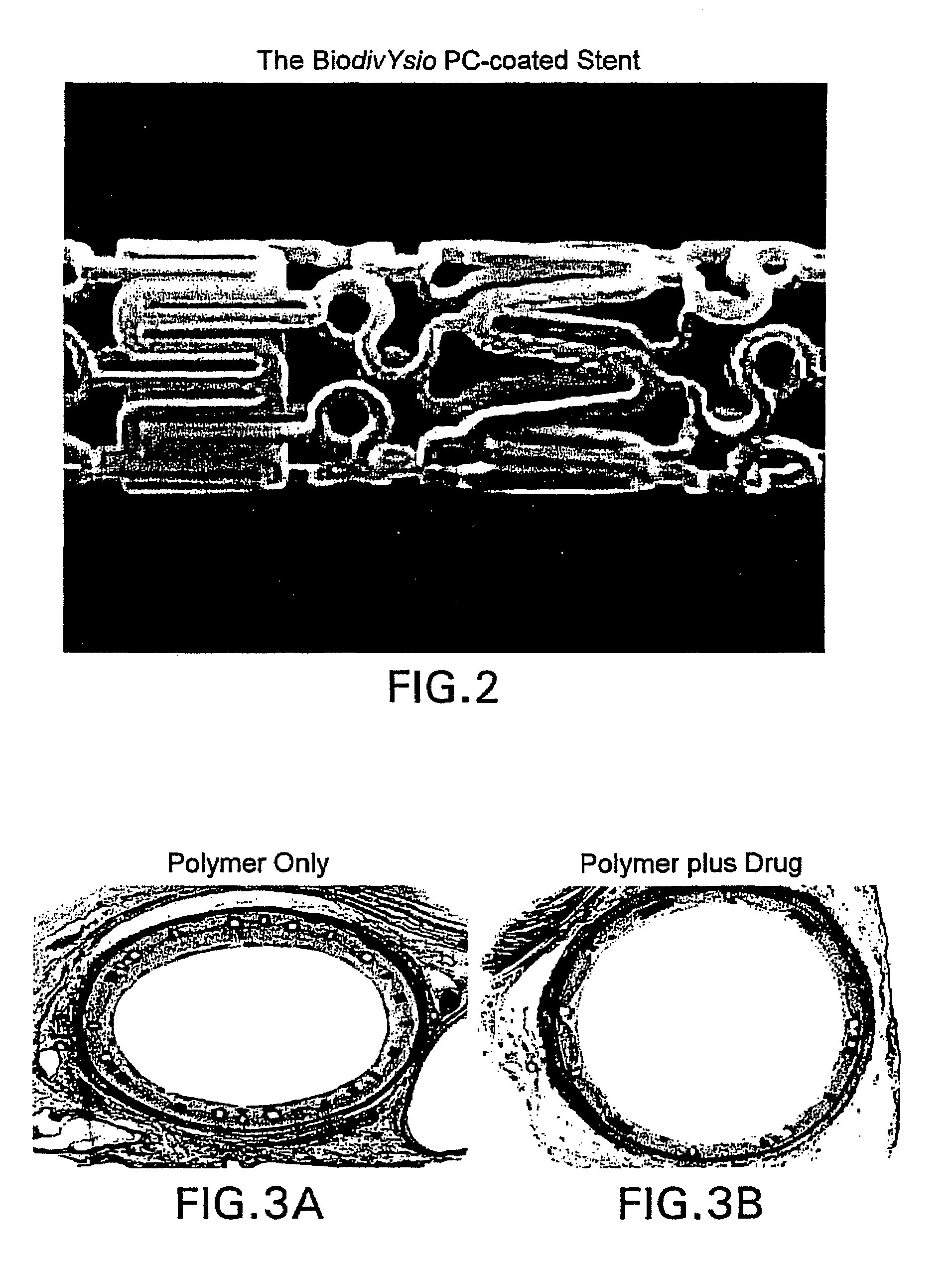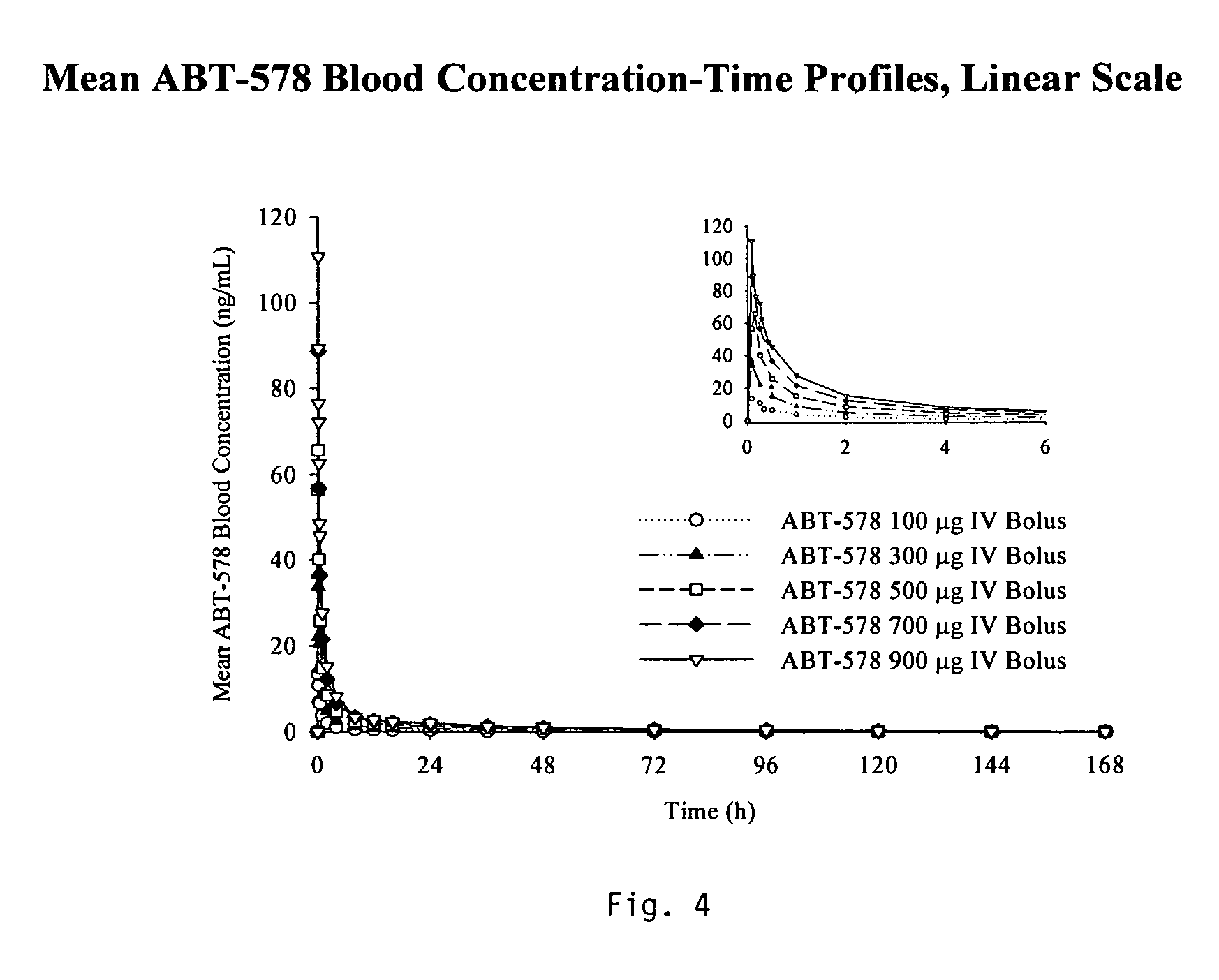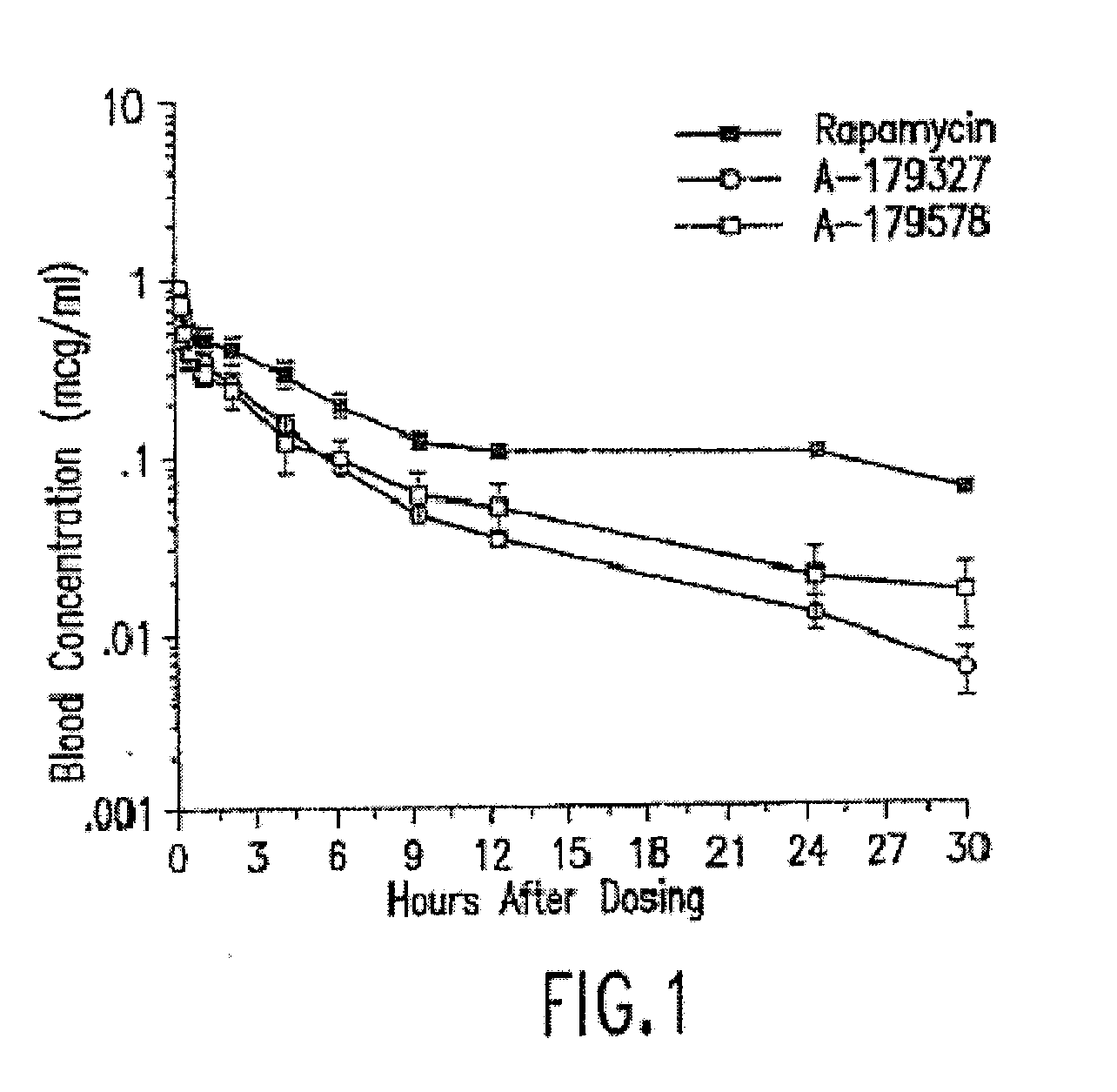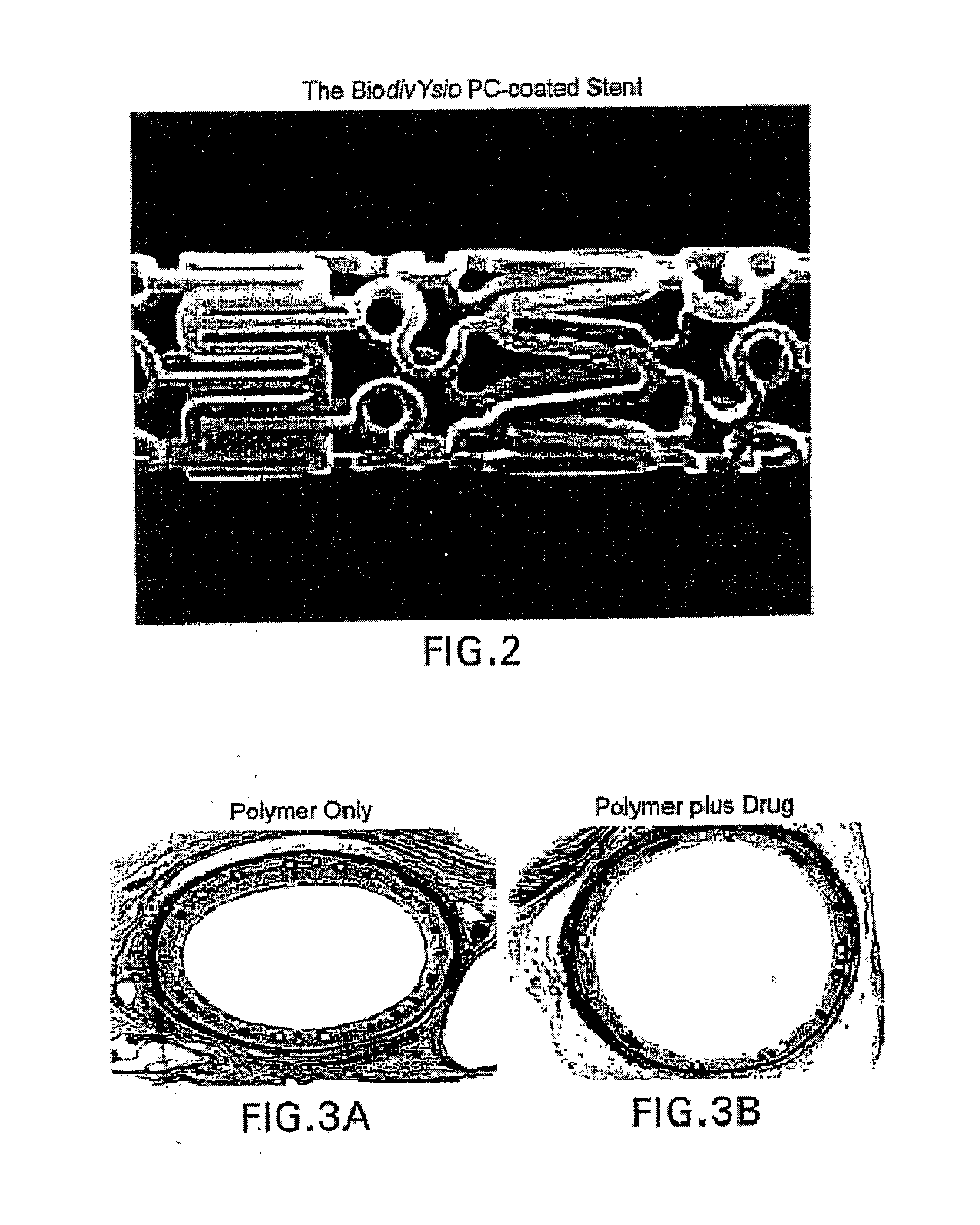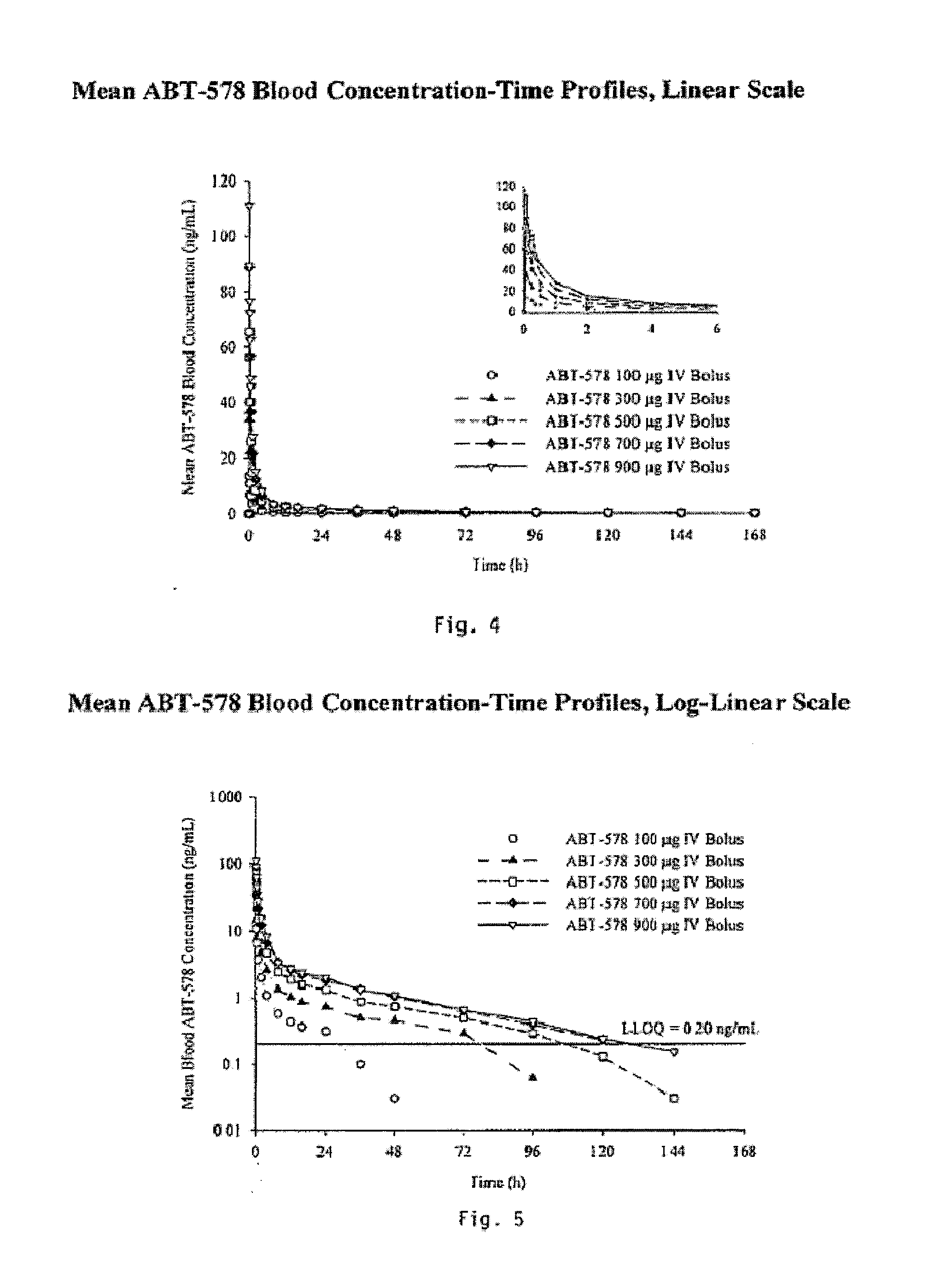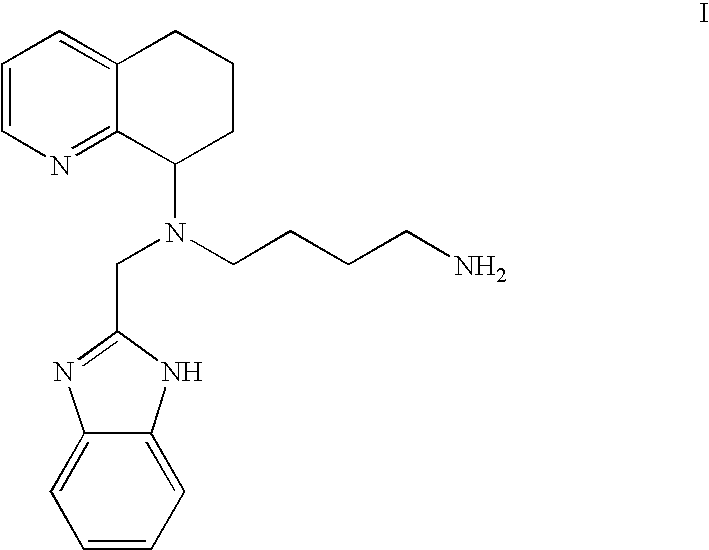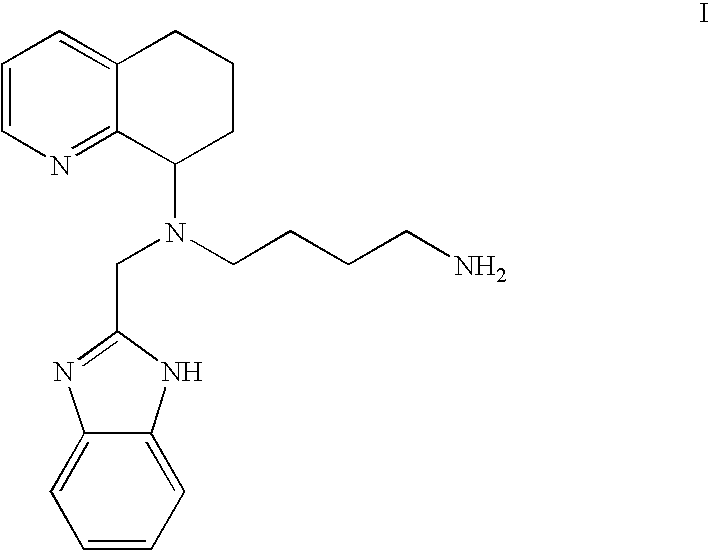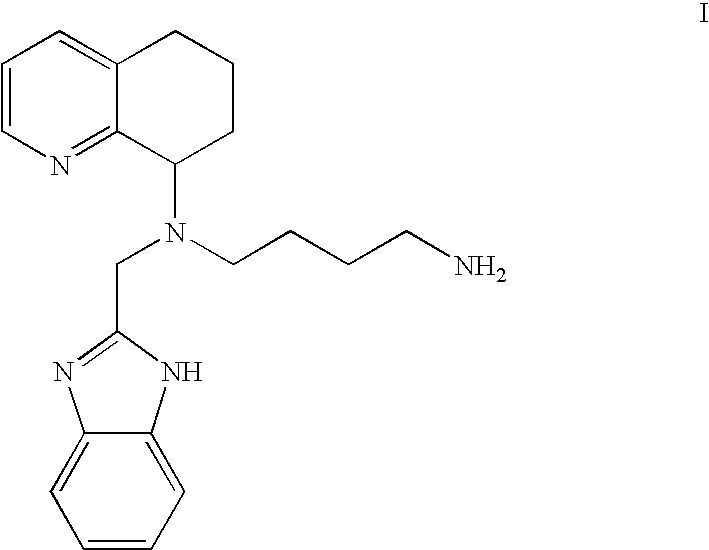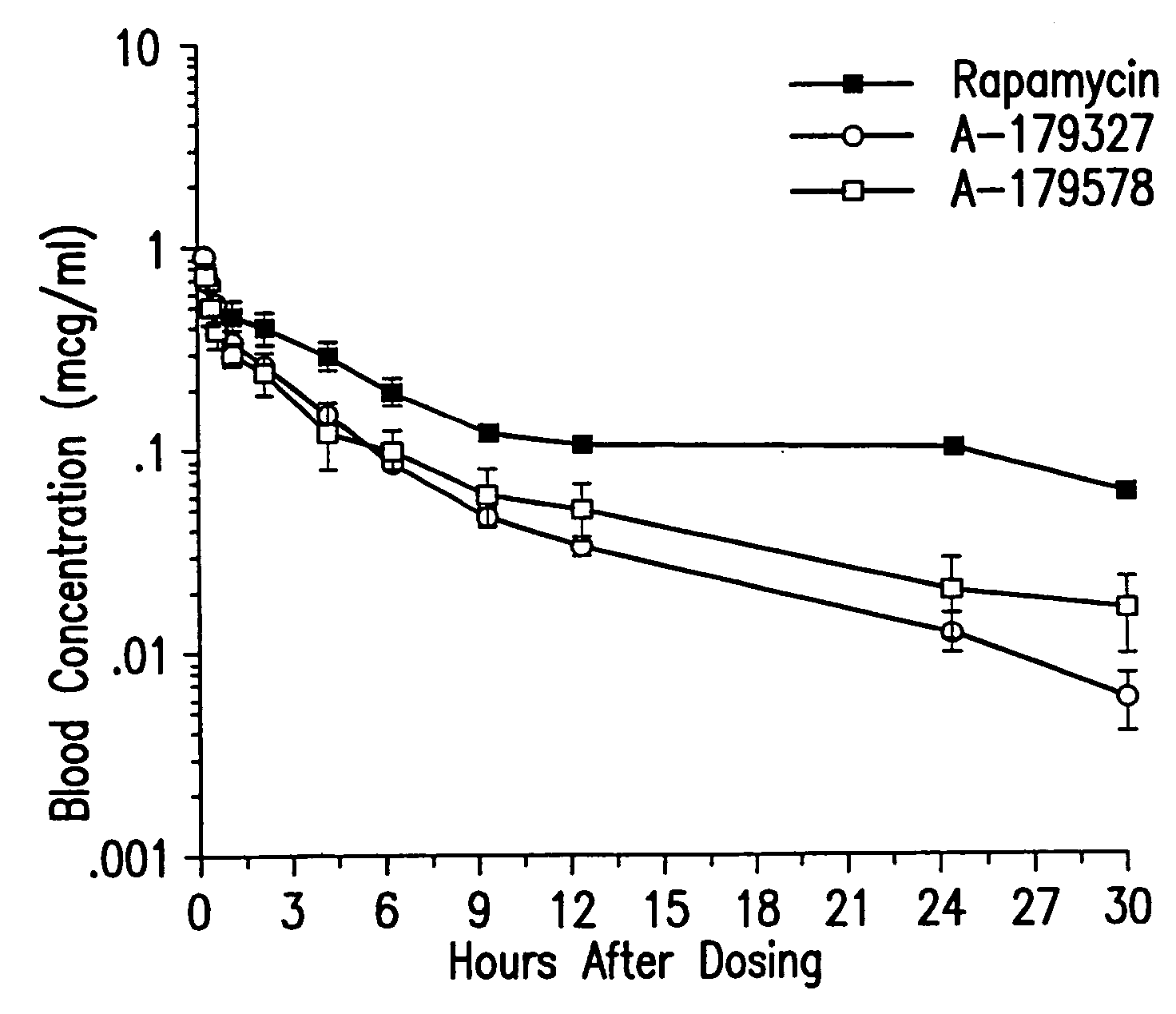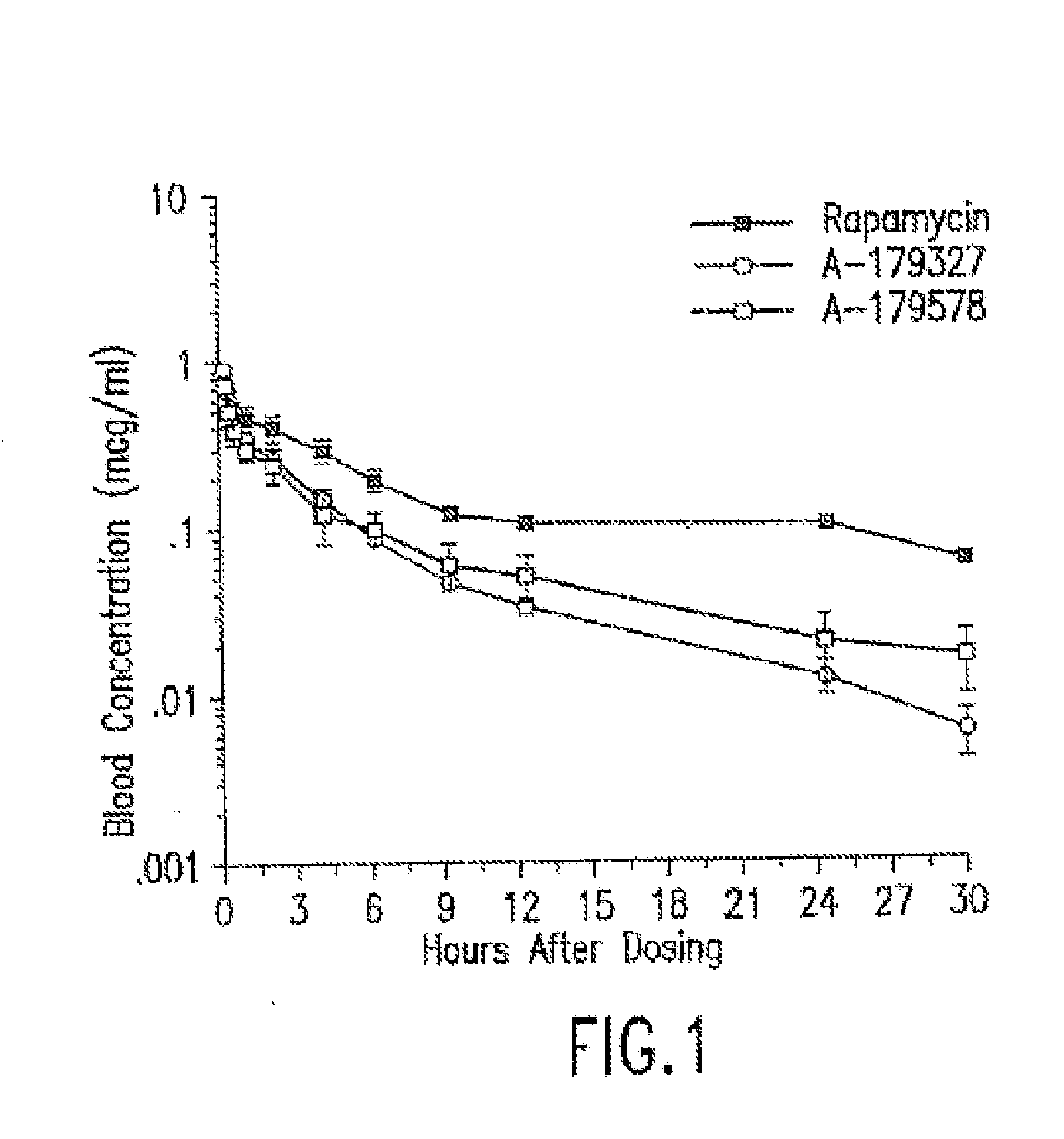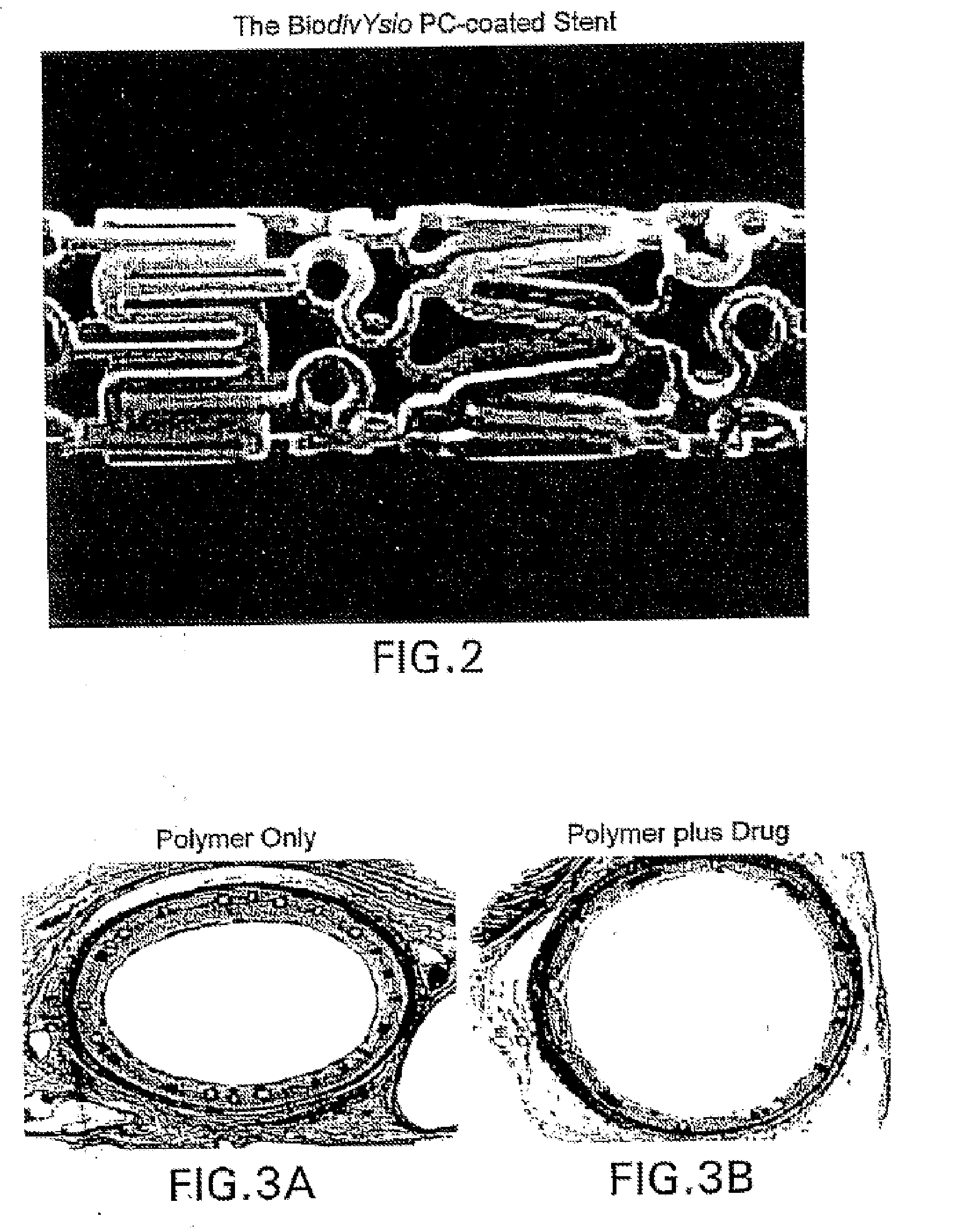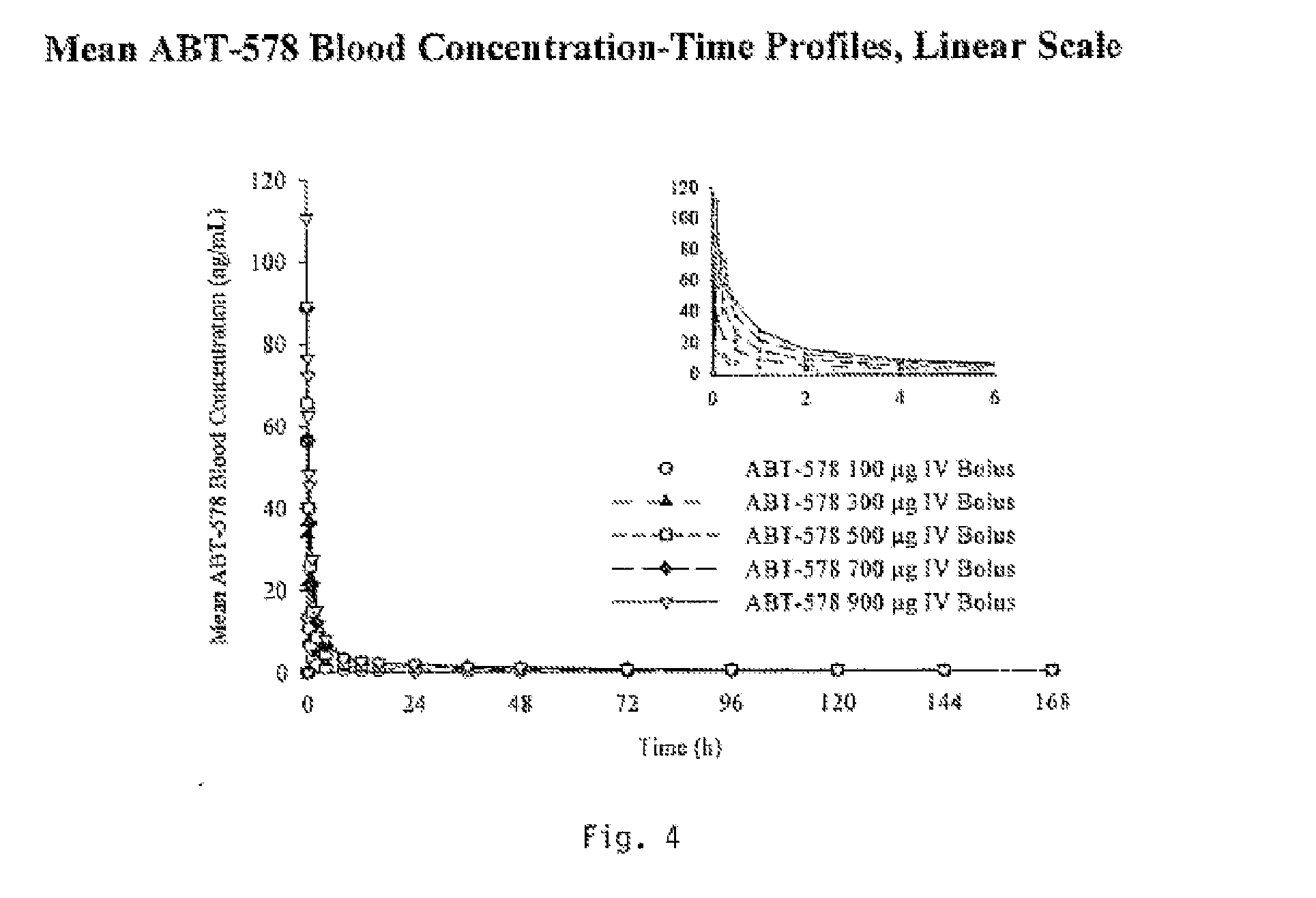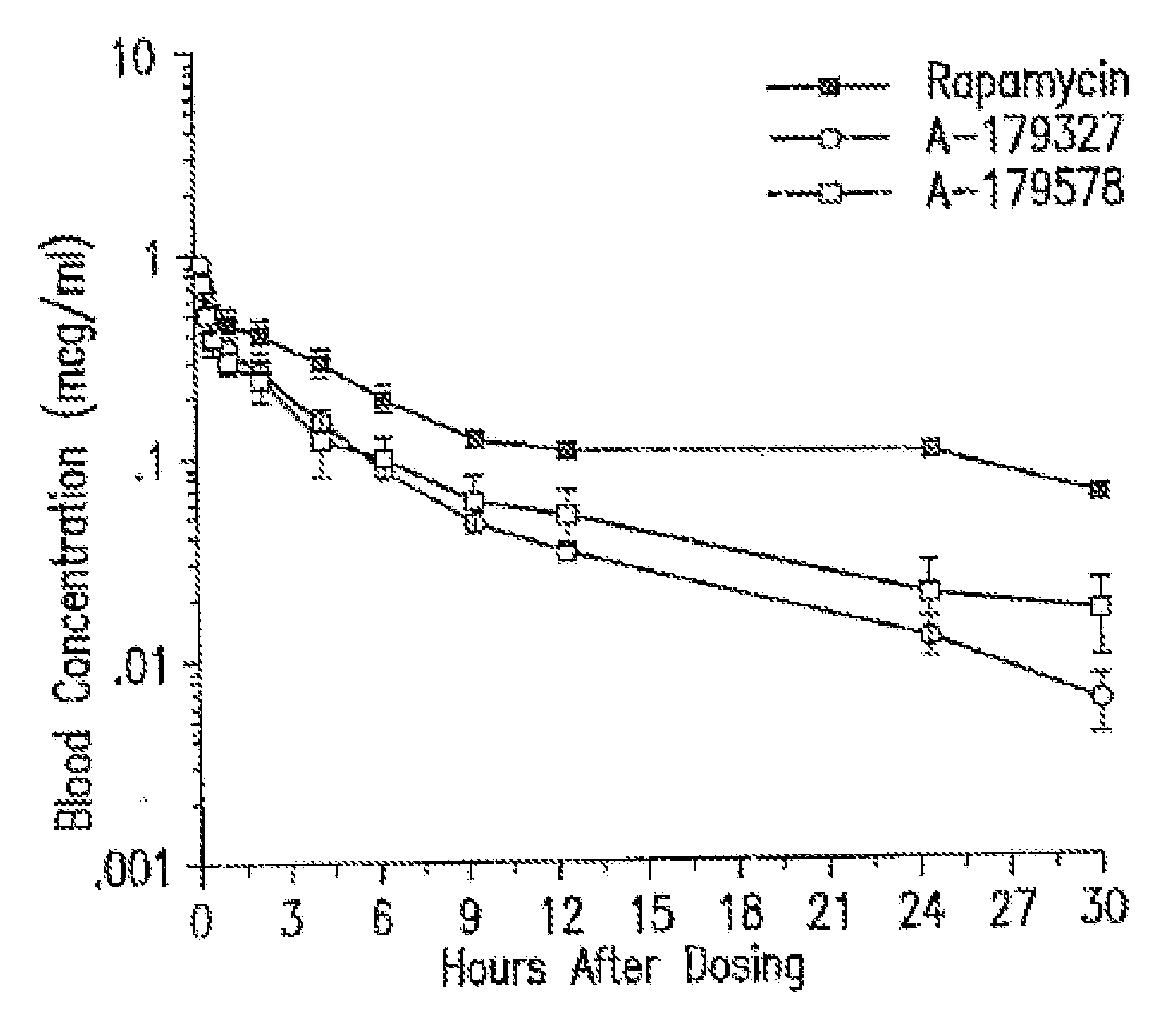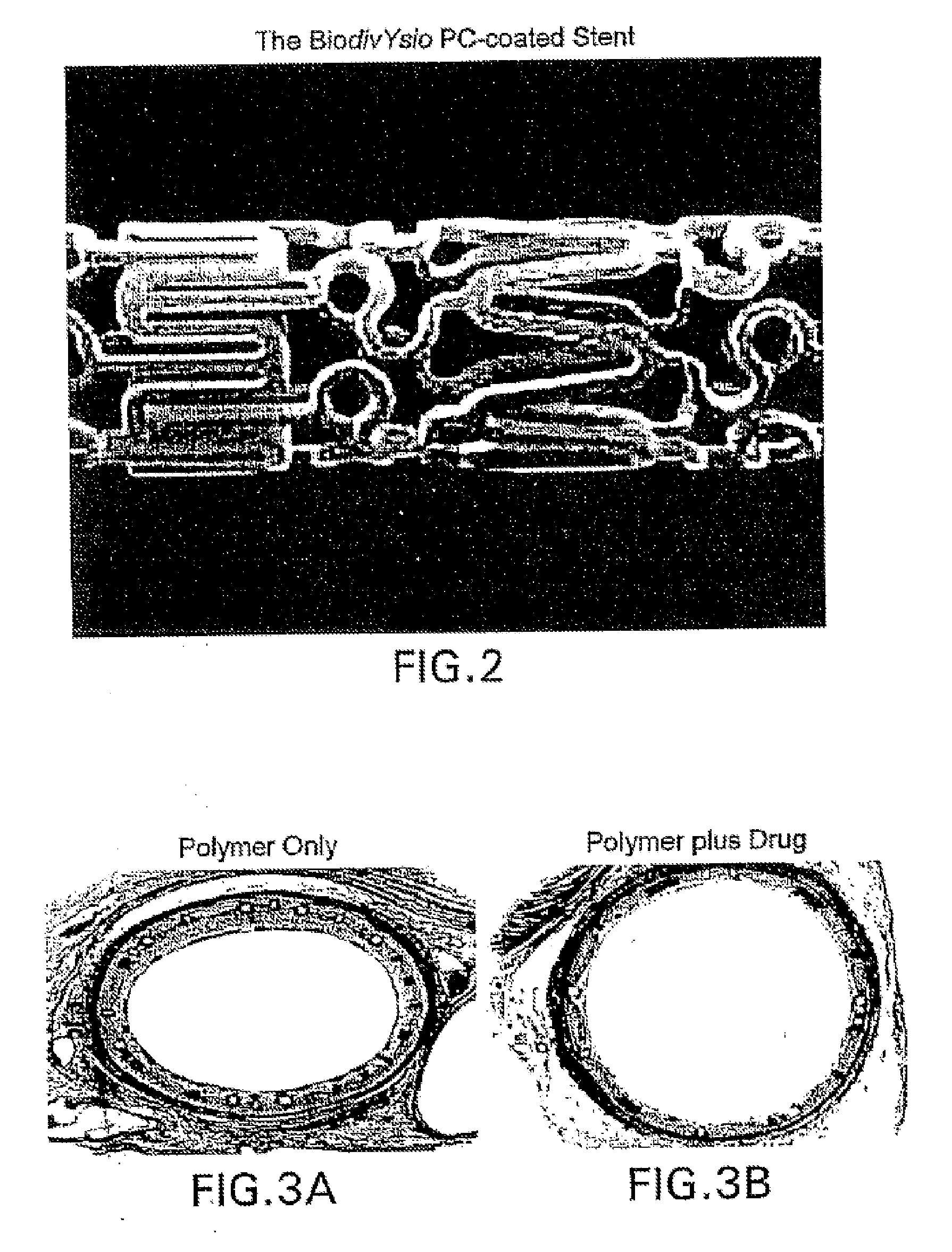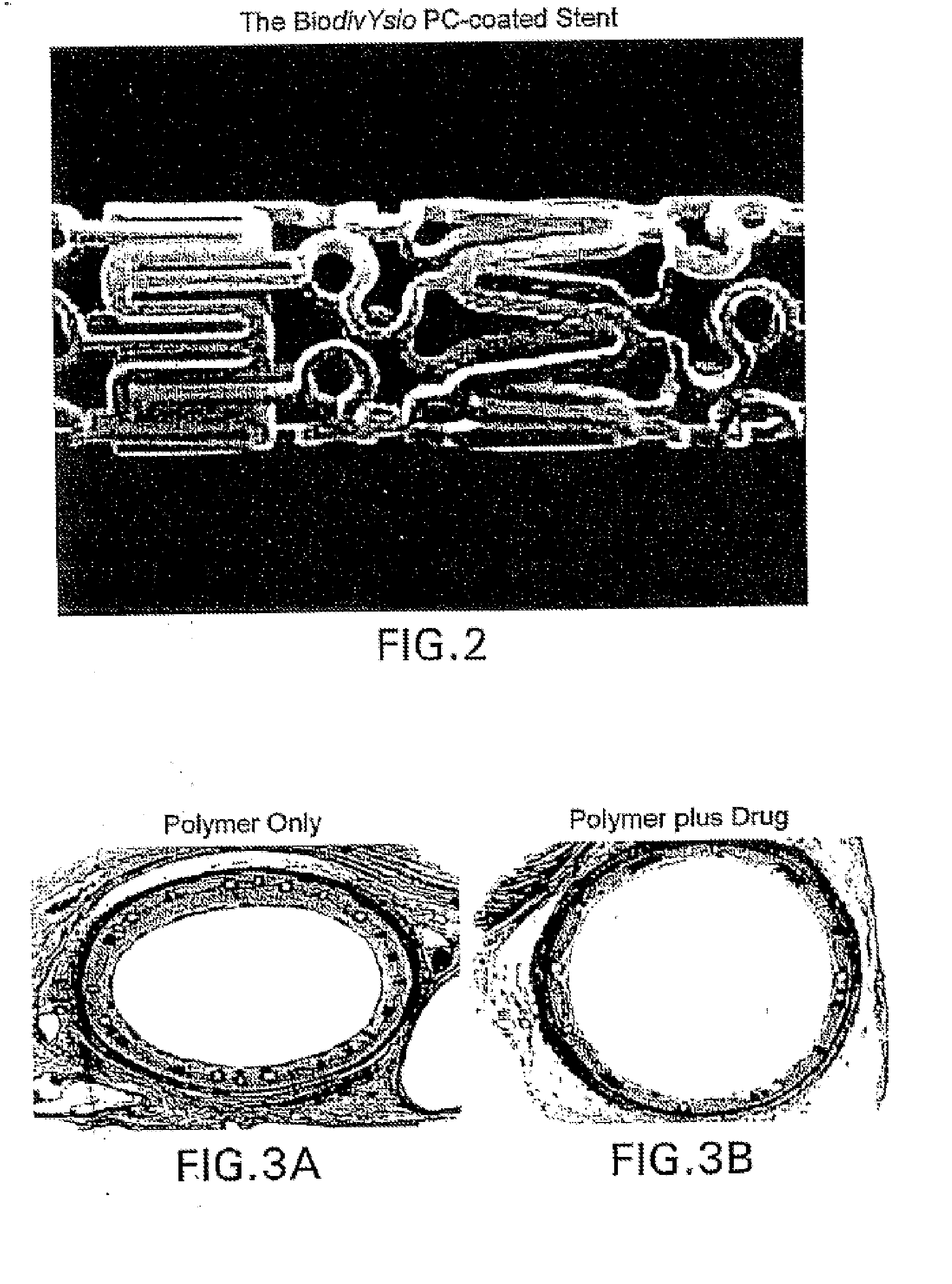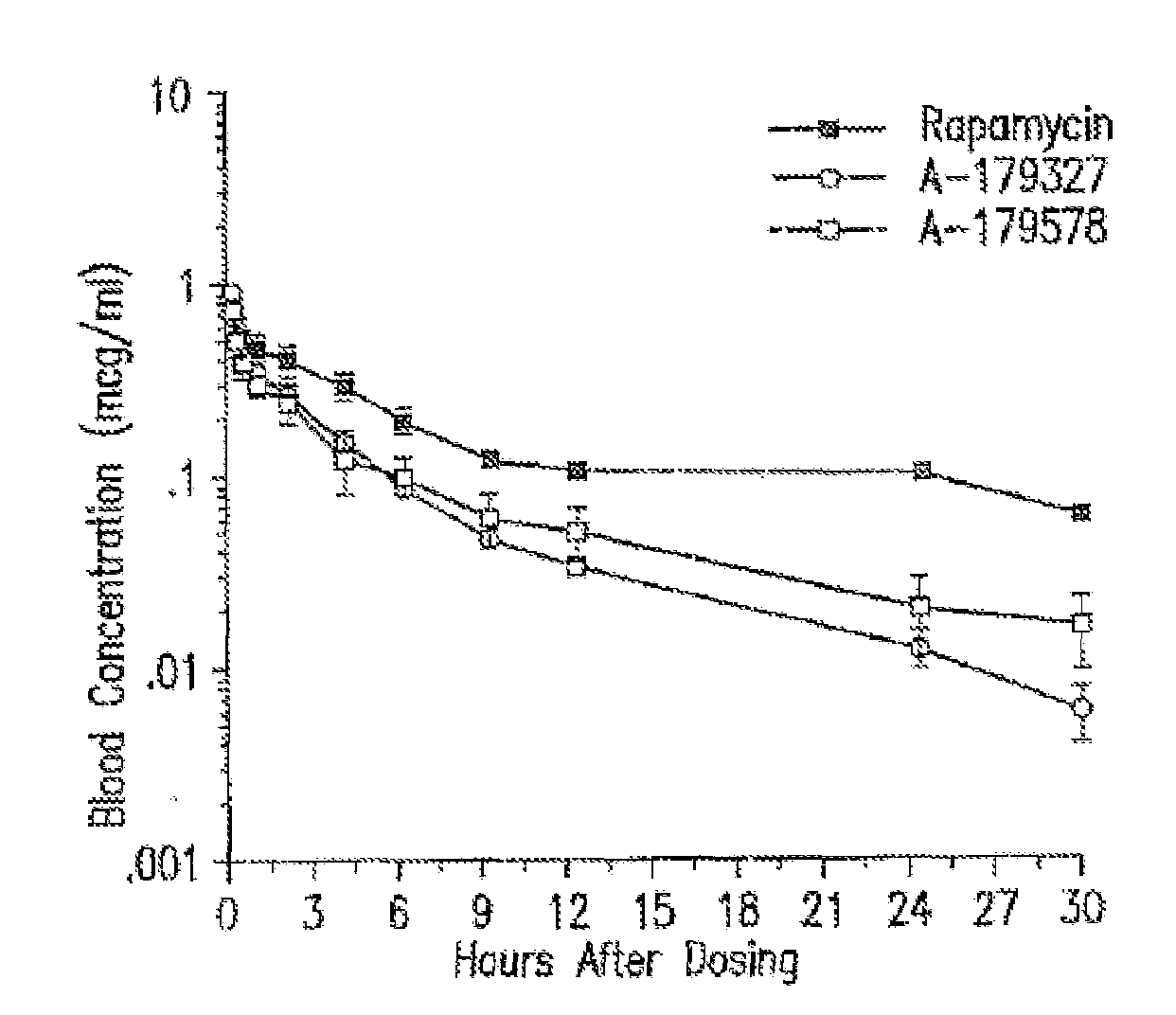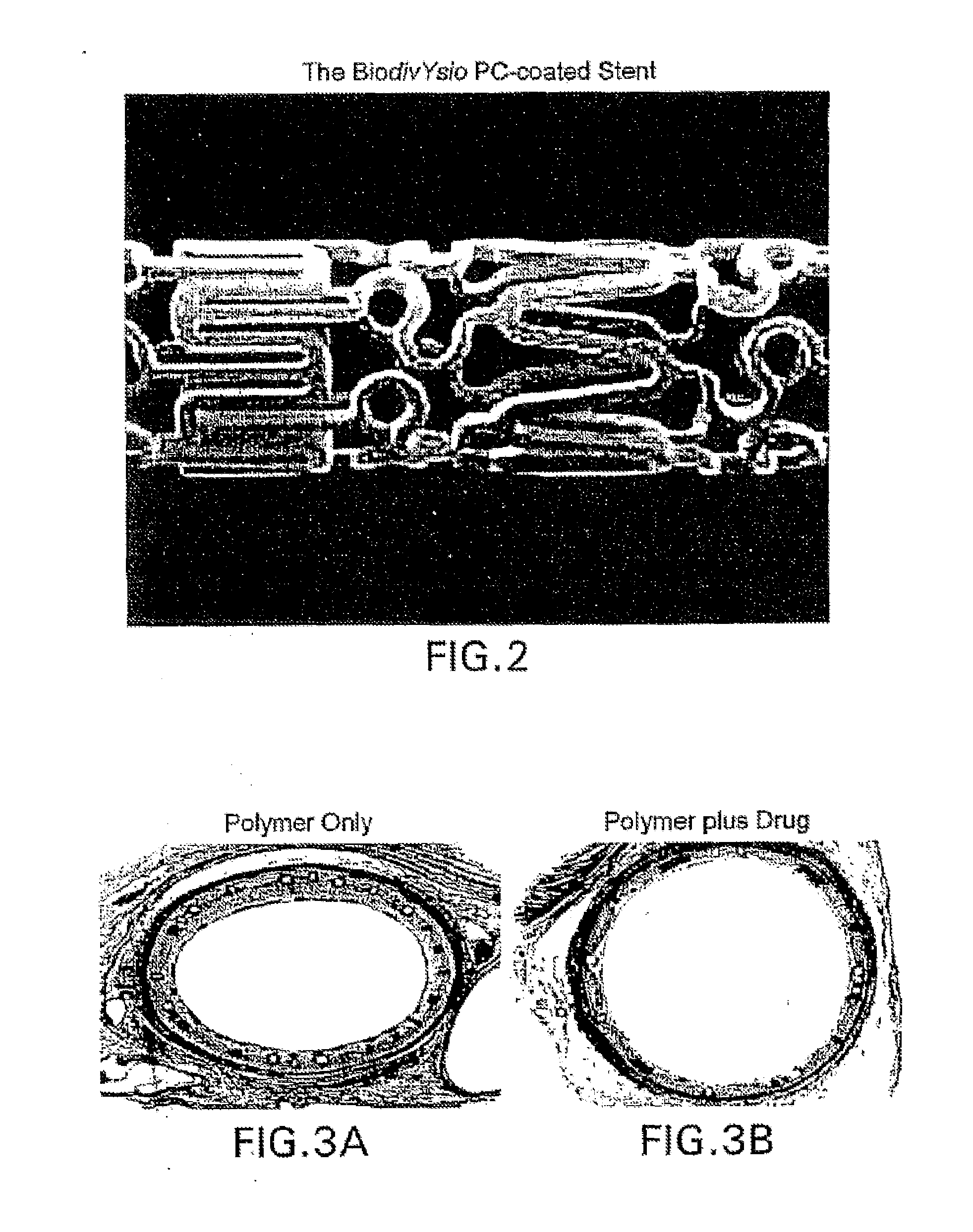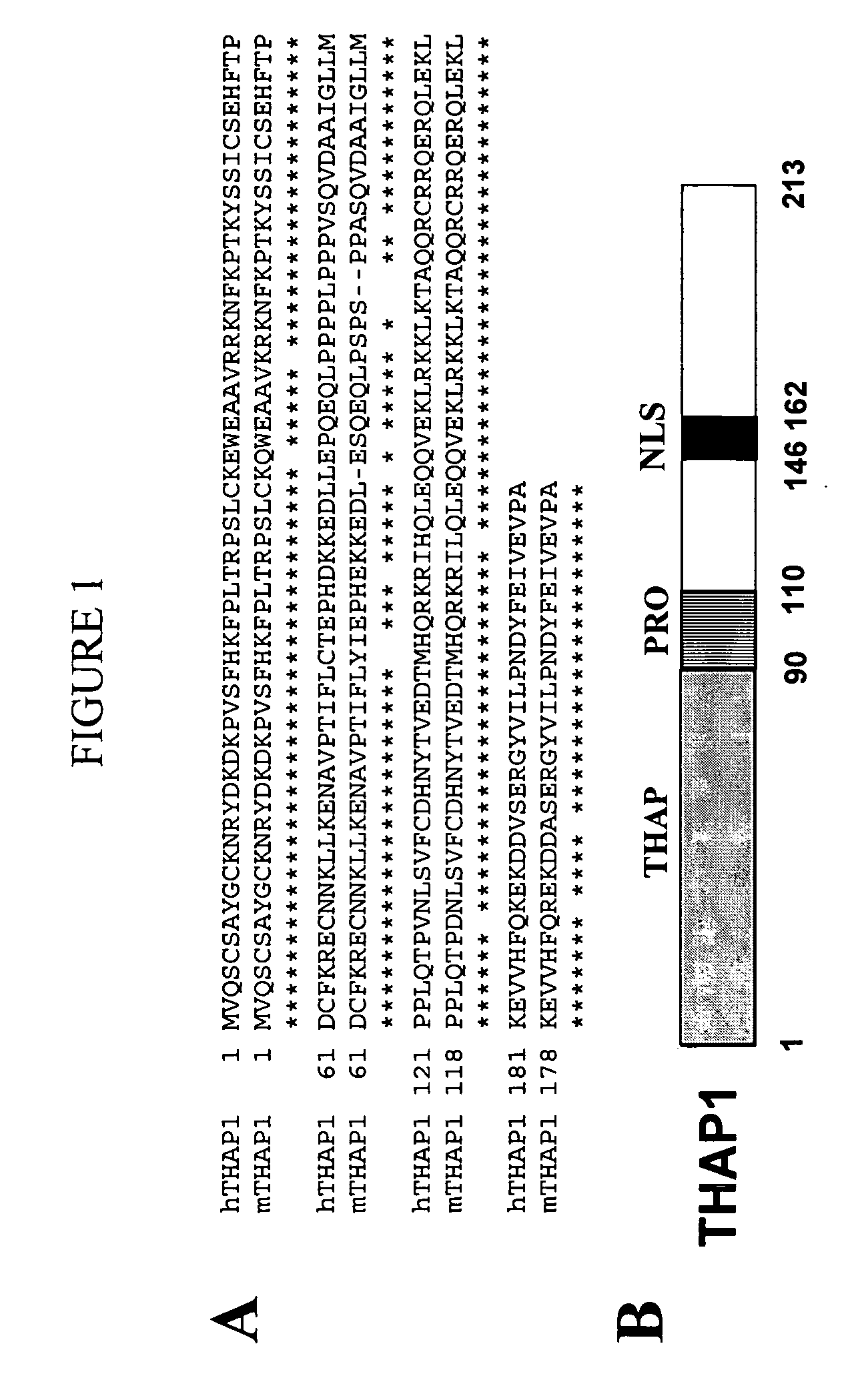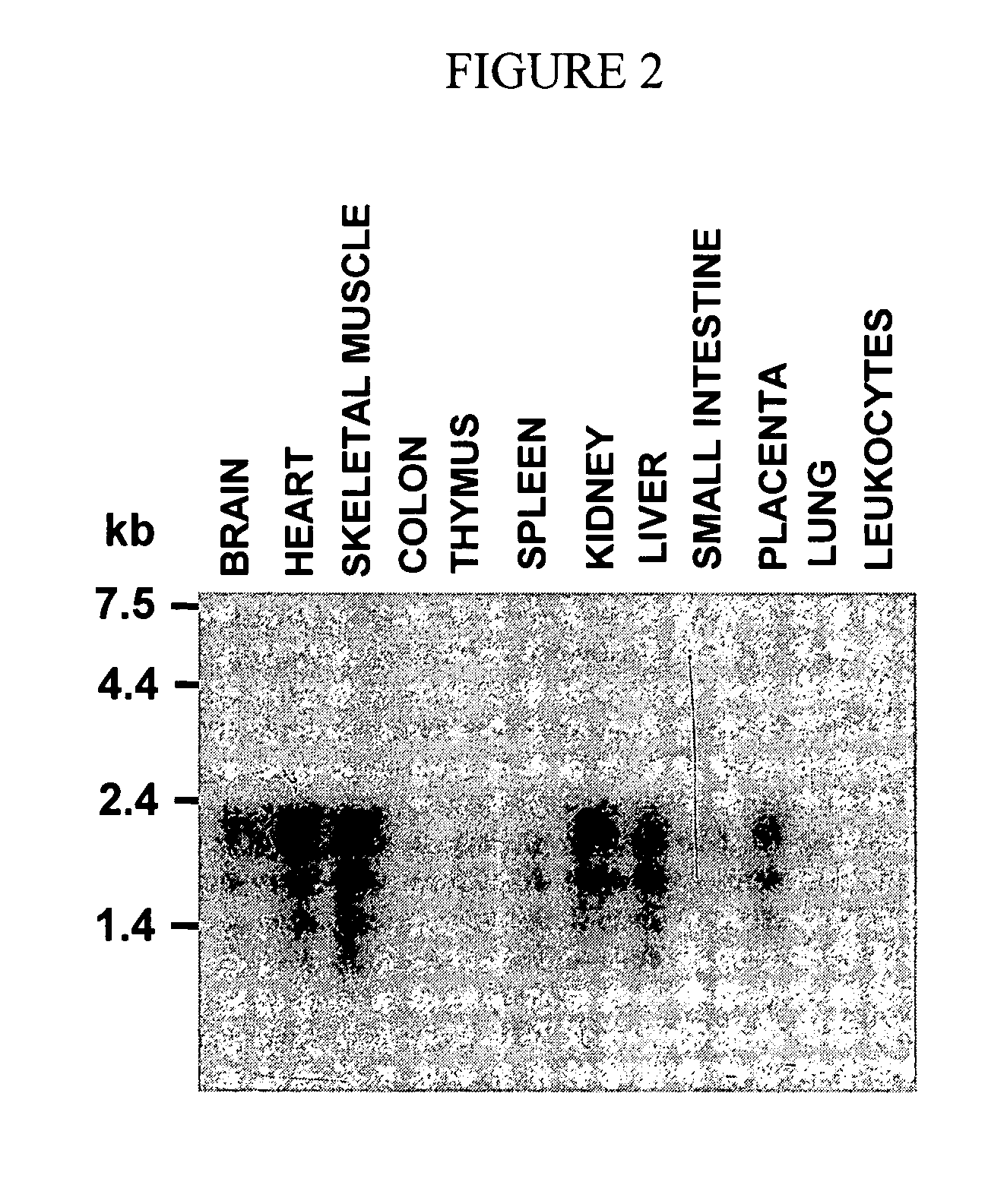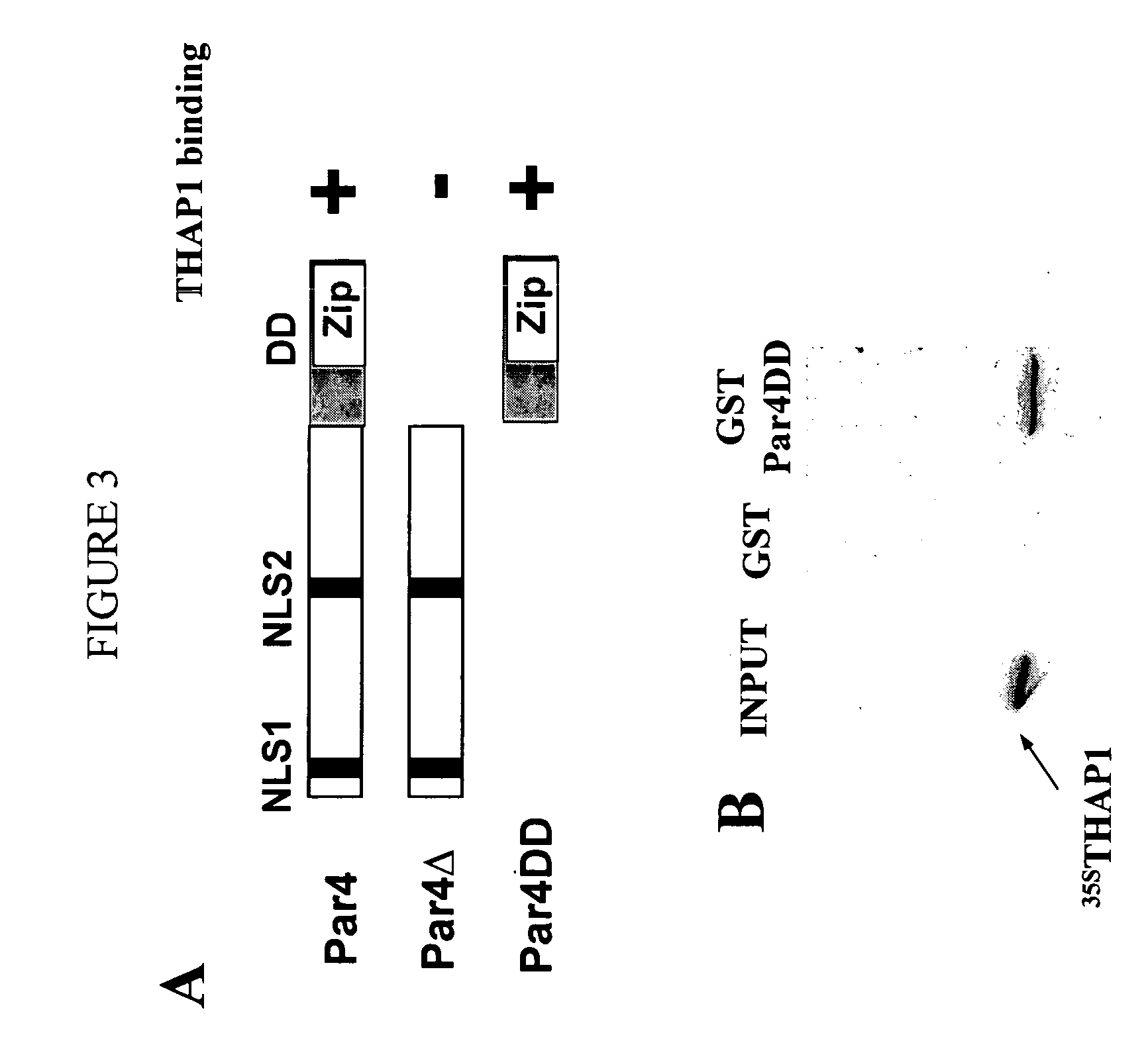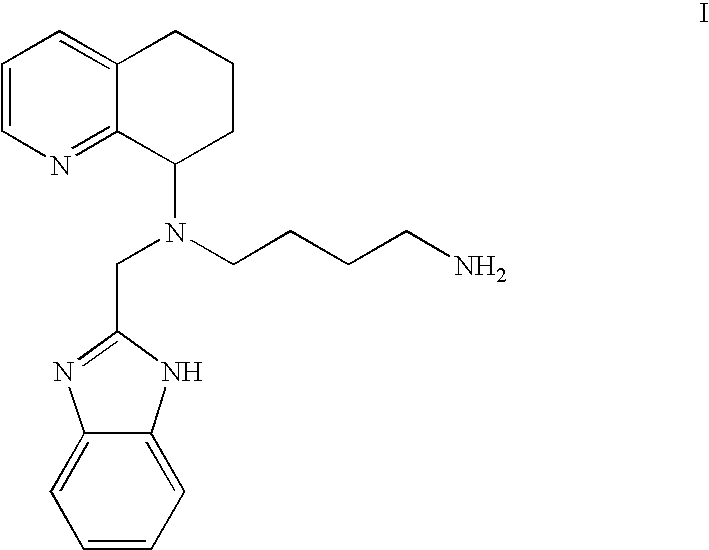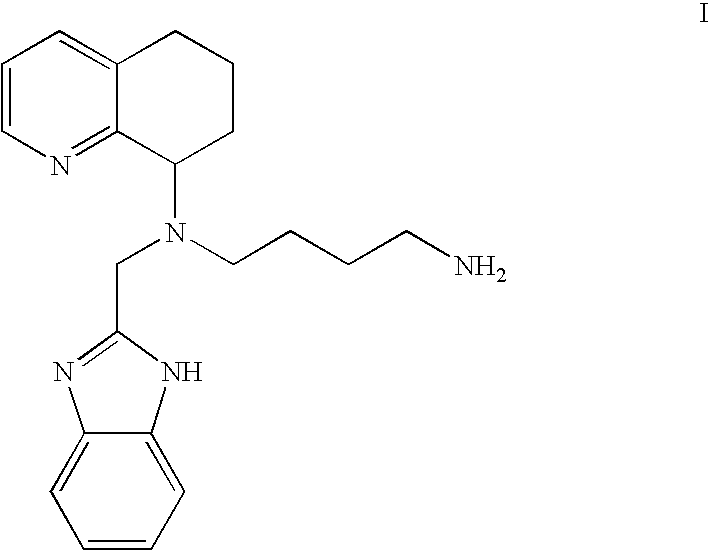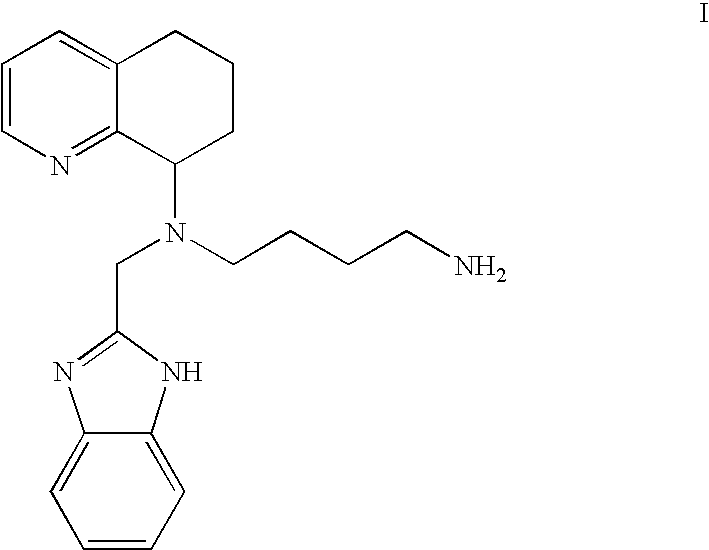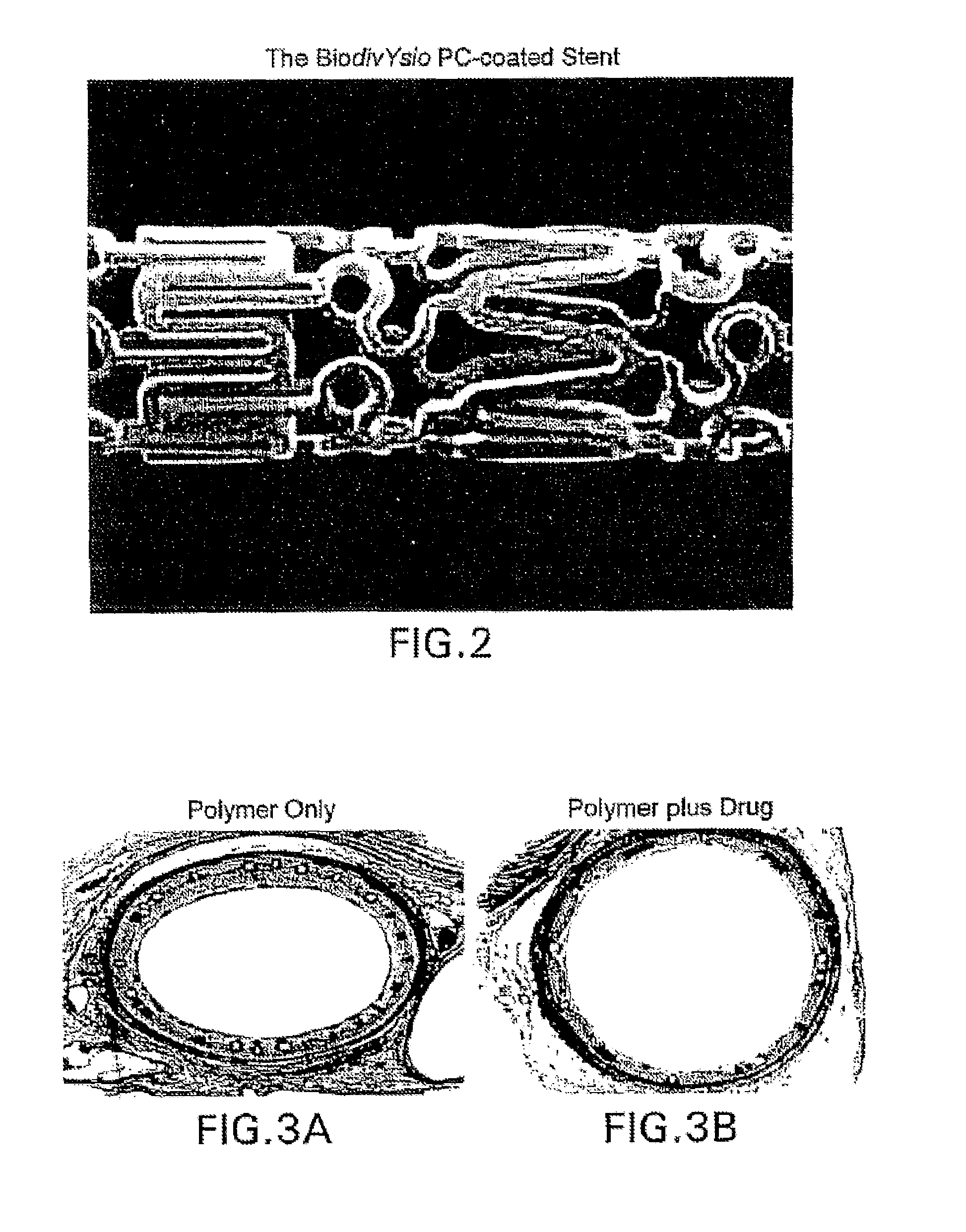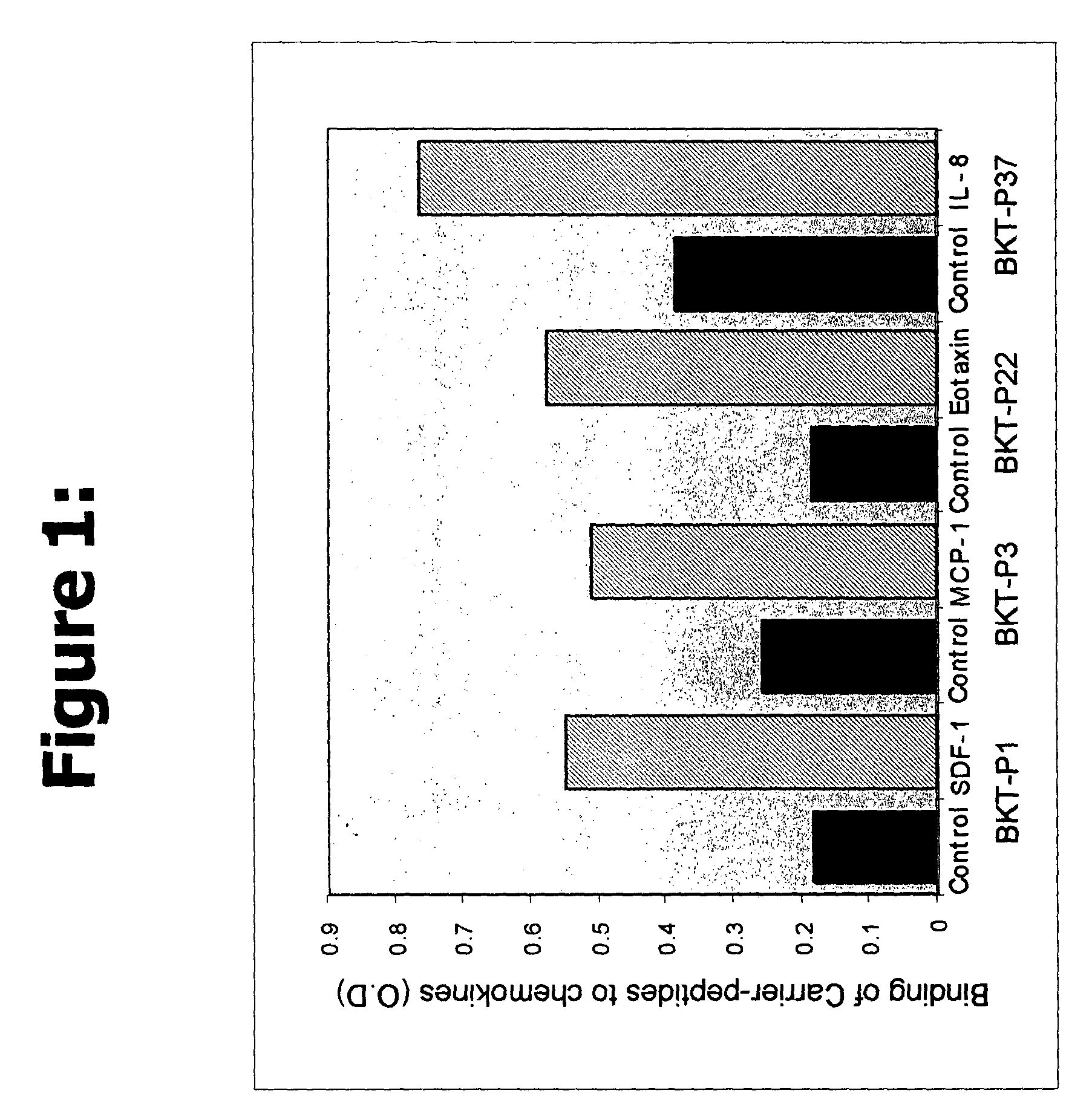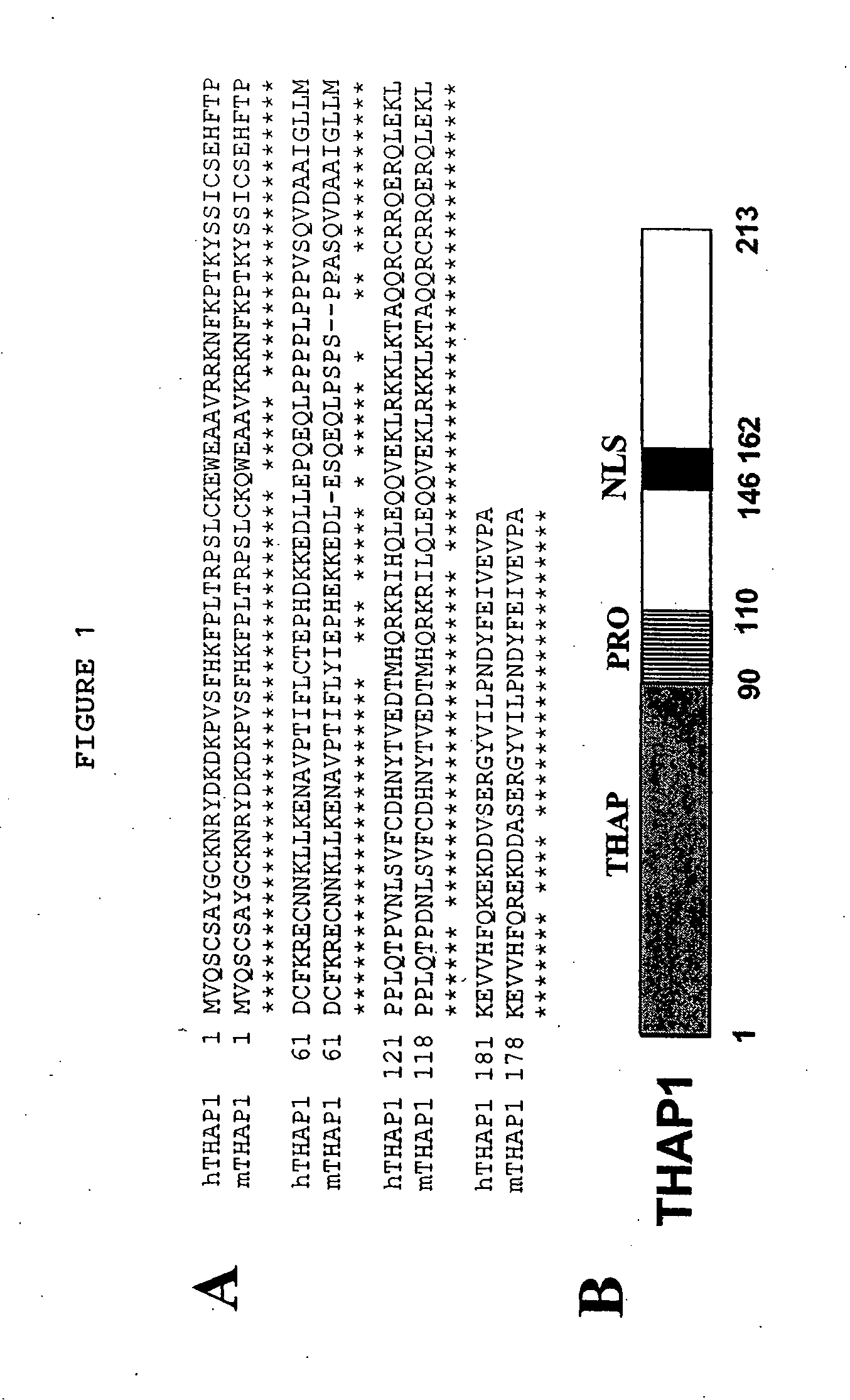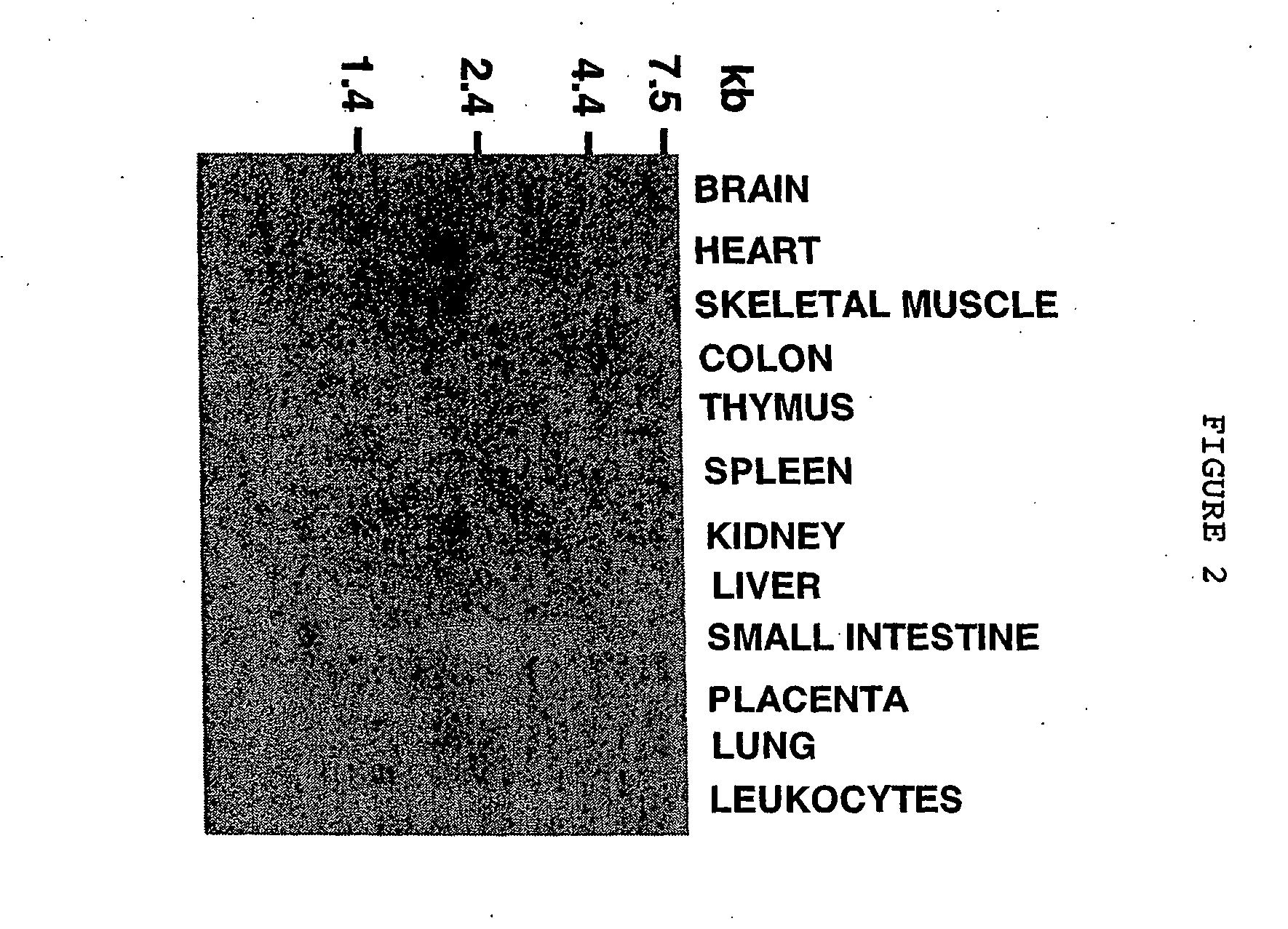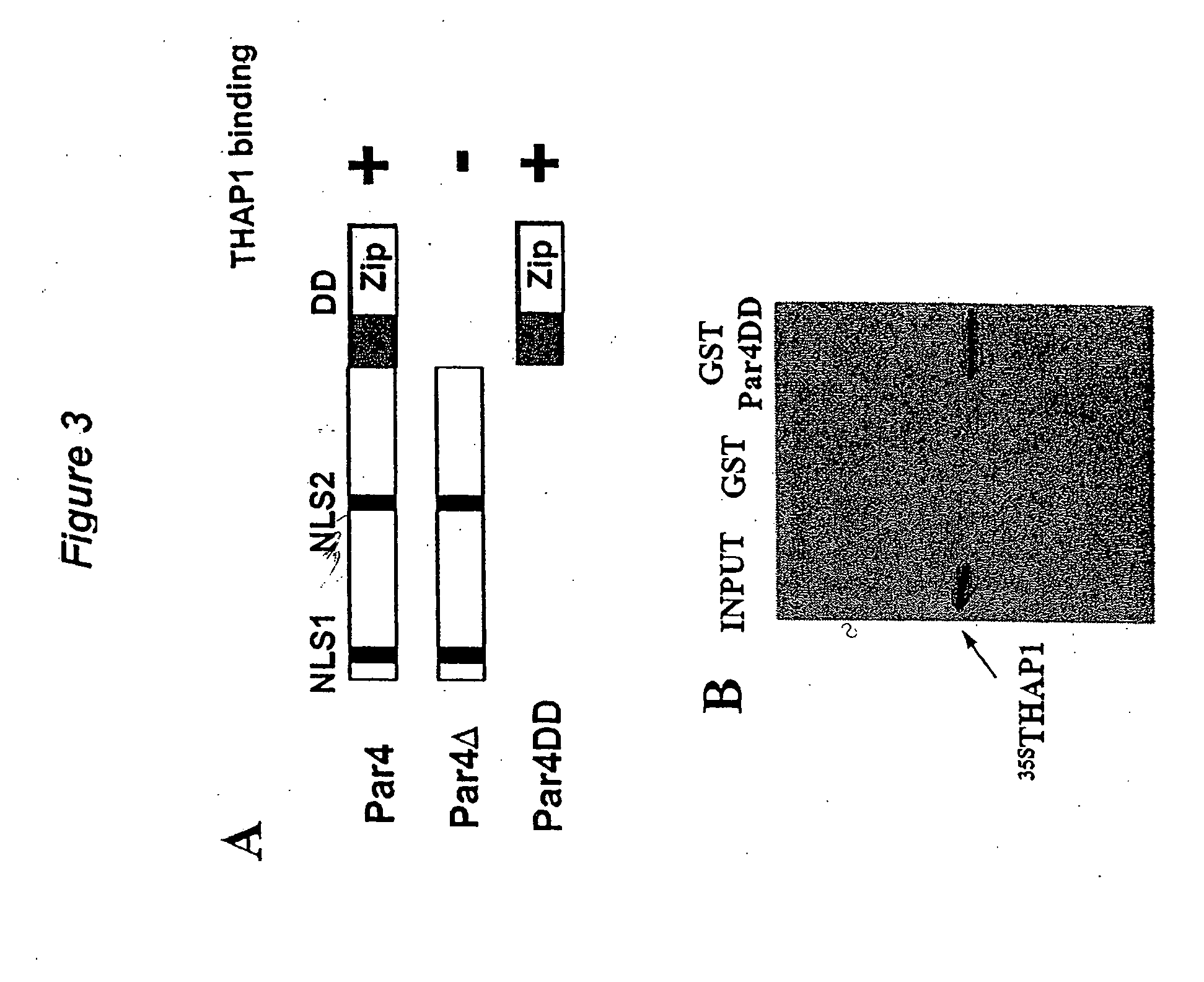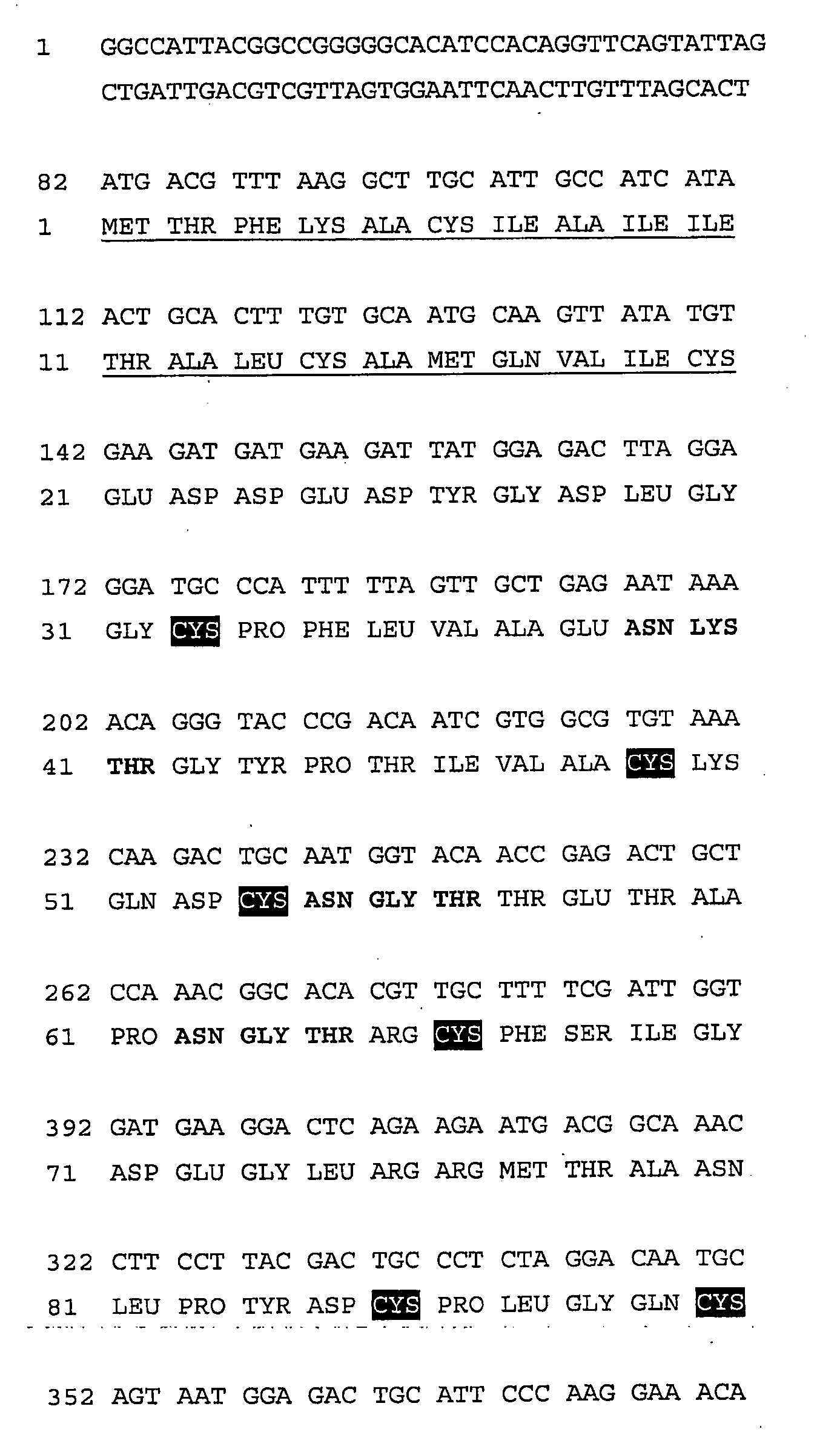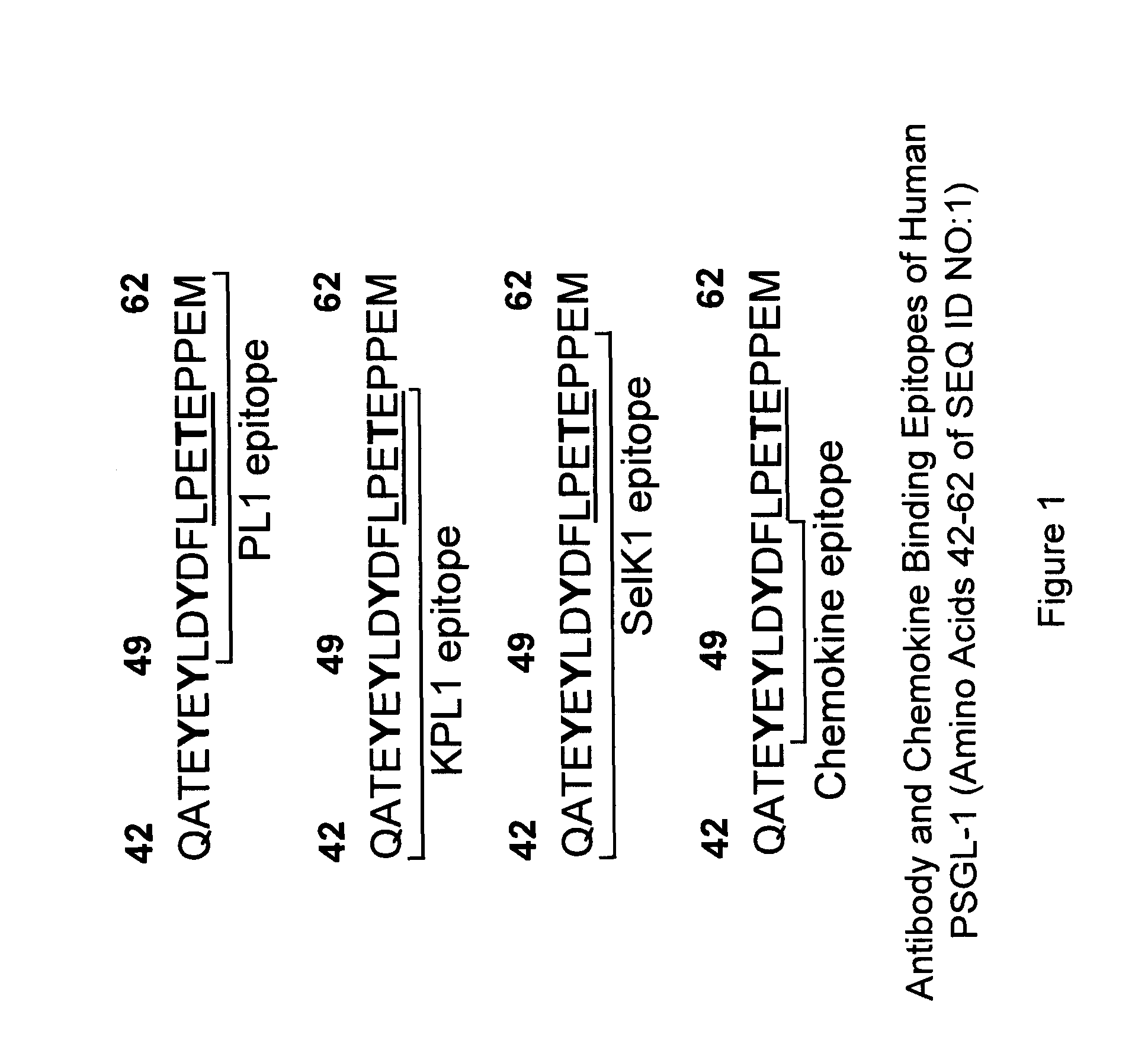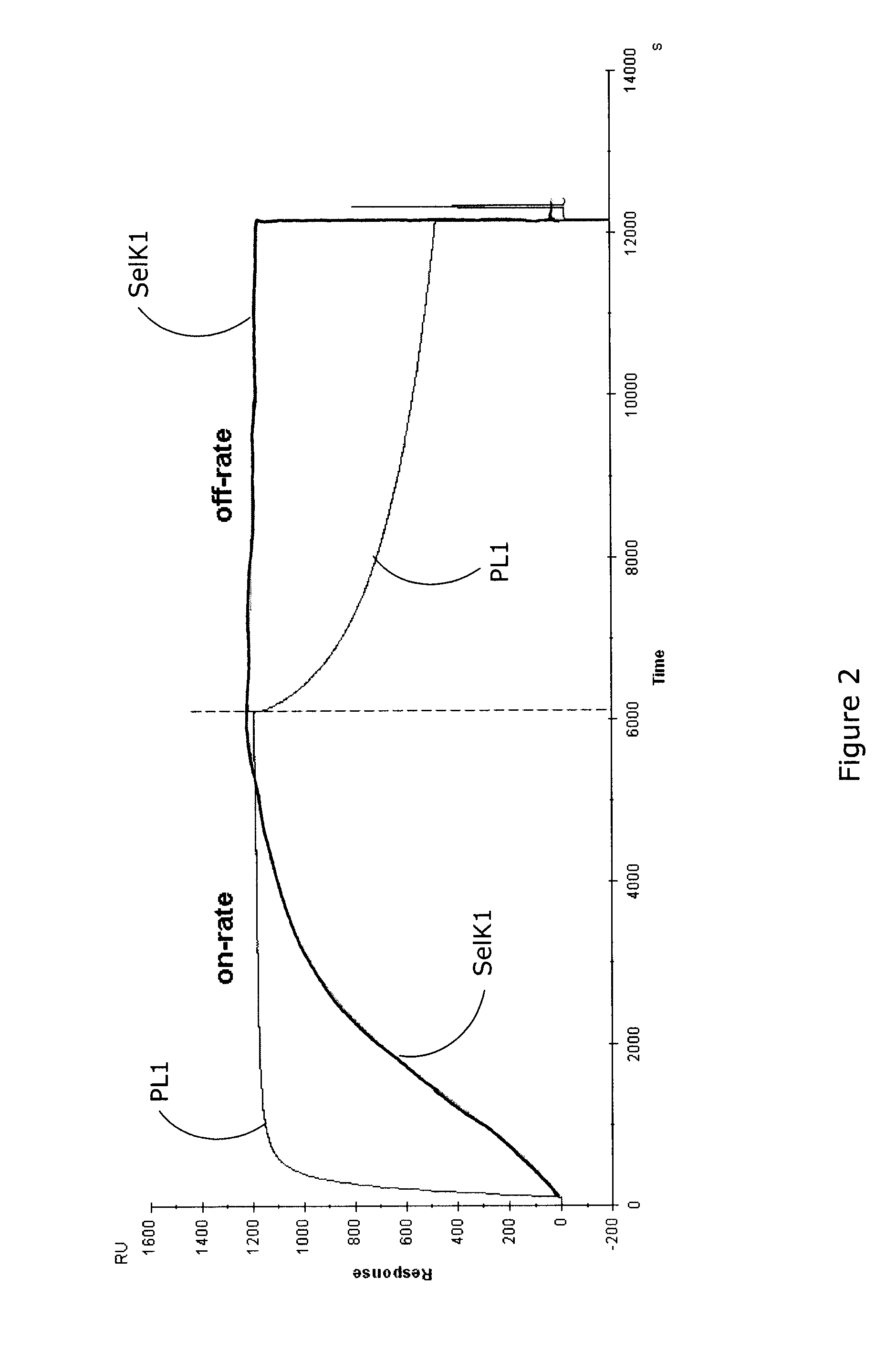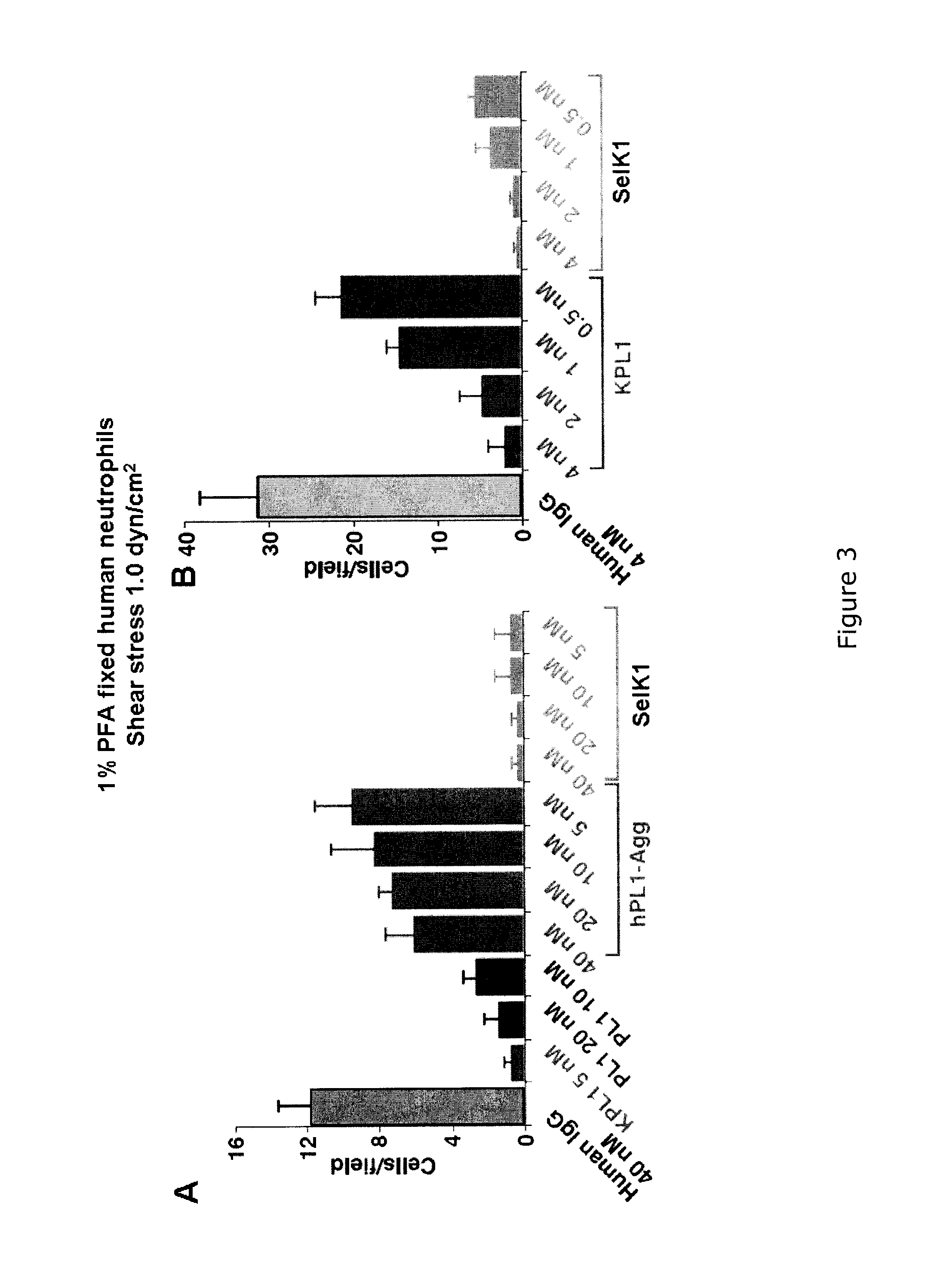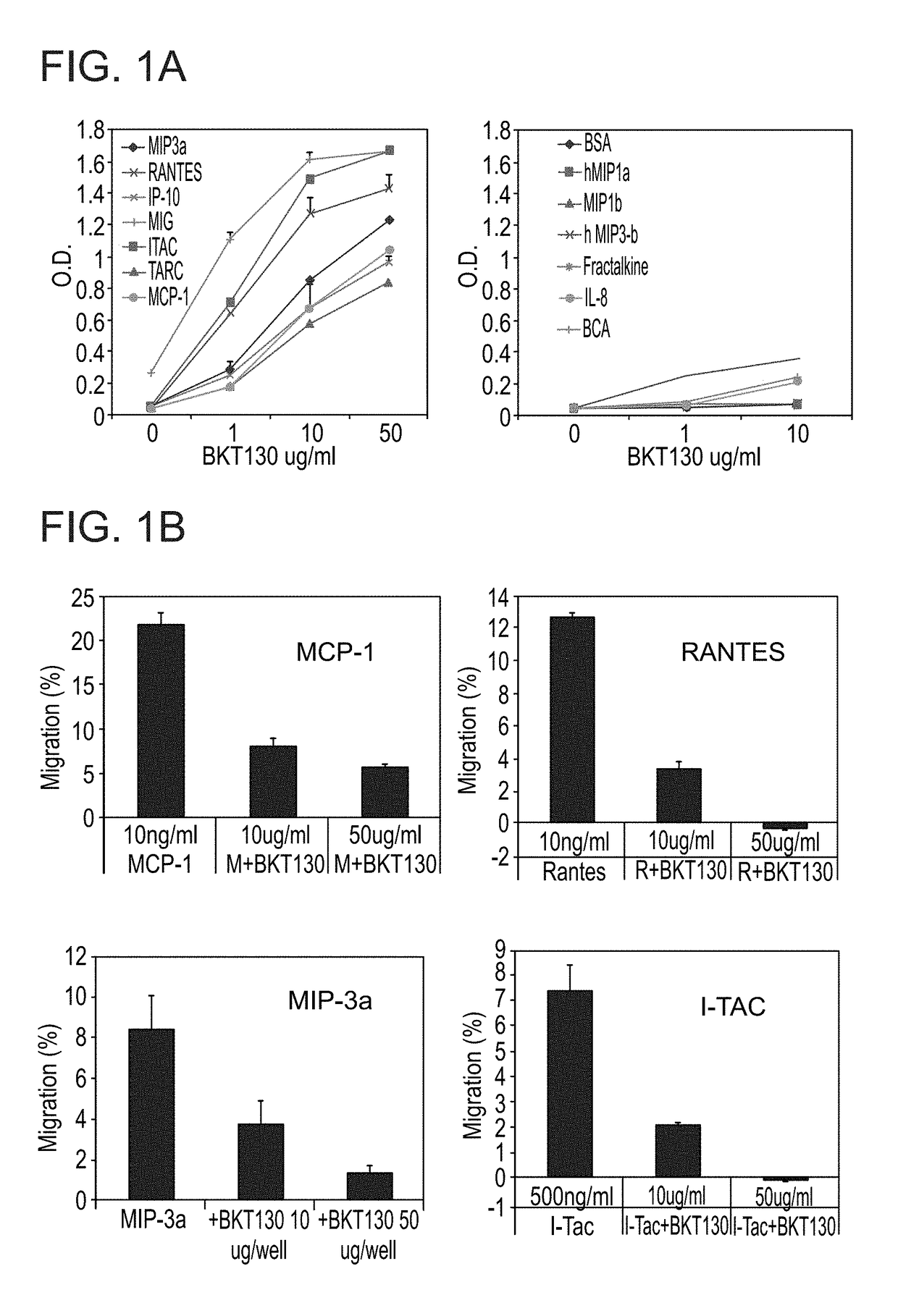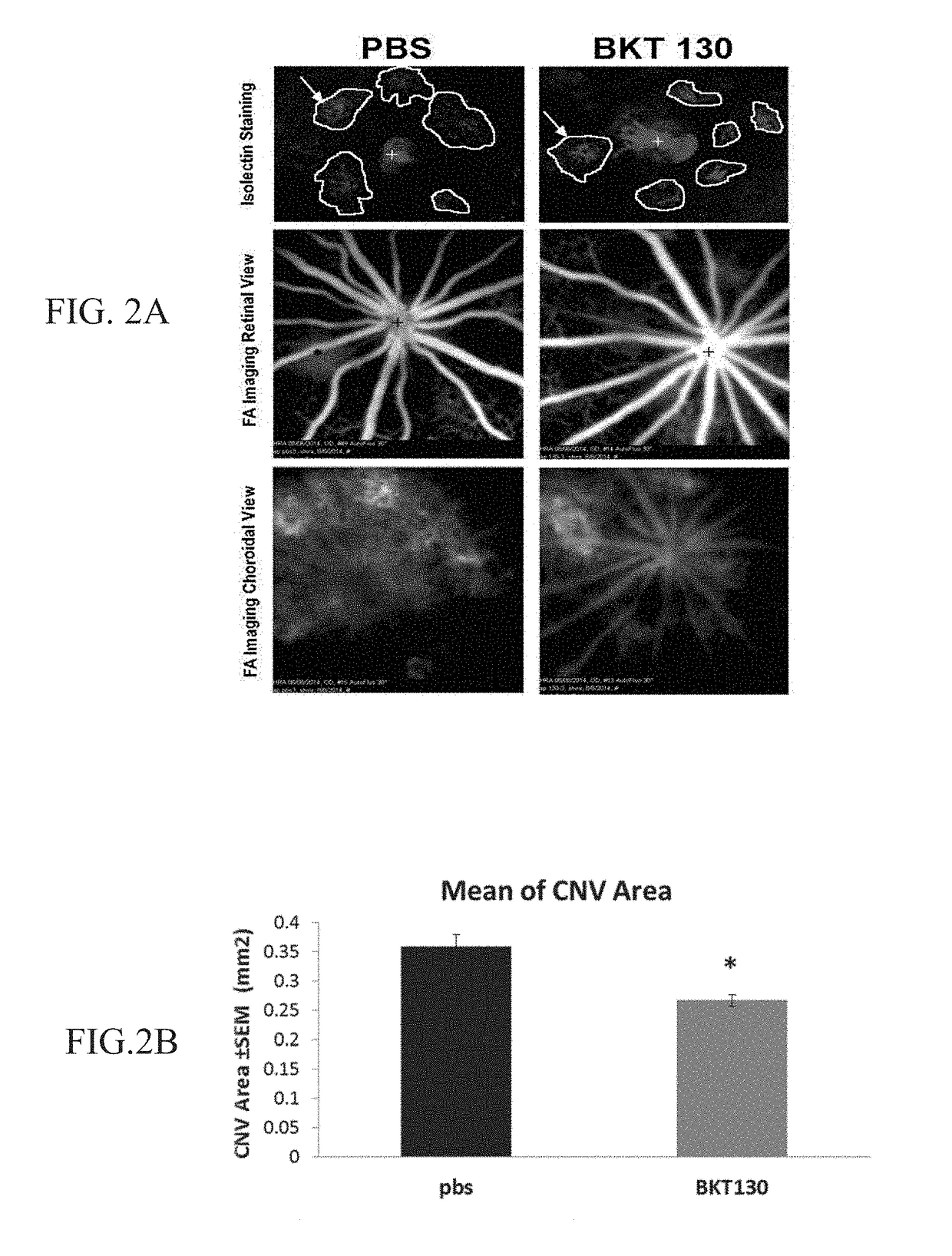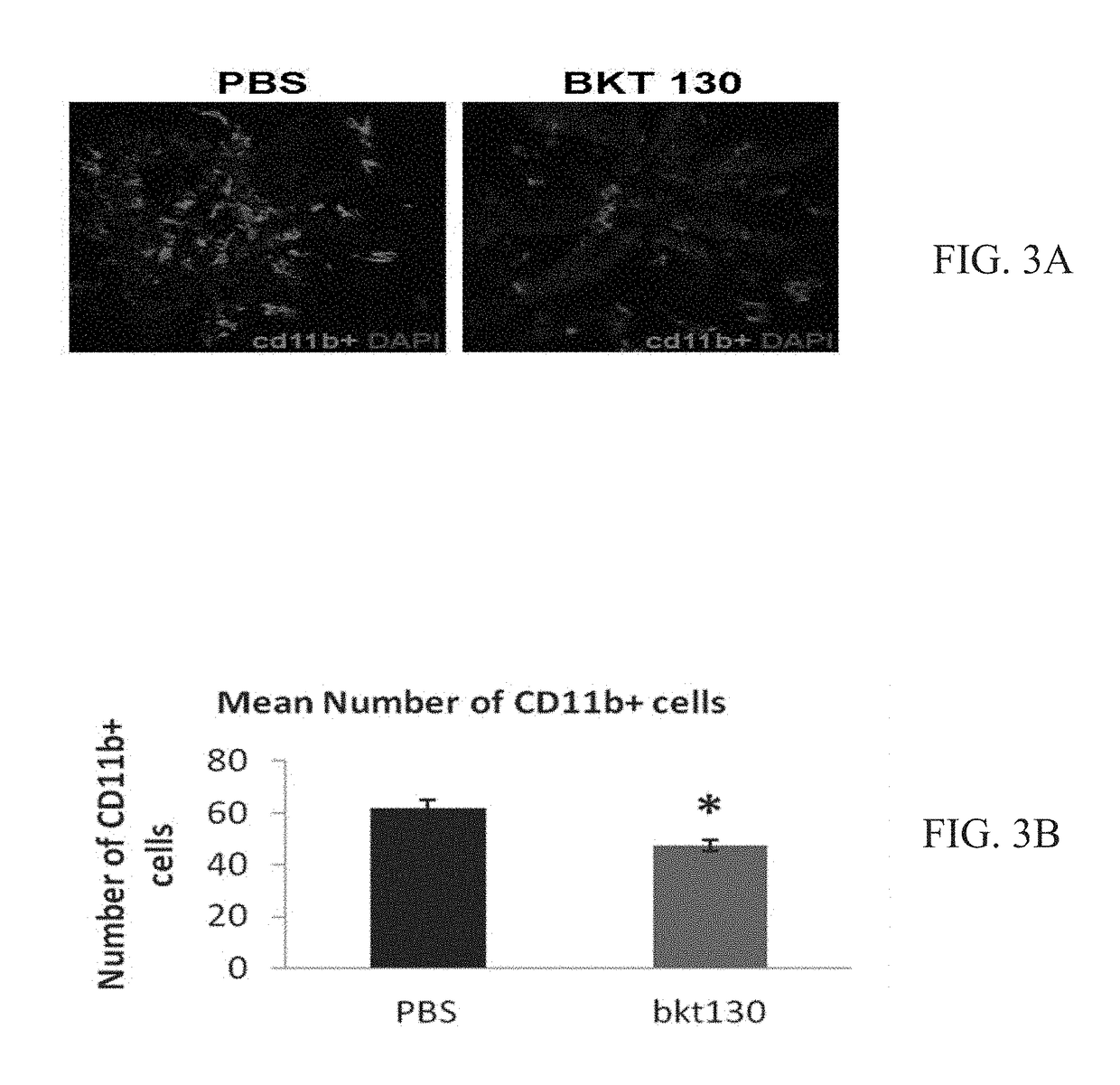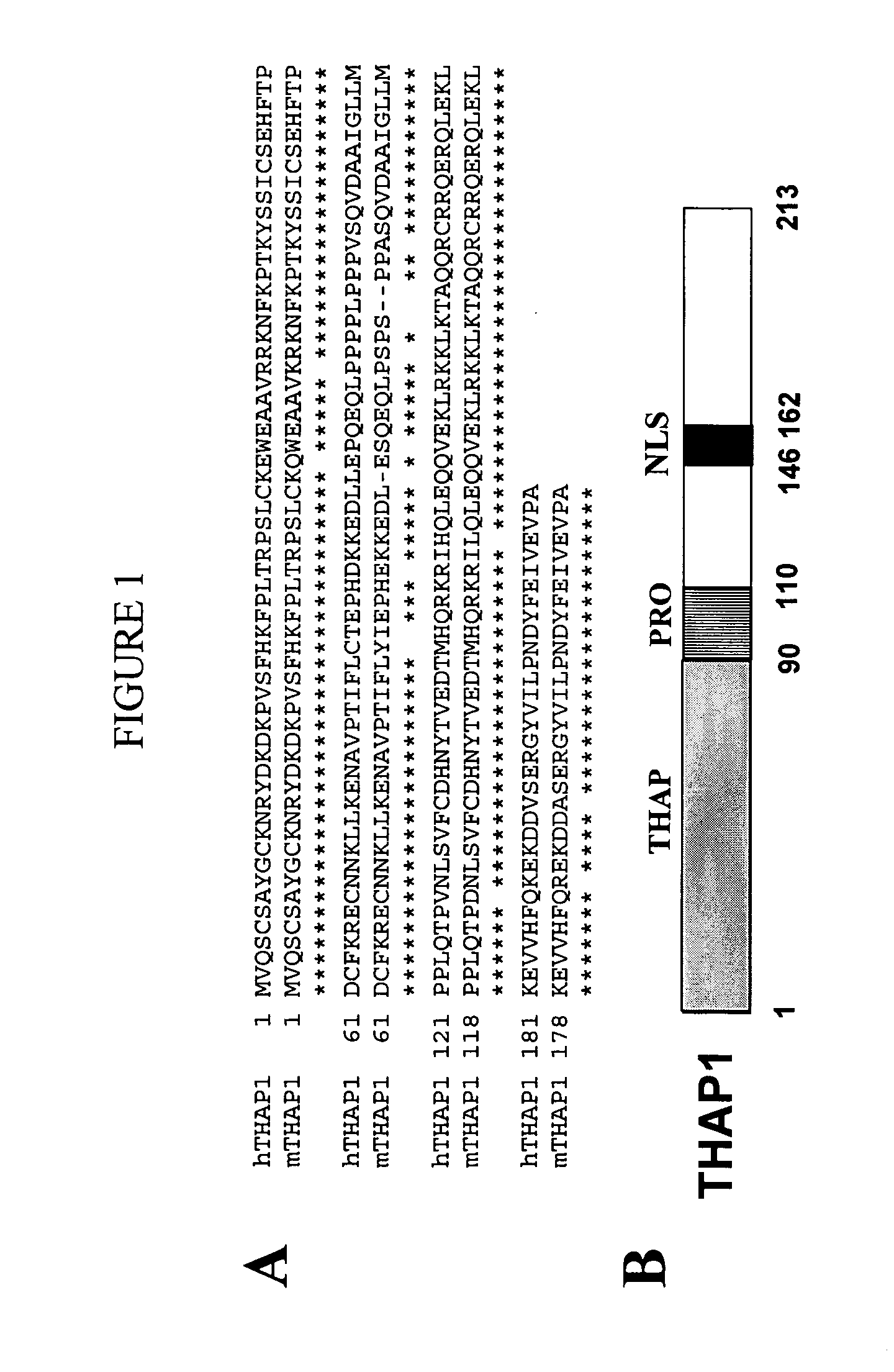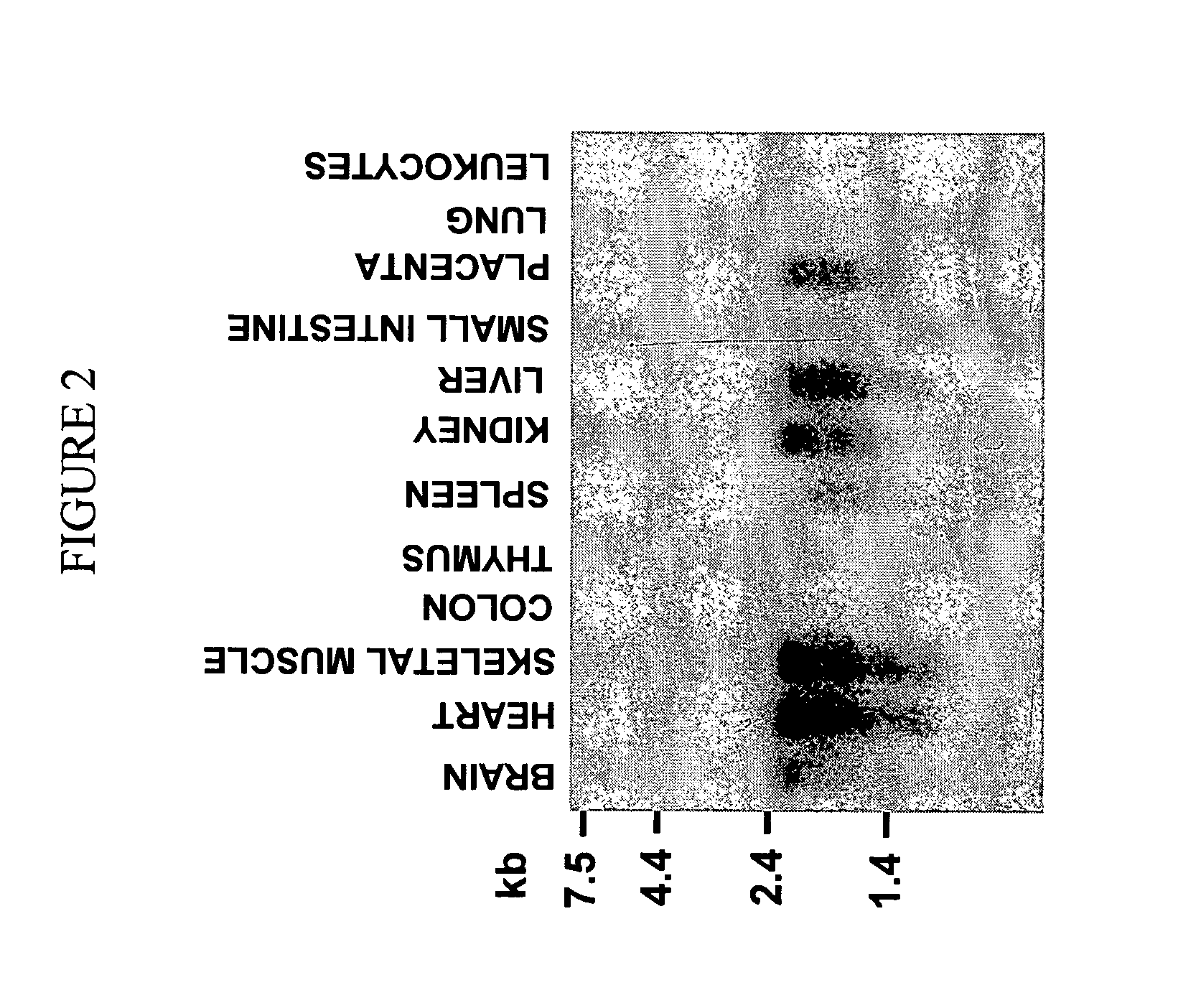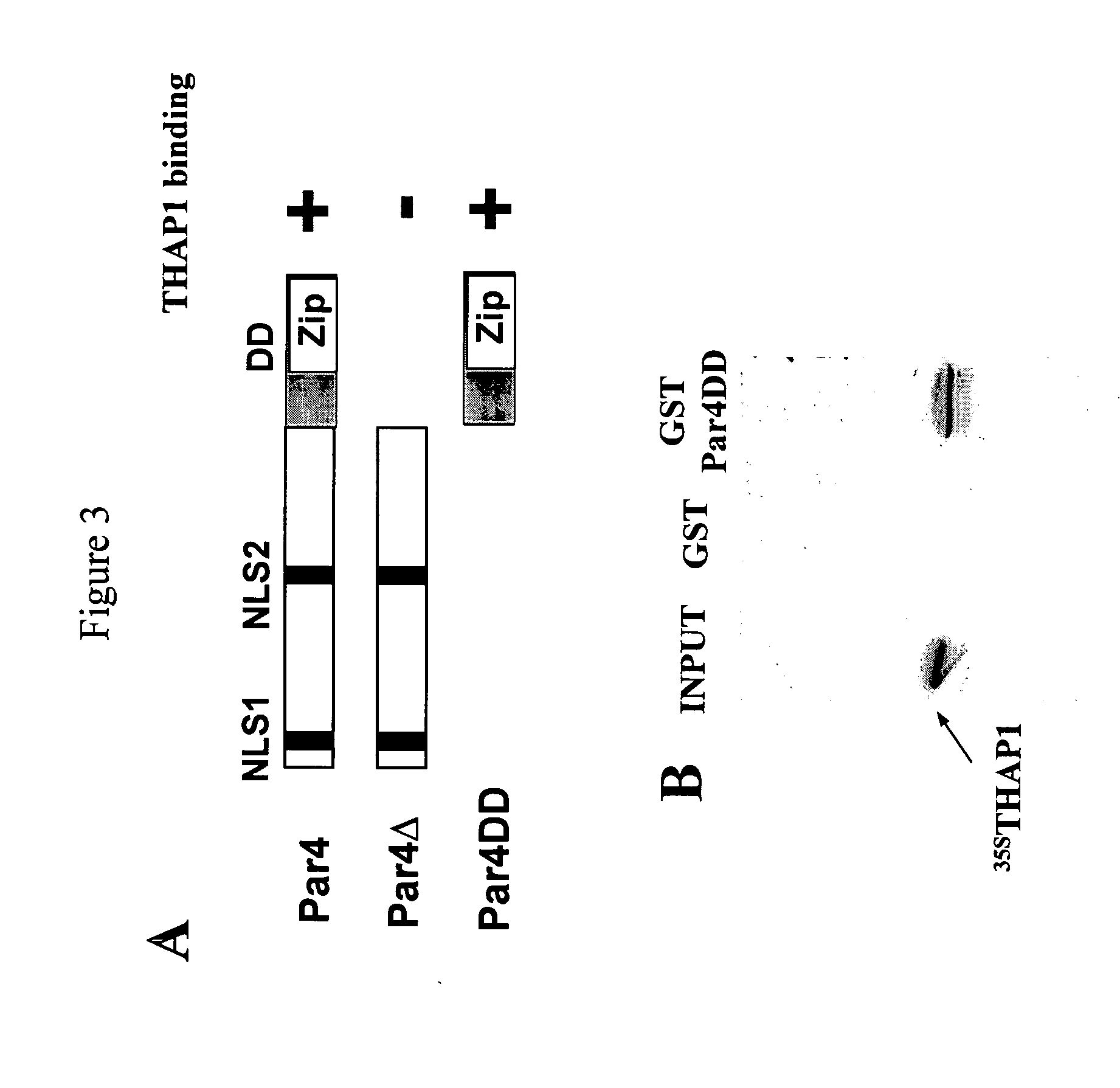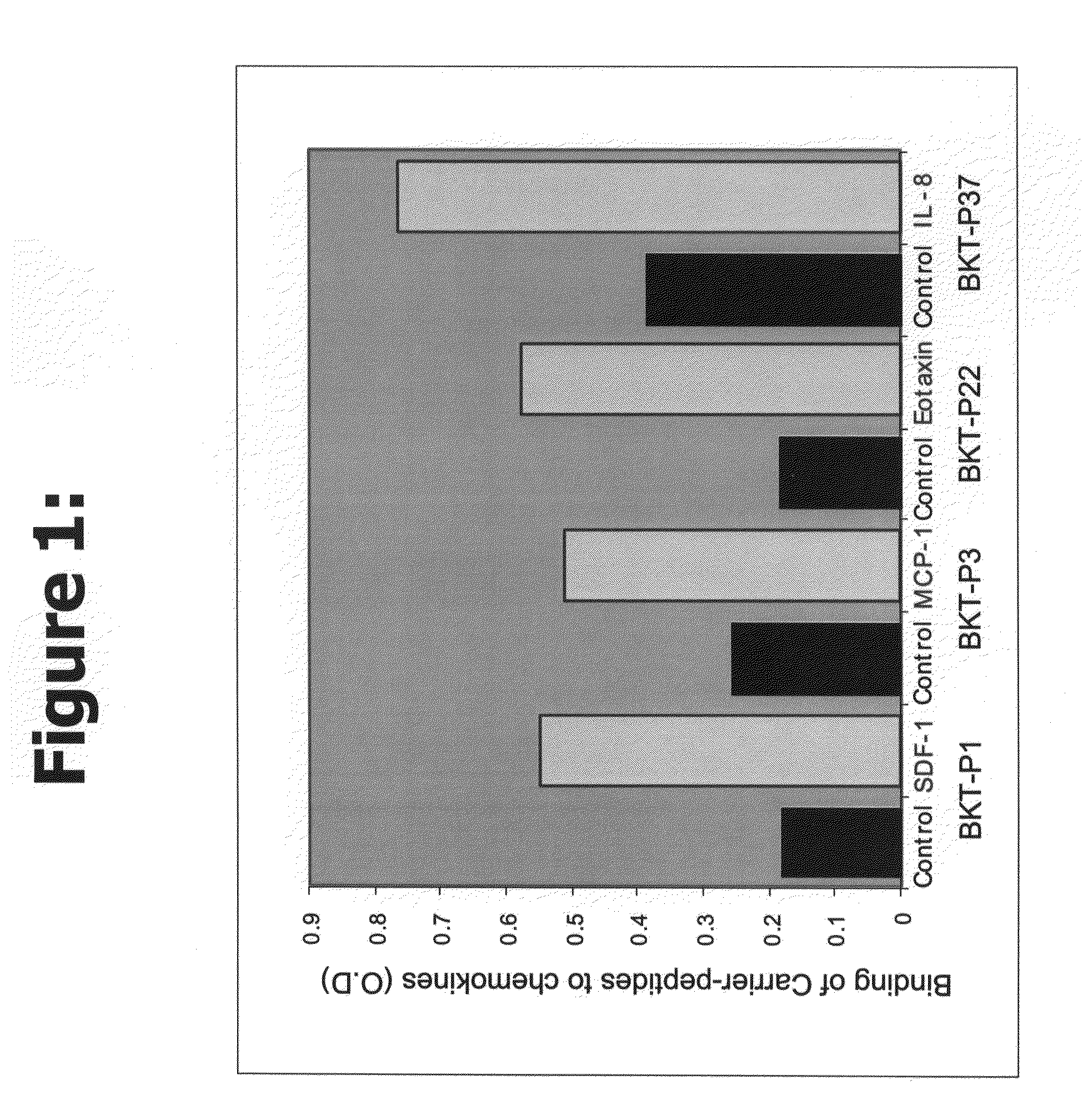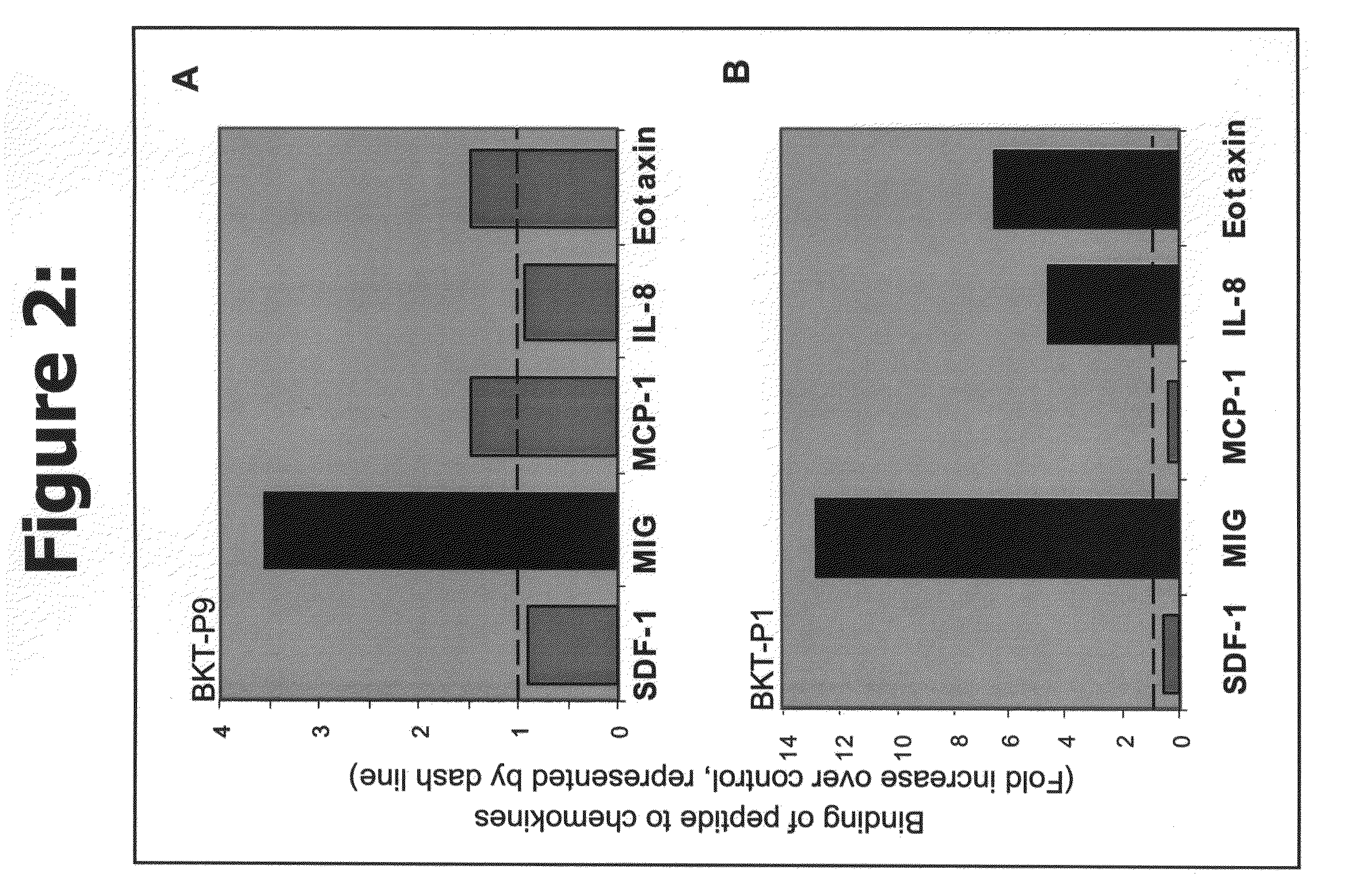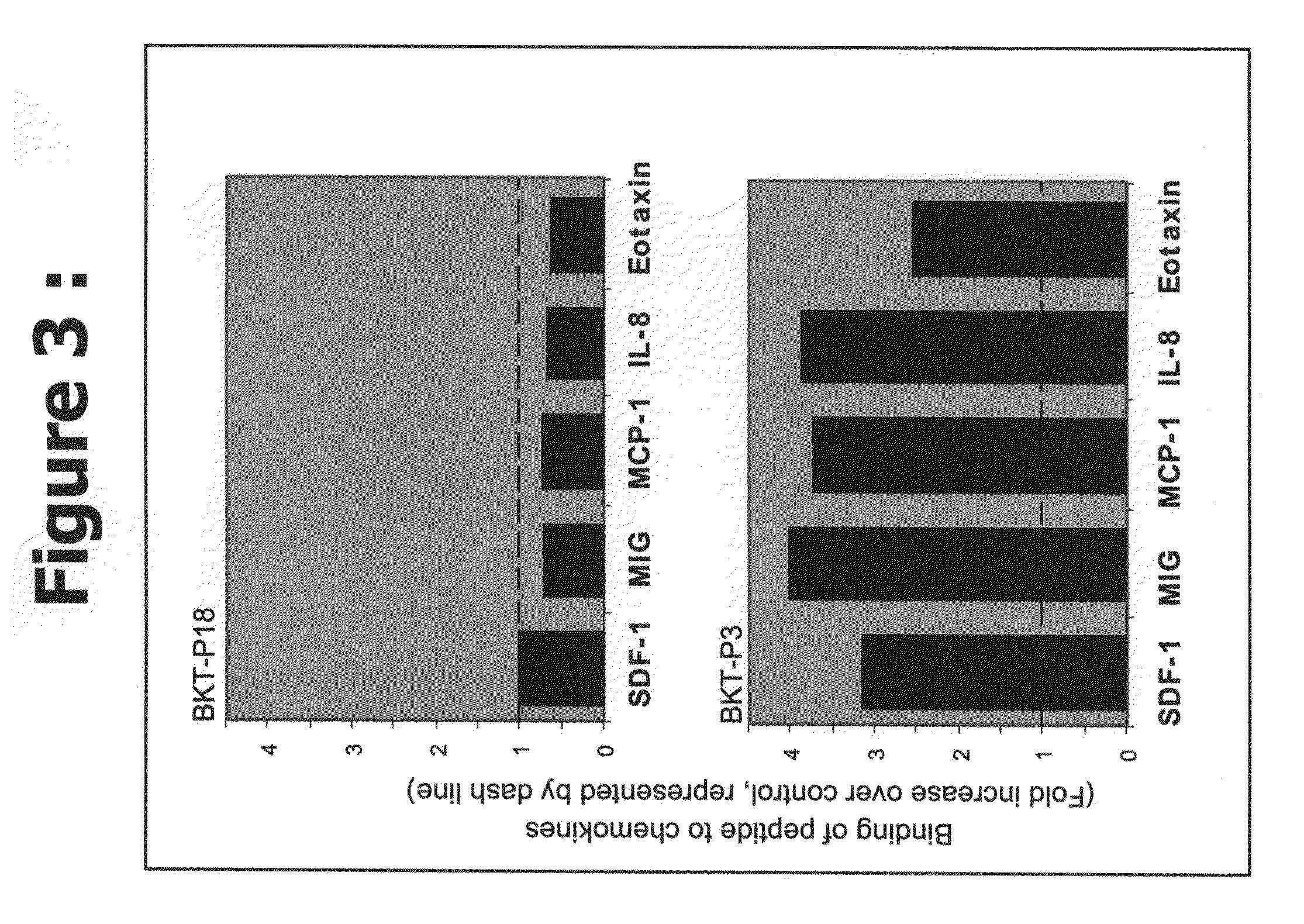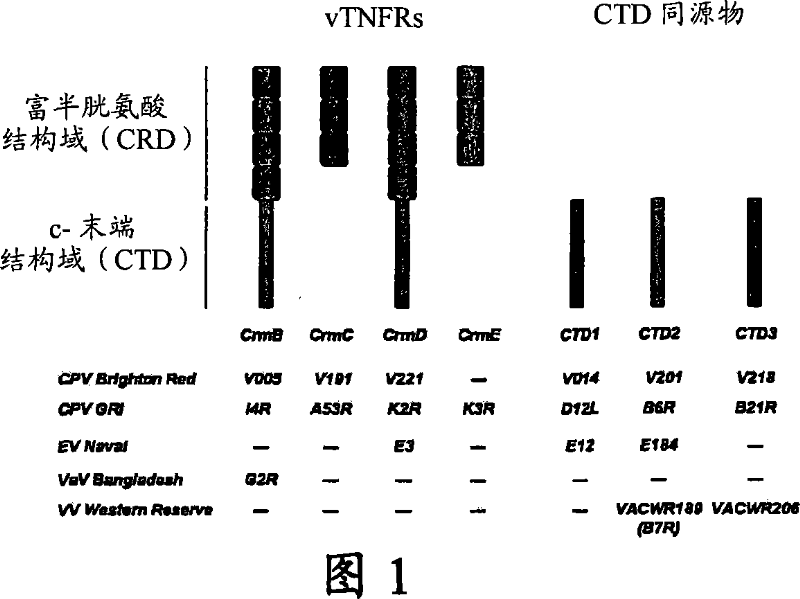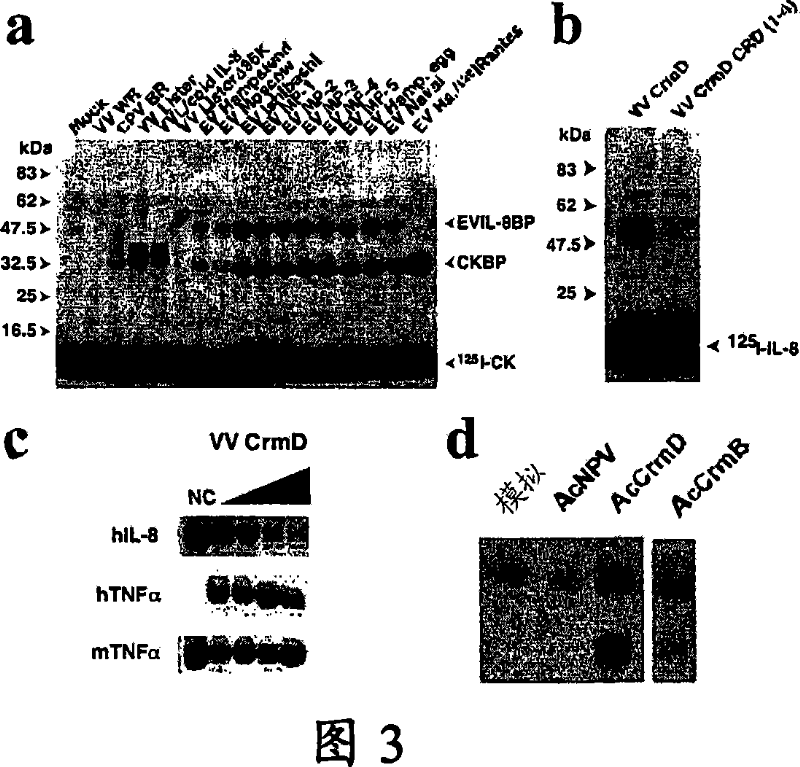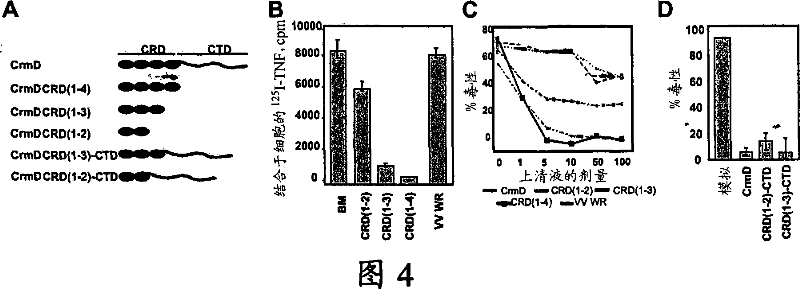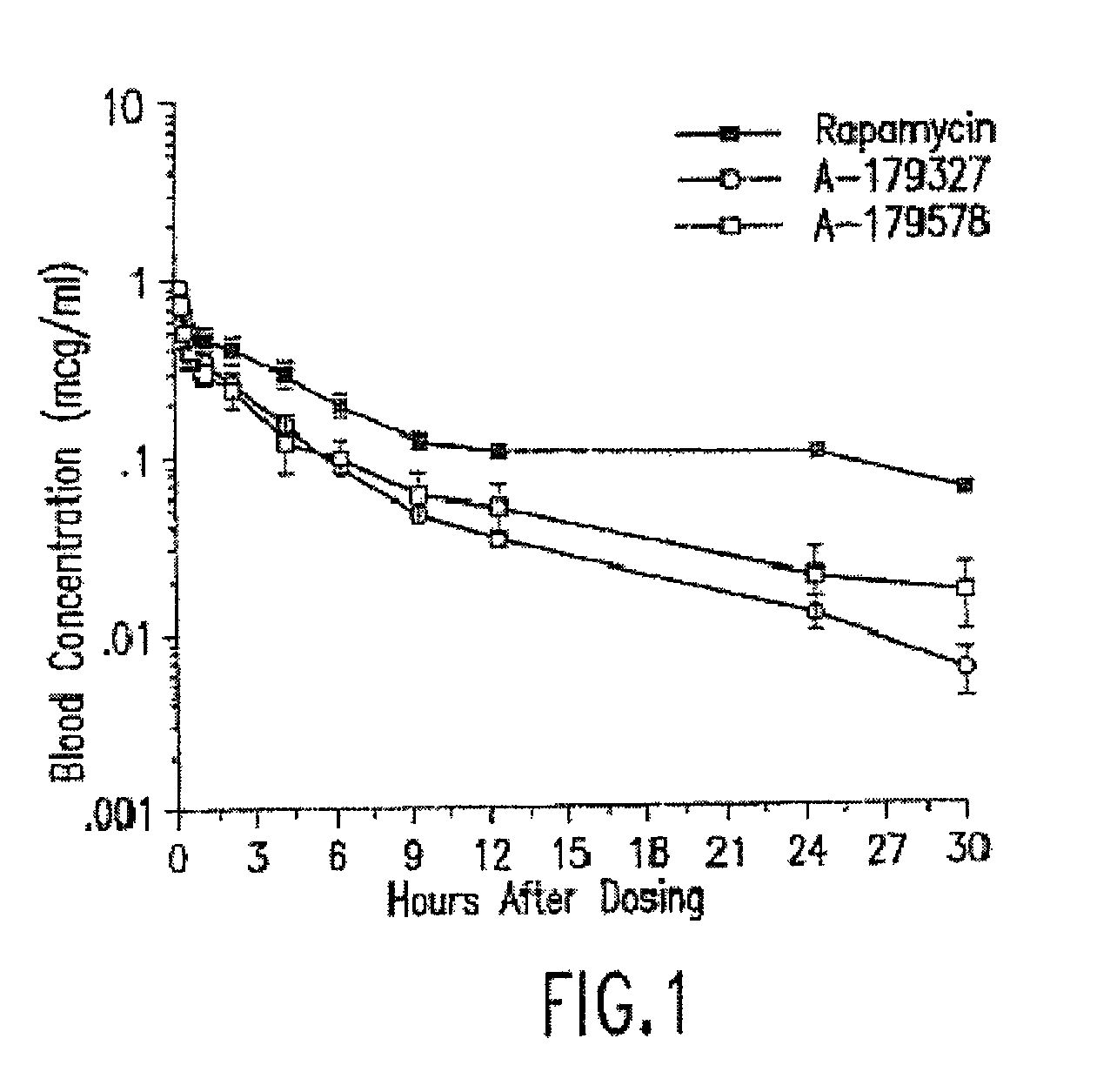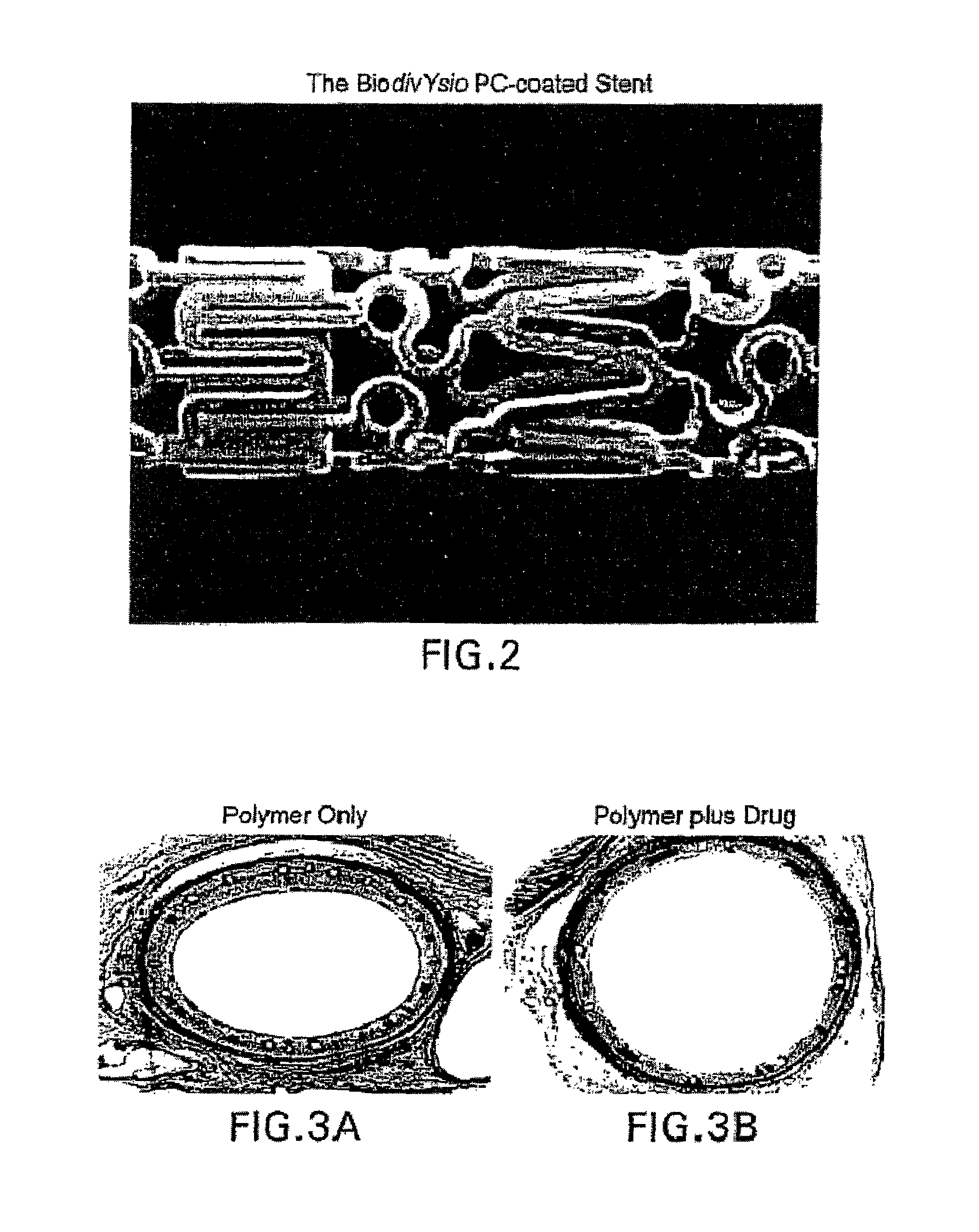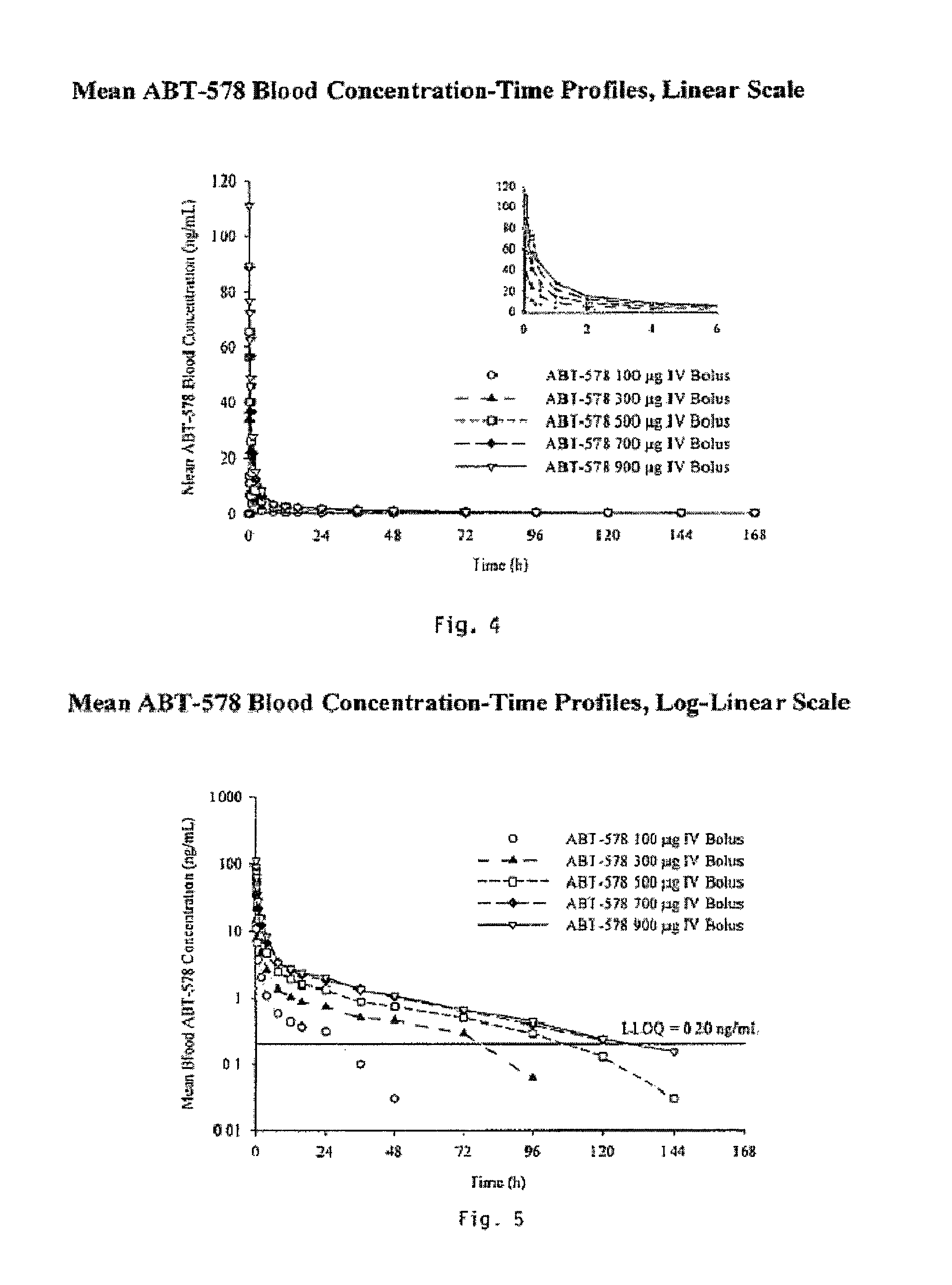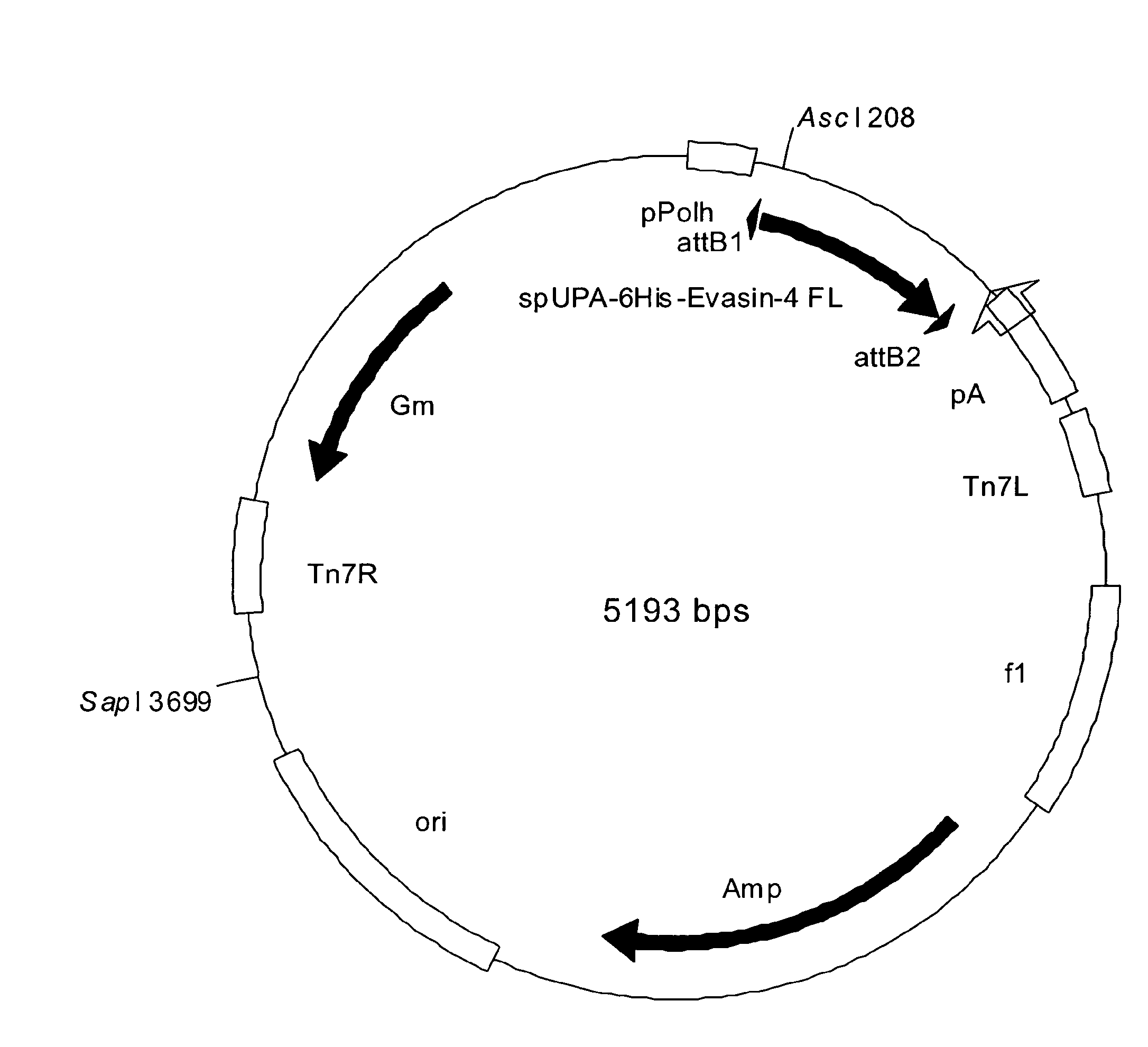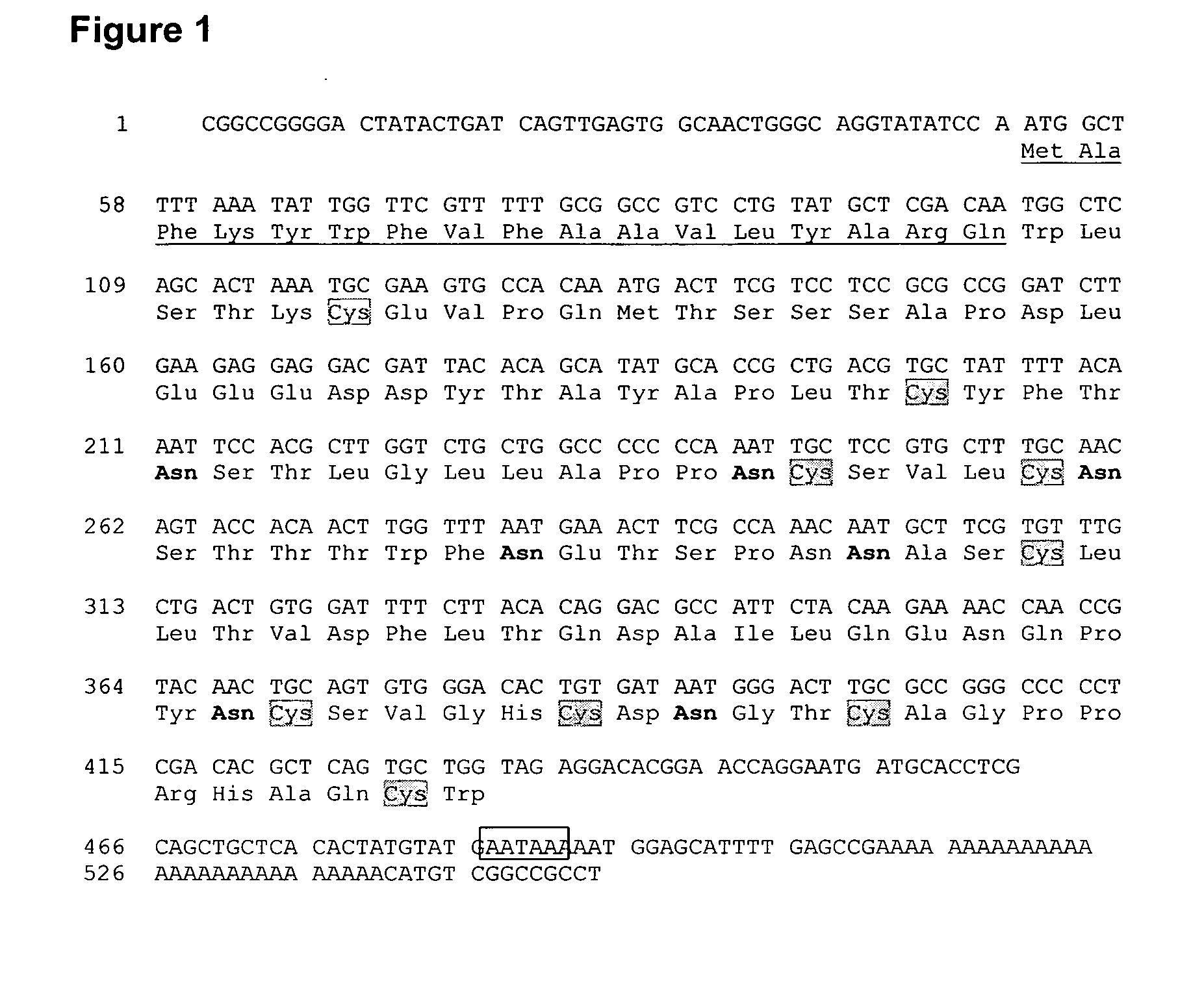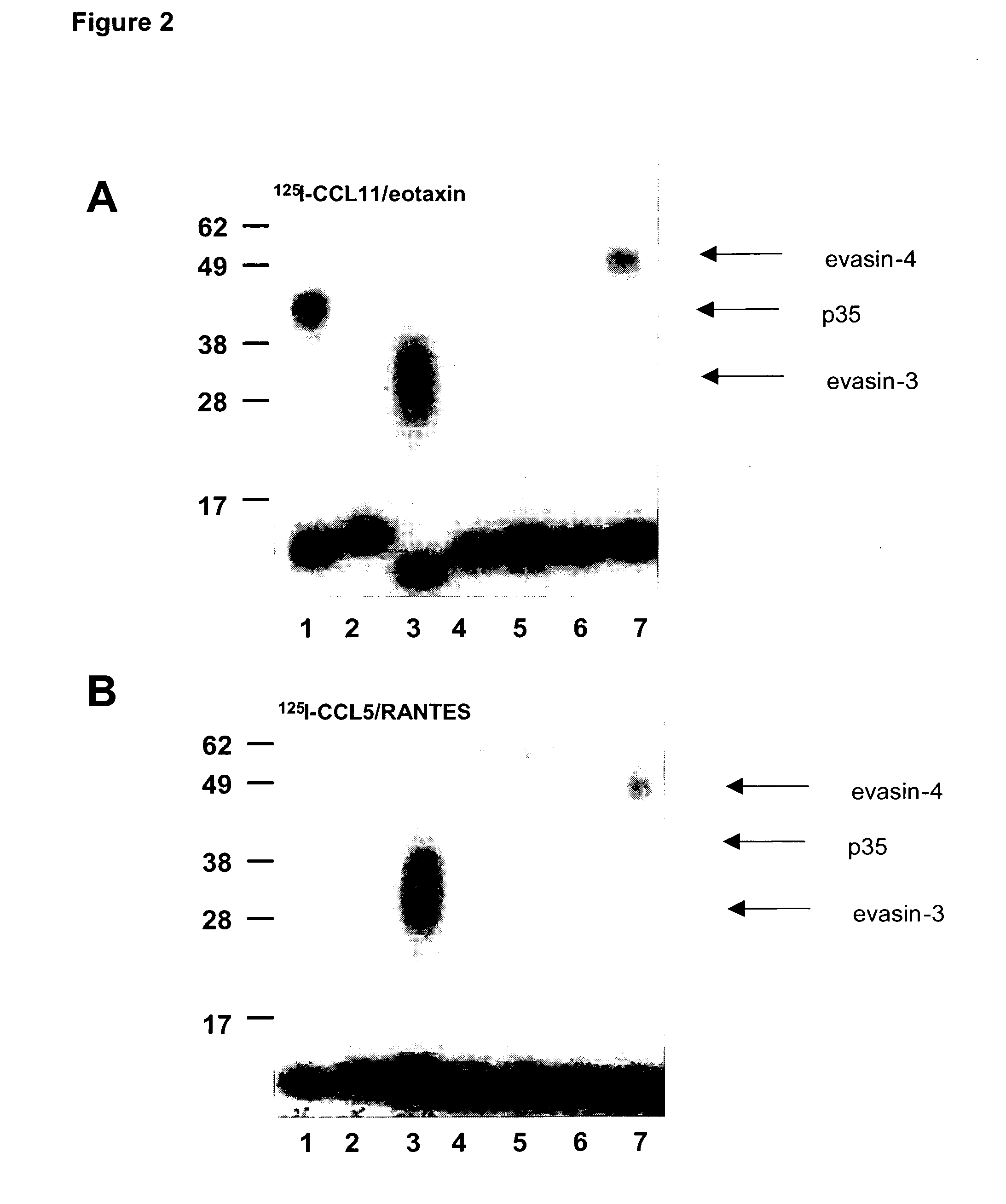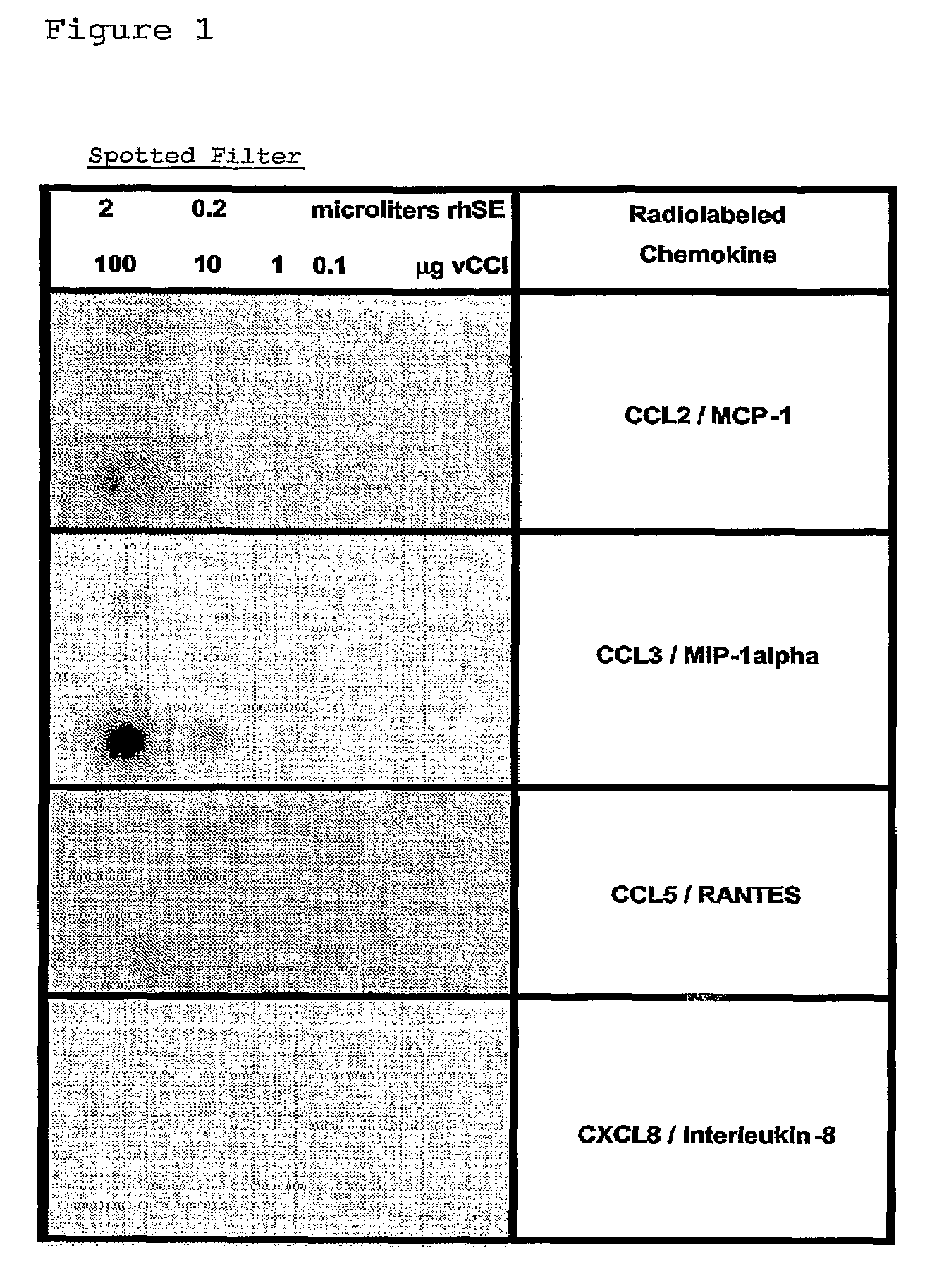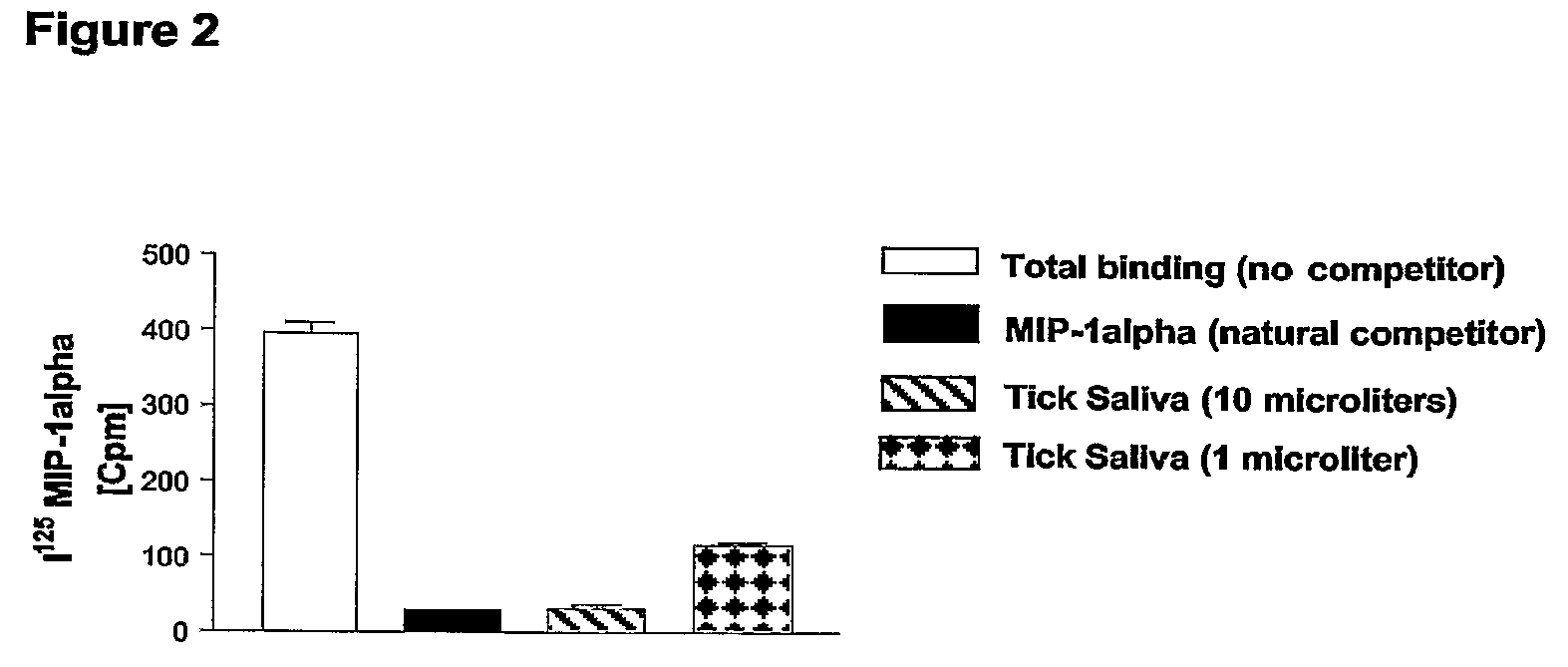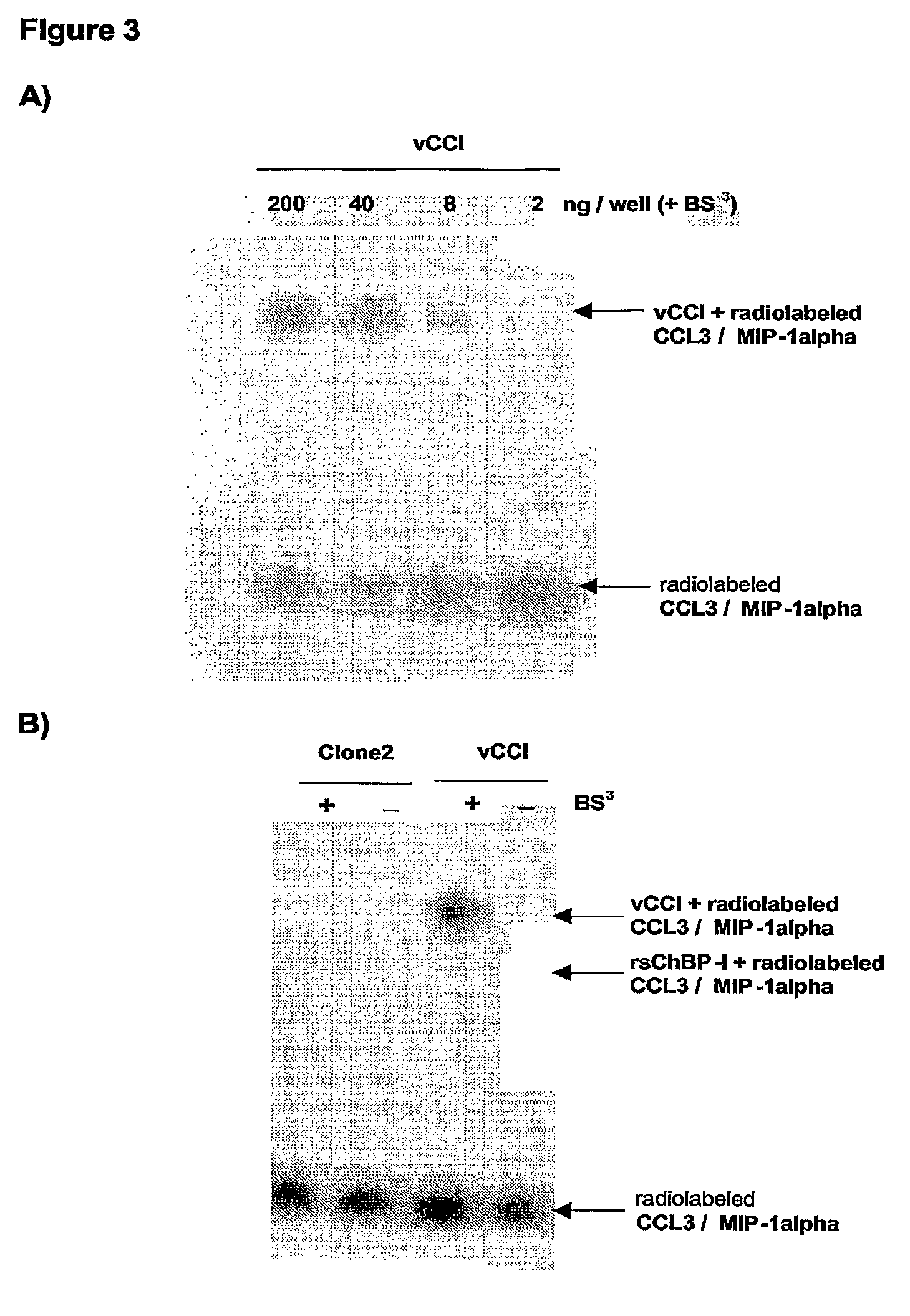Patents
Literature
Hiro is an intelligent assistant for R&D personnel, combined with Patent DNA, to facilitate innovative research.
39 results about "Chemokine binding" patented technology
Efficacy Topic
Property
Owner
Technical Advancement
Application Domain
Technology Topic
Technology Field Word
Patent Country/Region
Patent Type
Patent Status
Application Year
Inventor
Interacting selectively and non-covalently with a chemokine. Chemokines are a family of small chemotactic cytokines; their name is derived from their ability to induce directed chemotaxis in nearby responsive cells. All chemokines possess a number of conserved cysteine residues involved in intramolecular disulfide bond formation. Some chemokines are considered pro-inflammatory and can be induced during an immune response to recruit cells of the immune system to a site of infection, while others are considered homeostatic and are involved in controlling the migration of cells during normal processes of tissue maintenance or development. Chemokines are found in all vertebrates, some viruses and some bacteria. [GOC:ai, GOC:BHF, GOC:rl, http://en.wikipedia.org/wiki/Chemokine, PMID:12183377]
Drug delivery systems, kits, and methods for administering zotarolimus and paclitaxel to blood vessel lumens
A system and compositions including zotarolimus and paclitaxel are disclosed, as well as methods of delivery, wherein the drugs have effects that complement each other. Medical devices are disclosed which include supporting structures that include at least one pharmaceutically acceptable carrier or excipient, which carrier or excipient can include one or more therapeutic agents or substances, with the carrier including at least one coating on the surface thereof, and the coating associated with the therapeutic substances, such as, for example, drugs. Supporting structures for the medical devices that are suitable for use in this invention include, but are not limited to, coronary stents, peripheral stents, catheters, arterio-venous grafts, by-pass grafts, and drug delivery balloons used in the vasculature. These compositions and systems can be used in combination with other drugs, including anti-proliferative agents, anti-platelet agents, anti-inflammatory agents, anti-thrombotic agents, cytotoxic drugs, agents that inhibit cytokine or chemokine binding, cell de-differentiation inhibitors, anti-lipaedemic agents, matrix metalloproteinase inhibitors, cytostatic drugs, or combinations of these and other drugs.
Owner:ABBOTT LAB INC
Compositions and methods of administering rapamycin analogs using medical devices for long-term efficacy
Systems and compositions comprising zotarolimus that are safer, more effective and produce less inflammation than rapamycin and paclitaxel systems are disclosed. Medical devices comprising supporting structures capable of containing or supporting a pharmaceutically acceptable carrier or excipient, which carrier or excipient can contain one or more therapeutic agents or substances, with the carrier including a coating on the surface thereof, and the coating having the therapeutic compounds, including, for example, drugs. Supporting structures for the medical devices that are suitable for use in this invention include coronary stents, peripheral stents, catheters, arterio-venous grafts, by-pass grafts, and drug delivery balloons used in the vasculature. These compositions and systems can be used in combination with other drugs, including anti-proliferative agents, anti-platelet agents, anti-inflammatory agents, anti-thrombotic agents, cytotoxic drugs, agents that inhibit cytokine or chemokine binding, cell de-differentiation inhibitors, anti-lipaedemic agents, matrix metalloproteinase inhibitors, cytostatic drugs, or combinations of these and other drugs.
Owner:ABBOTT LAB INC
Compositions, systems, and kits for administering zotarolimus and paclitaxel to blood vessel lumens
A system and compositions including zotarolimus and paclitaxel are disclosed, as well as methods of delivery, wherein the drugs have effects that complement each other. Medical devices are disclosed which include supporting structures that include at least one pharmaceutically acceptable carrier or excipient, which carrier or excipient can include one or more therapeutic agents or substances, with the carrier including at least one coating on the surface thereof, and the coating associated with the therapeutic substances, such as, for example, drugs. Supporting structures for the medical devices that are suitable for use in this invention include, but are not limited to, coronary stents, peripheral stents, catheters, arterio-venous grafts, by-pass grafts, and drug delivery balloons used in the vasculature. These compositions and systems can be used in combination with other drugs, including anti-proliferative agents, anti-platelet agents, anti-inflammatory agents, anti-thrombotic agents, cytotoxic drugs, agents that inhibit cytokine or chemokine binding, cell de-differentiation inhibitors, anti-lipaedemic agents, matrix metalloproteinase inhibitors, cytostatic drugs, or combinations of these and other drugs.
Owner:ABBOTT LAB INC
Methods of administering rapamycin analogs with anti-inflammatories using medical devices
A medical device comprising a supporting structure capable of including or supporting a pharmaceutically acceptable carrier or excipient, which carrier or excipient may include one or more therapeutic agents or substances, with the carrier including a coating on the surface thereof, and the coating including the therapeutic substances, such as, for example, drugs. Supporting structures for the medical devices that are suitable for use in this invention include, but are not limited to, coronary stents, peripheral stents, catheters, arterio-venous grafts, by-pass grafts, and drug delivery balloons used in the vasculature. Drugs that are suitable for use in this invention include, but are not limited to, This drug can be used in combination with another drug including those selected from anti-proliferative agents, anti-platelet agents, anti-inflammatory agents, anti-thrombotic agents, cytotoxic drugs, agents that inhibit cytokine or chemokine binding, cell de-differentiation inhibitors, anti-lipaedemic agents, matrix metalloproteinase inhibitors, cytostatic drugs, or combinations of these drugs.
Owner:ABBOTT LAB INC
Medical devices containing rapamycin analogs
InactiveUS20050175660A1Reduce restenosisReduce restenosis rateBiocideOrganic chemistryTherapeutic effectAnti platelet
A medical device comprising a supporting structure capable of containing or supporting a pharmaceutically acceptable carrier or excipient, which carrier or excipient may contain one or more therapeutic agents or substances, with the carrier preferably including a coating on the surface thereof, and the coating containing the therapeutic substances, such as, for example, drugs. Supporting structures for the medical devices that are suitable for use in this invention include, but are not limited to, coronary stents, peripheral stents, catheters, arterio-venous grafts, by-pass grafts, and drug delivery balloons used in the vasculature. Drugs that are suitable for use in this invention include, but are not limited to, This drug can be used in combination with another drug including those selected from anti-proliferative agents, anti-platelet agents, anti-inflammatory agents, anti-thrombotic agents, cytotoxic drugs, agents that inhibit cytokine or chemokine binding, cell de-differentiation inhibitors, anti-lipaedemic agents, matrix metalloproteinase inhibitors, cytostatic drugs, or combinations of these drugs.
Owner:ABBOTT LAB INC
Device having hydration inhibitor
InactiveUS20060171984A1Reduce probabilityReduces restenosis in vasculatureBiocideHydroxy compound active ingredientsBeta-CaroteneDepressant
Medical devices comprising an interventional component for delivering multiple beneficial agents in which a hydration inhibitor controls release of at least one beneficial agent from the device. The hydration inhibitor is relatively less hydrophilic than the beneficial agent and preferably is a drug. Suitable beneficial agents include (I) dexamethasone, estradiol, anti-proliferative agents, anti-platelet agents, anti-inflammatory agents, anti-thrombotic agents, cytotoxic drugs, agents that inhibit cytokine or chemokine binding, cell de-differentiation inhibitors, anti-lipacdemic agents, matrix metalloproteinase inhibitors, cytostatic drugs, or combinations of these drugs, radiopaque markers, beta-carotene, tocopherols, tocotrienols, and antioxidants
Owner:ABBOTT LAB INC
Compositions, systems, kits, and methods of administering rapamycin analogs with paclitaxel using medical devices
A system and compositions including zotarolimus and paclitaxel are disclosed, as well as methods of delivery, wherein the drugs have effects that complement each other. Medical devices are disclosed which include supporting structures that include at least one pharmaceutically acceptable carrier or excipient, which carrier or excipient can include one or more therapeutic agents or substances, with the carrier including at least one coating on the surface thereof, and the coating associated with the therapeutic substances, such as, for example, drugs. Supporting structures for the medical devices that are suitable for use in this invention include, but are not limited to, coronary stents, peripheral stents, catheters, arterio-venous grafts, by-pass grafts, and drug delivery balloons used in the vasculature. These compositions and systems can be used in combination with other drugs, including anti-proliferative agents, anti-platelet agents, anti-inflammatory agents, anti-thrombotic agents, cytotoxic drugs, agents that inhibit cytokine or chemokine binding, cell de-differentiation inhibitors, anti-lipaedemic agents, matrix metalloproteinase inhibitors, cytostatic drugs, or combinations of these and other drugs.
Owner:ABBOTT LAB INC
Methods of administering tetrazole-containing rapamycin analogs with other therapeutic substances using medical devices
InactiveUS7399480B2Reduce probabilityReduces restenosis in vasculatureBiocideOrganic chemistryAnti plateletCytostatic drugs
A medical device comprising a supporting structure capable of containing or supporting a pharmaceutically acceptable carrier or excipient, which carrier or excipient may contain one or more therapeutic agents or substances, with the carrier preferably including a coating on the surface thereof, and the coating containing the therapeutic substances, such as, for example, drugs. Supporting structures for the medical devices that are suitable for use in this invention include, but are not limited to, coronary stents, peripheral stents, catheters, arterio-venous grafts, by-pass grafts, and drug delivery balloons used in the vasculature. Drugs that are suitable for use in this invention include, but are not limited to,This drug can be used in combination with another drug including those selected from anti-proliferative agents, anti-platelet agents, anti-inflammatory agents, anti-thrombotic agents, cytotoxic drugs, agents that inhibit cytokine or chemokine binding, cell de-differentiation inhibitors, anti-lipaedemic agents, matrix metalloproteinase inhibitors, cytostatic drugs, or combinations of these drugs.
Owner:ABBOTT LAB INC
Compositions and methods of administering paclitaxel with other drugs using medical devices
Systems and compositions comprising paclitaxel and a second drug, such as rapamycin, analogs, derivatives, salts and esters thereof are disclosed, as well as methods of delivery wherein the drugs have effects that complement each other. Medical devices comprising supporting structures capable of including or supporting a pharmaceutically acceptable carrier or excipient, which carrier or excipient can contain one or more therapeutic agents or substances, with the carrier preferably including a coating on the surface thereof, and the coating including the therapeutic substances, such as, for example, drugs. Supporting structures for the medical devices that are suitable for use in this invention include coronary stents, peripheral stents, catheters, arterio-venous grafts, by-pass grafts, and drug delivery balloons used in the vasculature. These compositions and systems can be used in combination with other drugs, including anti-proliferative agents, anti-platelet agents, anti-inflammatory agents, anti-thrombotic agents, cytotoxic drugs, agents that inhibit cytokine or chemokine binding, cell de-differentiation inhibitors, anti-lipaedemic agents, matrix metalloproteinase inhibitors, cytostatic drugs, or combinations of these and other drugs.
Owner:ABBOTT LAB INC
Chemokine-binding heterocyclic compound salts, and methods of use thereof
ActiveUS7723525B2Dose accuracy is particularly importantSmall water absorptionBiocideSenses disorderStereochemistryChemokine binding
The present invention relates to chemokine-binding heterocyclic compound salts, methods of use thereof, and methods for preparing the same.
Owner:GENZYME CORP
Medical devices containing rapamycin analogs
InactiveUS20060198870A1Reduce probabilityReduces restenosis in vasculatureBiocideAntimycoticsAnti plateletAntiproliferative Agents
A medical device comprising a supporting structure having a coating on the surface thereof, the coating containing a therapeutic substance, such as, for example, a drug. Supporting structures for the medical devices that are suitable for use in this invention include, but are not limited to, coronary stents, peripheral stents, catheters, arterio-venous grafts, by-pass grafts, and drug delivery balloons used in the vasculature. Drugs that are suitable for use in this invention include, but are not limited to, This drug can be used in combination with a drug selected from anti-proliferative agents, anti-platelet agents, anti-inflammatory agents, anti-thrombotic agents, cytotoxic drugs, agents that inhibit cytokine or chemokine binding, cell de-differentiation inhibitors, cytostatic drugs, or combinations of these drugs.
Owner:ABBOTT LAB INC
Compositions, systems, kits, and methods of administering rapamycin analogs with paclitaxel using medical devices
A system and compositions including zotarolimus and paclitaxel are disclosed, as well as methods of delivery, wherein the drugs have effects that complement each other. Medical devices are disclosed which include supporting structures that include at least one pharmaceutically acceptable carrier or excipient, which carrier or excipient can include one or more therapeutic agents or substances, with the carrier including at least one coating on the surface thereof, and the coating associated with the therapeutic substances, such as, for example, drugs. Supporting structures for the medical devices that are suitable for use in this invention include, but are not limited to, coronary stents, peripheral stents, catheters, arterio-venous grafts, by-pass grafts, and drug delivery balloons used in the vasculature. These compositions and systems can be used in combination with other drugs, including anti-proliferative agents, anti-platelet agents, anti-inflammatory agents, anti-thrombotic agents, cytotoxic drugs, agents that inhibit cytokine or chemokine binding, cell de-differentiation inhibitors, anti-lipaedemic agents, matrix metalloproteinase inhibitors, cytostatic drugs, or combinations of these and other drugs.
Owner:ABBOTT LAB INC
Medical Devices Containing Rapamycin Analogs
InactiveUS20080145402A1Reduce probabilityReduces restenosis in vasculatureBiocideSurgeryAnti plateletAntiproliferative Agents
A medical device comprises a supporting structure capable of containing or supporting a pharmaceutically acceptable carrier or excipient, which carrier or excipient may contain one or more therapeutic agents or substances, with the carrier preferably including a coating on the surface thereof, and the coating containing the therapeutic substances, such as, for example, drugs. Supporting structures for the medical devices that are suitable for use in this invention include, but are not limited to, coronary stents, peripheral stents, catheters, arterio-venous grafts, by-pass grafts, and drug delivery balloons used in the vasculature. Drugs that are suitable for use in this invention include, but are not limited to drugs of Formula (I). The drugs of Formula (I) can be used in combination with another drug including those selected from anti-proliferative agents, anti-platelet agents, anti-inflammatory agents, anti-thrombotic agents, cytotoxic drugs, agents that inhibit cytokine or chemokine binding, cell de-differentiation inhibitors, anti-lipaedemic agents, matrix metalloproteinase inhibitors, cytostatic drugs, or combinations of these drugs.
Owner:ABBOTT LAB INC
Compositions, systems, kits, and methods of administering rapamycin analogs with paclitaxel using medical devices
A system and compositions including zotarolimus and paclitaxel are disclosed, as well as methods of delivery, wherein the drugs have effects that complement each other. Medical devices are disclosed which include supporting structures that include at least one pharmaceutically acceptable carrier or excipient, which carrier or excipient can include one or more therapeutic agents or substances, with the carrier including at least one coating on the surface thereof, and the coating associated with the therapeutic substances, such as, for example, drugs. Supporting structures for the medical devices that are suitable for use in this invention include, but are not limited to, coronary stents, peripheral stents, catheters, arterio-venous grafts, by-pass grafts, and drug delivery balloons used in the vasculature. These compositions and systems can be used in combination with other drugs, including anti-proliferative agents, anti-platelet agents, anti-inflammatory agents, anti-thrombotic agents, cytotoxic drugs, agents that inhibit cytokine or chemokine binding, cell de-differentiation inhibitors, anti-lipaedemic agents, matrix metalloproteinase inhibitors, cytostatic drugs, or combinations of these and other drugs.
Owner:ABBOTT LAB INC
Medical Devices Containing Rapamycin Analogs
InactiveUS20080153790A1Reduce probabilityReduces restenosis in vasculatureBiocideAntimycoticsAnti plateletCytostatic drugs
A medical device comprises a supporting structure capable of containing or supporting a pharmaceutically acceptable carrier or excipient, which carrier or excipient may contain one or more therapeutic agents or substances, with the carrier preferably including a coating on the surface thereof, and the coating containing the therapeutic substances, such as, for example, drugs. Supporting structures for the medical devices that are suitable for use in this invention include, but are not limited to, coronary stents, peripheral stents, catheters, arterio-venous grafts, by-pass grafts, and drug delivery balloons used in the vasculature. Drugs that are suitable for use in this invention include, but are not limited to drugs of Formula (I). The drugs of Formula (I) can be used in combination with another drug including those selected from anti-proliferative agents, anti-platelet agents, anti-inflammatory agents, anti-thrombotic agents, cytotoxic drugs, agents that inhibit cytokine or chemokine binding, cell de-differentiation inhibitors, cytostatic drugs, or combinations of these drugs.
Owner:ABBOTT LAB INC
Activity of THAP-family chemokine-binding domains
InactiveUS20060240016A1Relieve symptomsPeptide/protein ingredientsAntibody mimetics/scaffoldsBinding domainChemokine binding
Described herein are chemokine-binding domains of THAP-family polypeptides and pharmaceutical compositions which include a polypeptide comprising a chemokine-binding domain of a THAP-family polypeptide. Also disclosed are methods of binding chemokines, inhibiting the activity of chemokines, detecting chemokines, and reducing the symptoms associated with a chemokine mediated or influenced condition by contacting the chemokine with an agent that includes a polypeptide comprising a chemokine binding domain of a THAP-family polypeptide.
Owner:AGUILAR LUC +2
Chemokine-binding heterocyclic compound salts, and methods of use thereof
ActiveUS20060069122A1Small water absorptionStable storageBiocideSenses disorderStereochemistryChemokine binding
The present invention relates to chemokine-binding heterocyclic compound salts, methods of use thereof, and methods for preparing the same.
Owner:GENZYME CORP
Methods of administering rapamycin analogs with anti-inflammatories using medical devices
Owner:ABBOTT LAB INC
Methods of inhibiting chemokine binding to chemokine receptors
InactiveUS7488717B2Modulate effectImprove bindingBiocideAntipyreticBiological interactionChemokine receptor binding
Novel peptides or peptidomimetic agents or small molecules for modulating the biological effect of a chemokine. According to the present invention, the therapeutic agents preferably are endowed with the capacity to bind to certain chemokines in order to modulate the biological interaction between the target ligand, chemokine, and the respective target receptor, chemokine receptor. These peptides may be described as agonist ligands or antagonists. Next, preferably certain peptides share consensus sequences are described which characterize the families or categories of these modulator peptides.
Owner:BIOKINE THERAPEUTICS LTD
Chemokine-binding protein and methods of use
InactiveUS20050208584A1Relieve symptomsNervous disorderPeptide/protein ingredientsBinding domainChemokine activity
Described herein are chemokine-binding domains of THAP-family polypeptides and pharmaceutical compositions which include a polypeptide comprising a chemokine-binding domain of a THAP-family polypeptide. Also disclosed are methods of binding chemokines, inhibiting the activity of chemokines, detecting chemokines, and reducing the symptoms associated with a chemokine mediated or influenced condition by contacting the chemokine with an agent that includes a polypeptide comprising a chemokine binding domain of a THAP-family polypeptide.
Owner:ENDOCUBE +1
Antikine antibodies that bind to multiple CC chemokines
An antikine antibody binds to two, three, four, five or more CC chemokines, such as RANTES / CCL5, MIP-1α / CCL3, MIP-1β / CCL4, or MCP-1 / CCL2. Methods for affinity maturation and humanization of antikine antibodies as well as the production of hybridoma cell lines producing antikine antibodies by sequential immunization are also disclosed.
Owner:VLST +1
Novel cc-chemokine antagonists
A novel CC-chemokine binding protein is isolated from the saliva of Rhipicephalus sanguineus. Compounds prepared in accordance with the present invention can be used as anti-inflammatory compounds and in the treatment or prevention of CC-chemokine-related diseases.
Owner:MERCK SERONO SA
Methods of inhibiting the PSGL-1-mediated adhesion and chemokine-mediated migration with PSGL-1-specific antibodies
The present invention is directed to antibodies and binding fragments thereof, which bind with high affinity and specificity to human P-selectin glycoprotein ligand 1 (PSGL-1) and which block both selectin and chemokine binding to PSGL-1 expressed on leukocytes, lymphocytes and endothelial cells and thus which inhibit migration and / or rolling of these cells and to methods for screening for such antibodies and binding fragments thereof and to methods of therapeutic use thereof.
Owner:TETHEREX PHARMA
Compositions and methods for the treatment of ocular diseases
Use of a polypeptide comprising a chemokine binding peptide as set forth in SEQ ID NO: 1 attached to an Fc domain or a fragment thereof is provided. The polypeptide is used in the manufacture of a medicament identified for the treatment of an ocular disease in a subject in need thereof.
Owner:BIOKINE THERAPEUTICS LTD
Chemokine-binding protein and methods of use
InactiveUS20060194287A1Relieve symptomsPeptide/protein ingredientsTissue culturePharmaceutical drugBinding domain
Described herein are chemokine-binding domains of THAP-family polypeptides and pharmaceutical compositions which include a polypeptide comprising a chemokine-binding domain of a THAP-family polypeptide. Also disclosed are methods of binding chemokines, inhibiting the activity of chemokines, detecting chemokines, and reducing the symptoms associated with a chemokine mediated or influenced condition by contacting the chemokine with an agent that includes a polypeptide comprising a chemokine binding domain of a THAP-family polypeptide.
Owner:CENT NAT DE LA RECHERCHE SCI
Methods of inhibiting chemokine binding to chemokines receptors
InactiveUS20100173848A1Improve bindingAntibacterial agentsPeptide/protein ingredientsBiological interactionChemokine Receptor Gene
Novel peptidic or peptidomimetic agents or small molecules for modulating the biological effect of a chemokine. According to the present invention, the therapeutic agents preferably are endowed with the capacity to bind to certain chemokines in order to modulate the biological interaction between the target ligand, chemokine, and the respective target receptor, chemokine receptor. These peptides may be described as agonist ligands or antagonists. Next, preferably certain peptides share consensus sequences are described which characterize the families or categories of these modulator peptides.
Owner:BIOKINE THERAPEUTICS LTD
Chemokine binding activity of viral TNF receptors and related proteins
Chemokine binding activity of viral TNF receptors and related proteins. The invention relates to a C-terminal domain (CTD) of viral tumour necrosis factor receptors (vTNFRs) CrmB or CrmD or CTD homologues (CTD1, CTD2 and CTD3) from poxvirus and their functional homologues, including derivatives, and fragments, for use in binding chemokines and their analogues and / or to enhance the immunomodulatory properties of TNFRs or in bloking binding of chemokines to their corresponding cell surface receptors and / or to modulate chemokine biological activity.
Owner:安东尼奥·阿尔卡米佩特霍
Compositions and methods of administering paclitaxel with other drugs using medical devices
Systems and compositions comprising paclitaxel and a second drug, such as rapamycin, analogs, derivatives, salts and esters thereof are disclosed, as well as methods of delivery wherein the drugs have effects that complement each other. Medical devices comprising supporting structures capable of including or supporting a pharmaceutically acceptable carrier or excipient, which carrier or excipient can contain one or more therapeutic agents or substances, with the carrier preferably including a coating on the surface thereof, and the coating including the therapeutic substances, such as, for example, drugs. Supporting structures for the medical devices that are suitable for use in this invention include coronary stents, peripheral stents, catheters, arterio-venous grafts, by-pass grafts, and drug delivery balloons used in the vasculature. These compositions and systems can be used in combination with other drugs, including anti-proliferative agents, anti-platelet agents, anti-inflammatory agents, anti-thrombotic agents, cytotoxic drugs, agents that inhibit cytokine or chemokine binding, cell de-differentiation inhibitors, anti-lipaedemic agents, matrix metalloproteinase inhibitors, cytostatic drugs, or combinations of these and other drugs.
Owner:ABBOTT LAB INC
Novel Cc-Chemokine Antagonists
A novel CC-chemokine binding protein is isolated from the saliva of Rhipicephalus sanguineus. Compounds prepared in accordance with the present invention can be used as anti-inflammatory and immunomodulatory compounds and in the treatment or prevention of CC-chemokine-related diseases.
Owner:MERCK SERONO SA
CC-chemokine binding tick proteins
A novel CC-chemokine binding protein is isolated from the saliva of Rhipicephalus sanguineus. Compounds prepared in accordance with the present invention can be used as anti-inflammatory compounds and in the treatment or prevention of CC-chemokine-related diseases.
Owner:MERCK SERONO SA
Features
- R&D
- Intellectual Property
- Life Sciences
- Materials
- Tech Scout
Why Patsnap Eureka
- Unparalleled Data Quality
- Higher Quality Content
- 60% Fewer Hallucinations
Social media
Patsnap Eureka Blog
Learn More Browse by: Latest US Patents, China's latest patents, Technical Efficacy Thesaurus, Application Domain, Technology Topic, Popular Technical Reports.
© 2025 PatSnap. All rights reserved.Legal|Privacy policy|Modern Slavery Act Transparency Statement|Sitemap|About US| Contact US: help@patsnap.com
